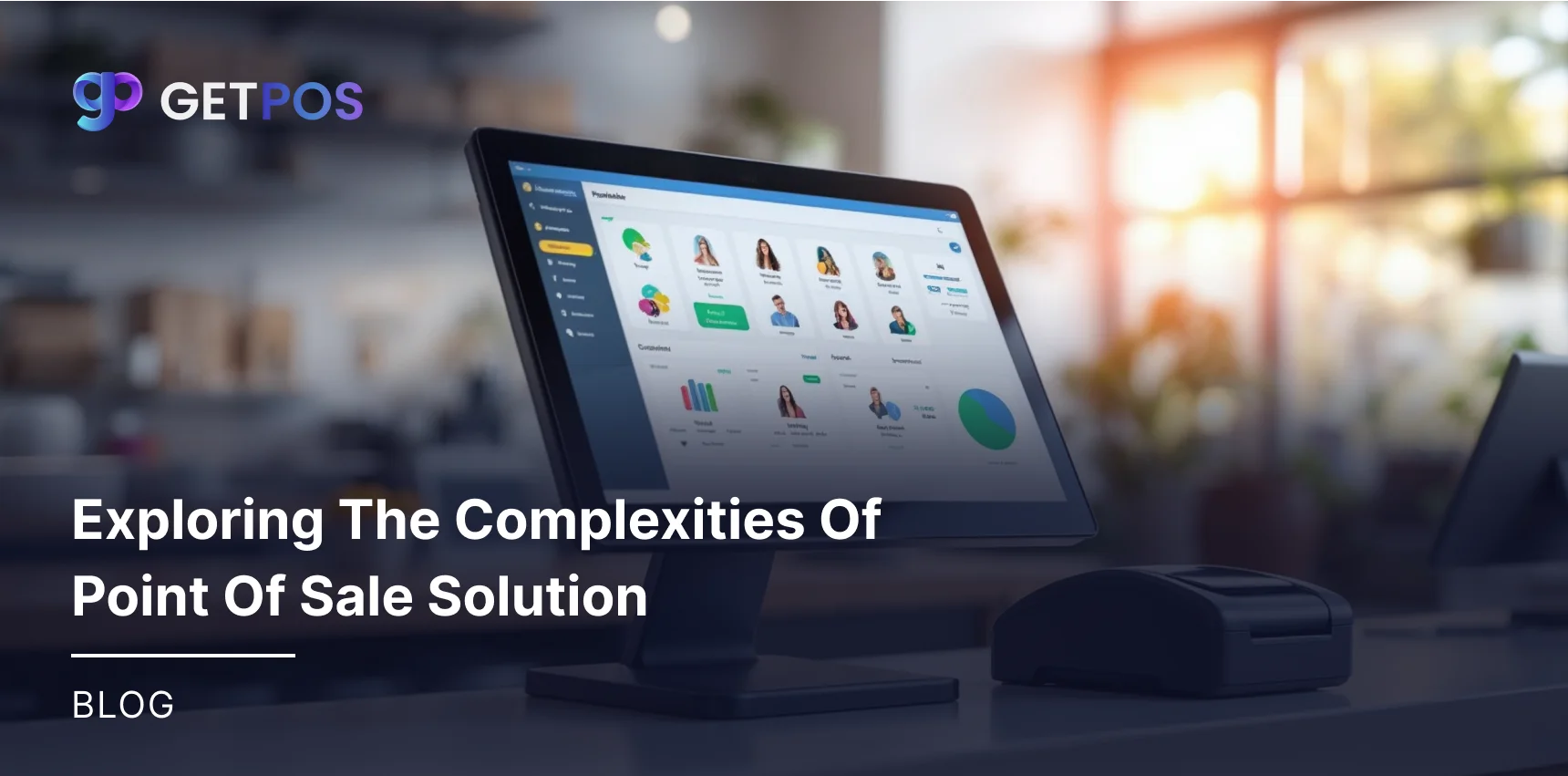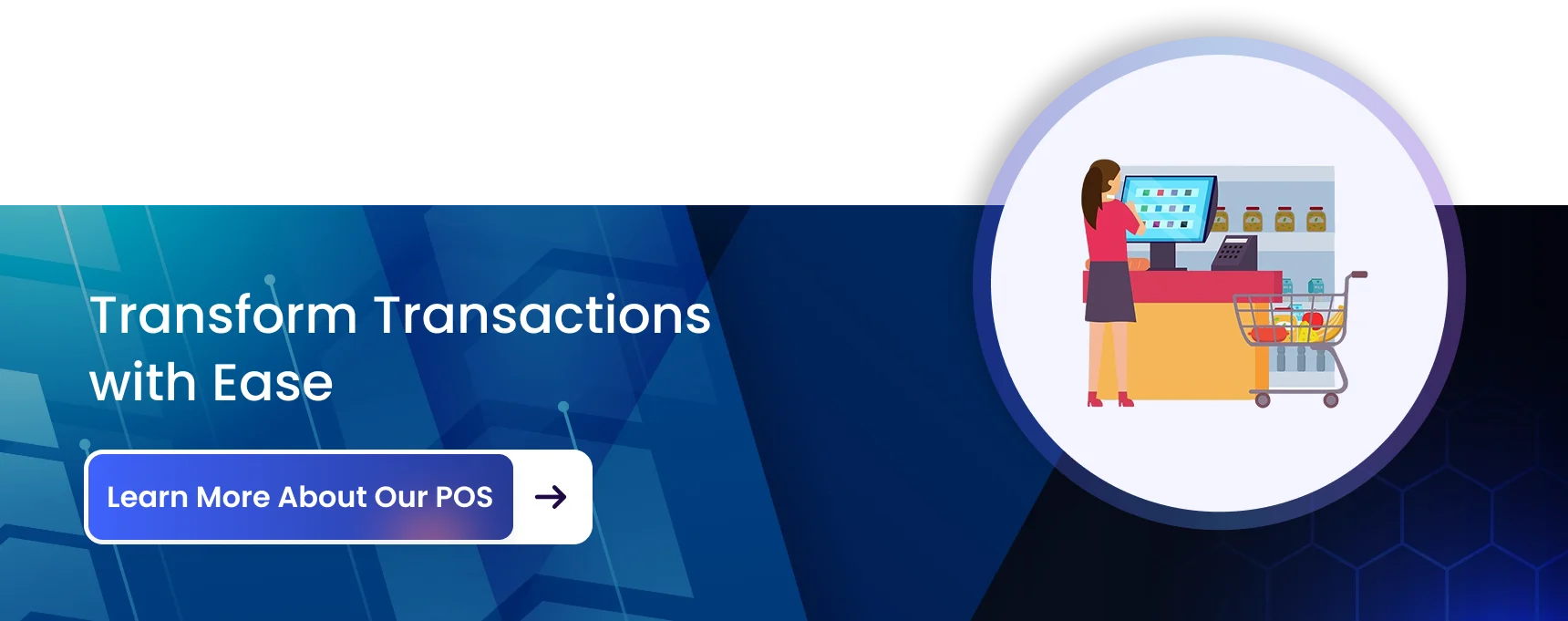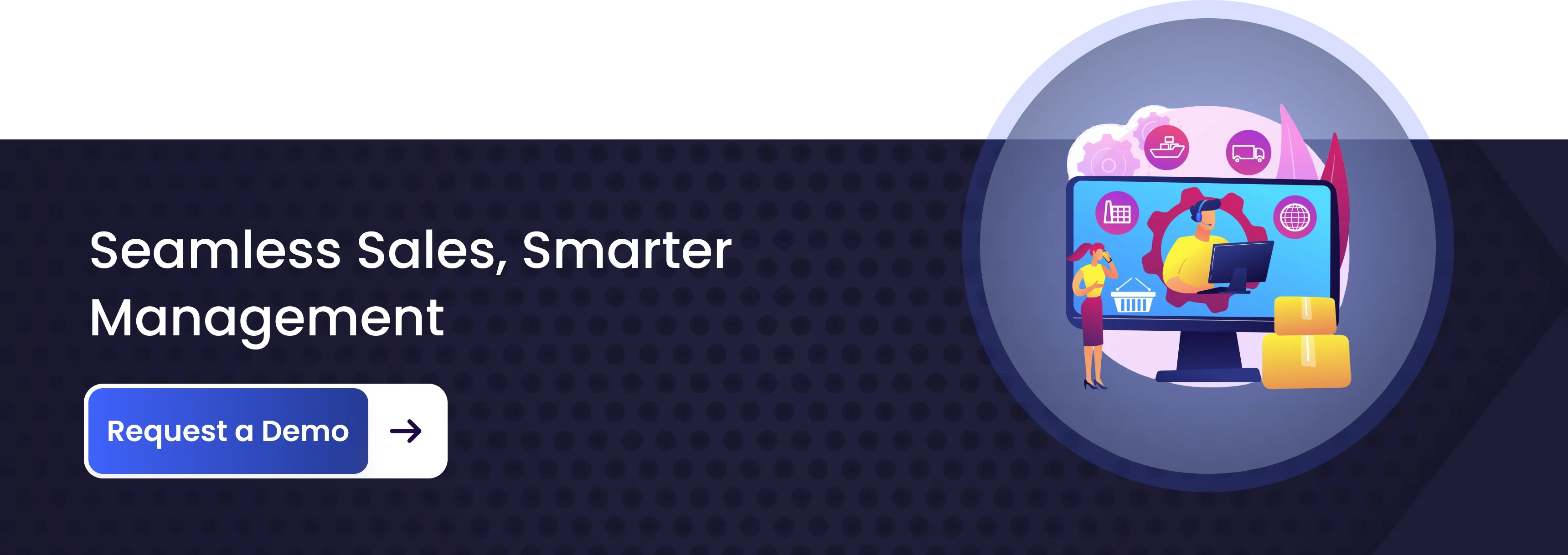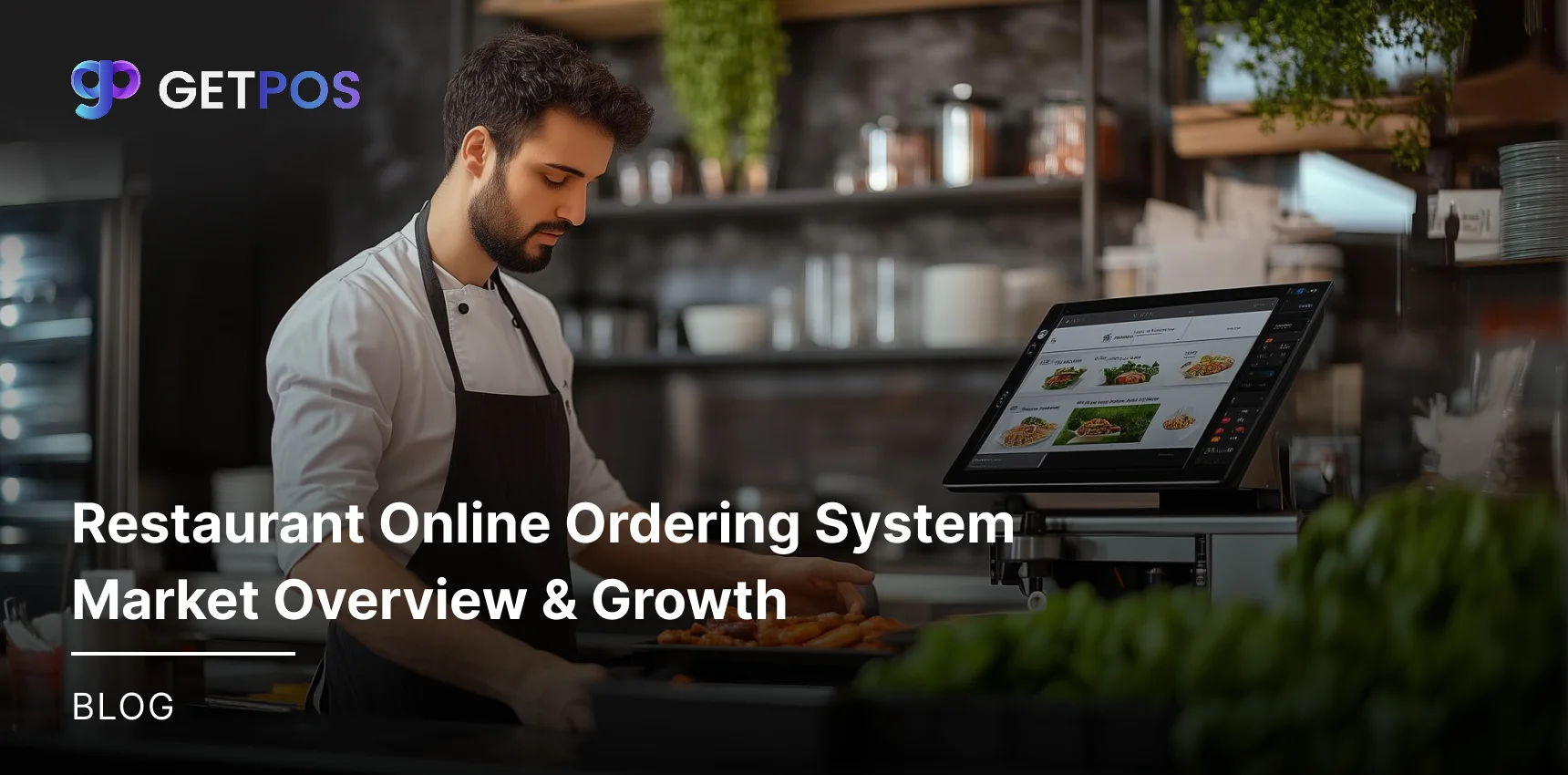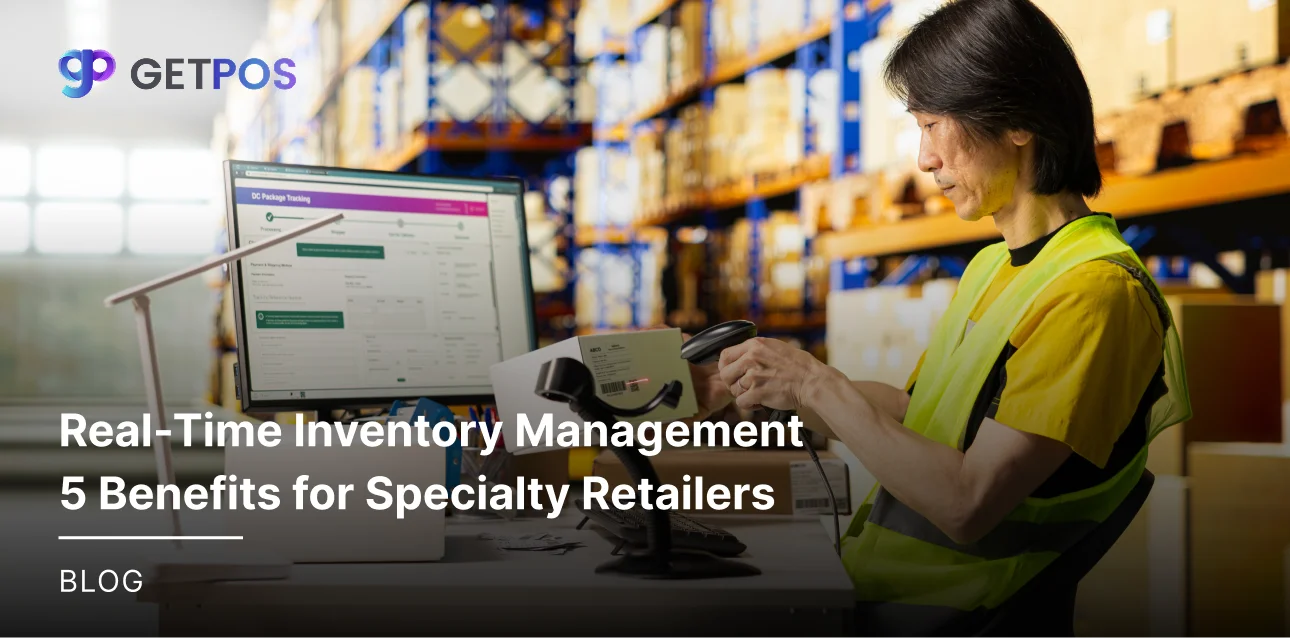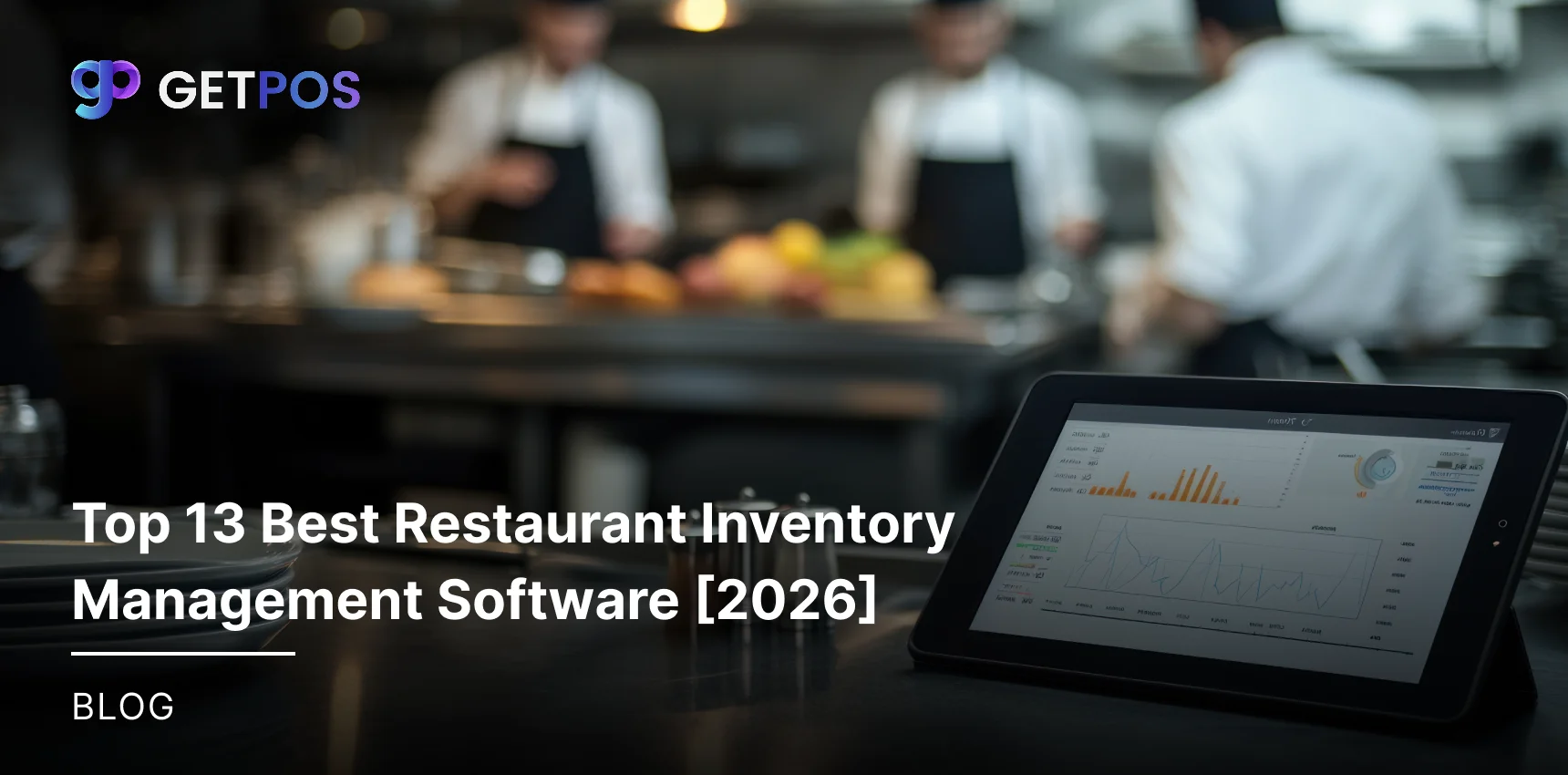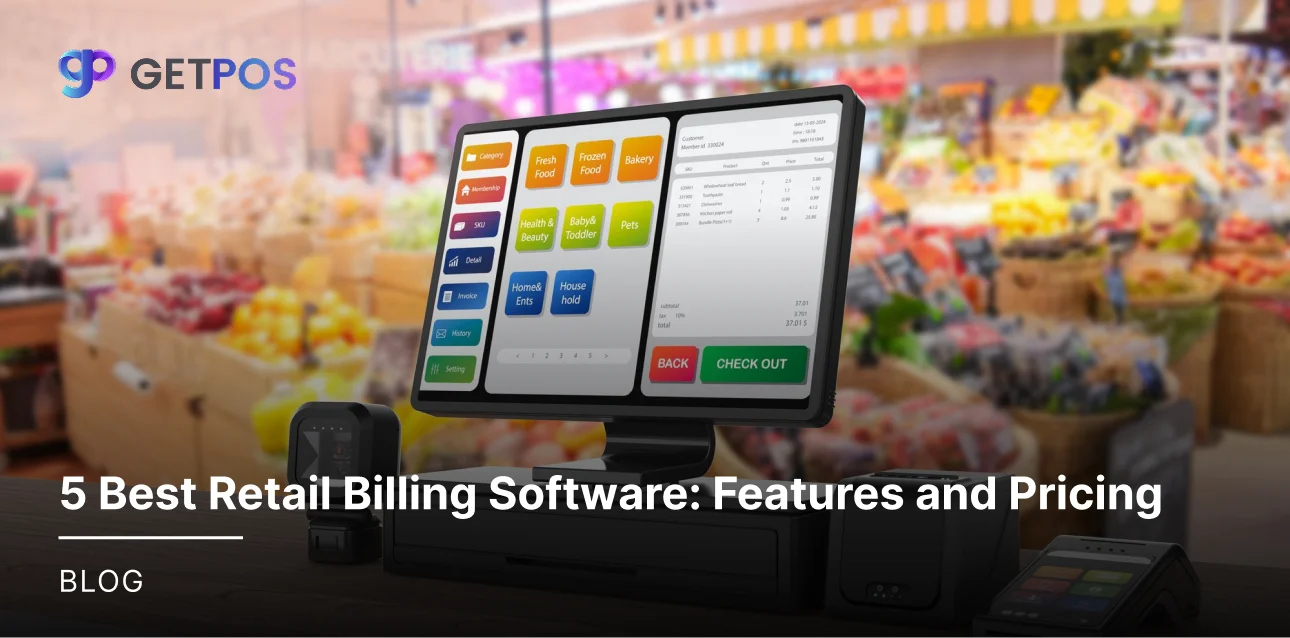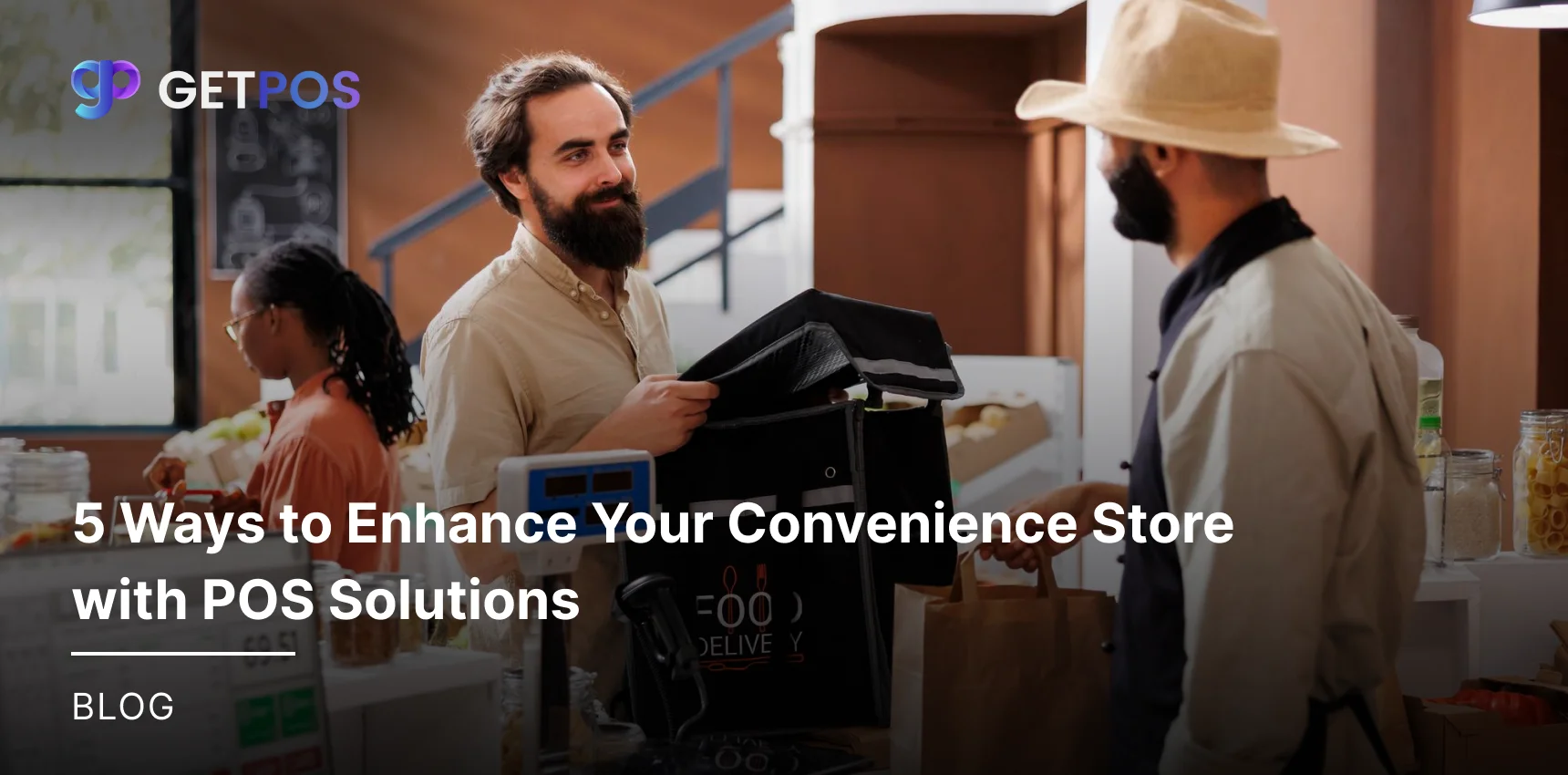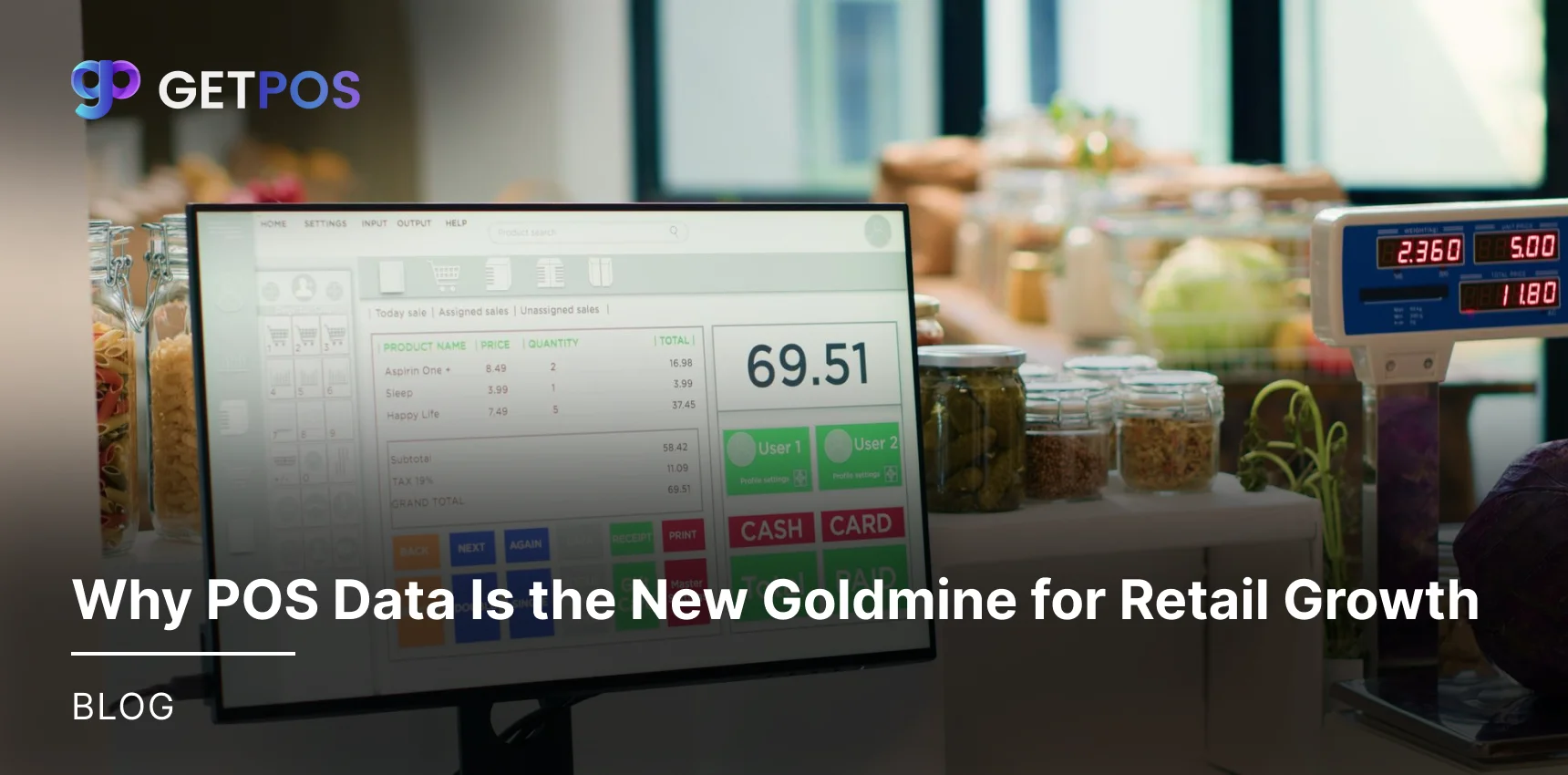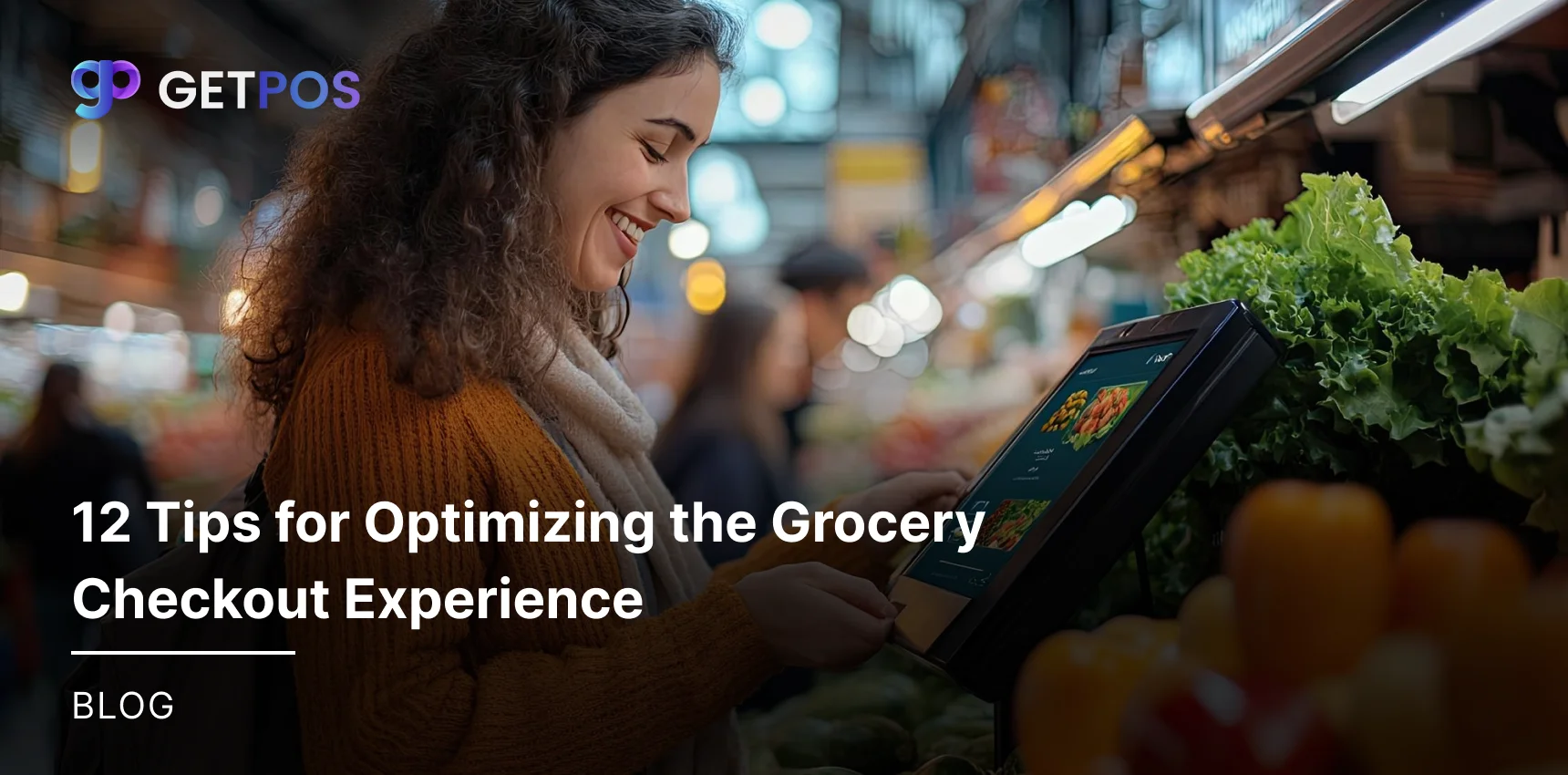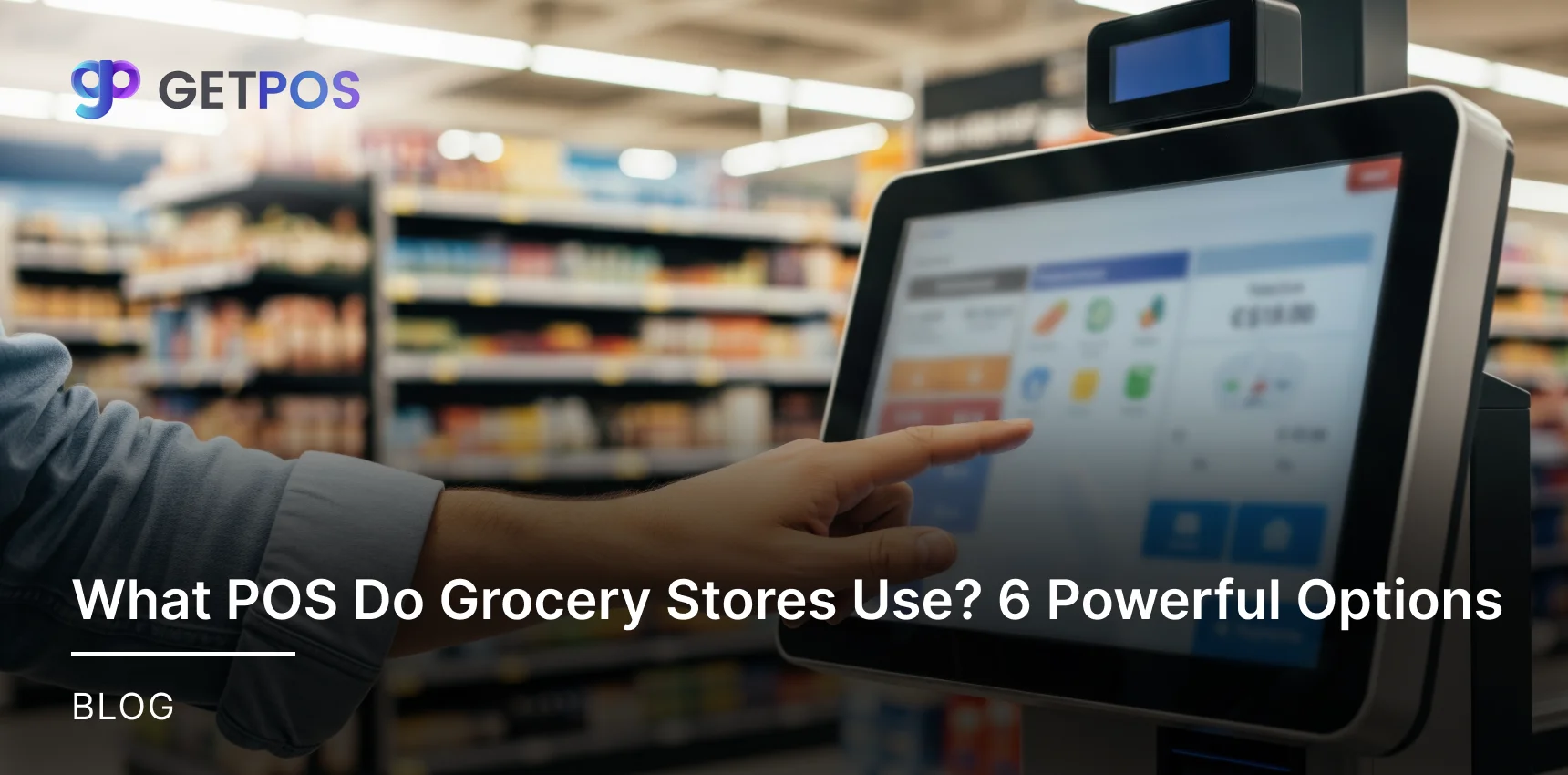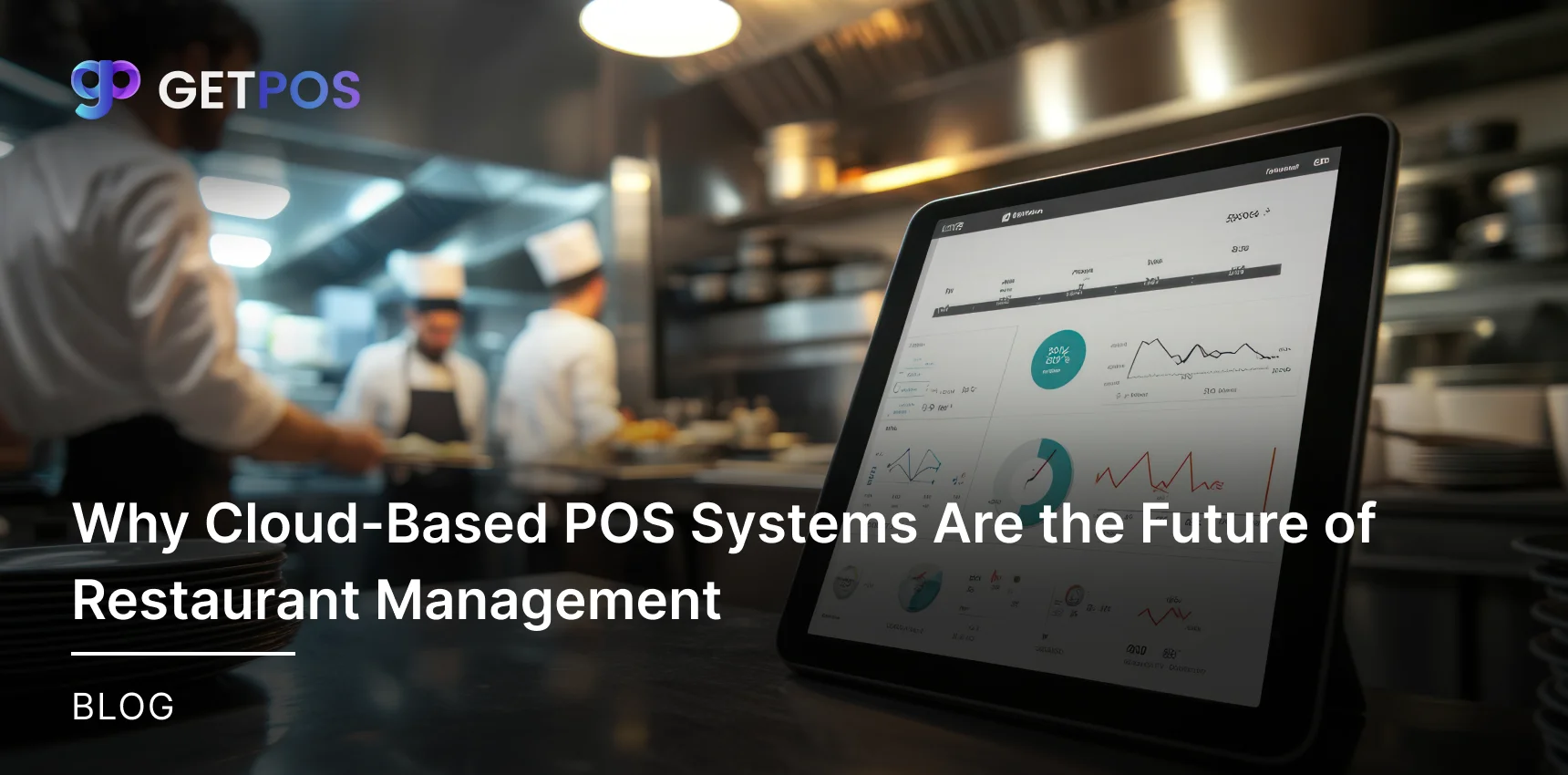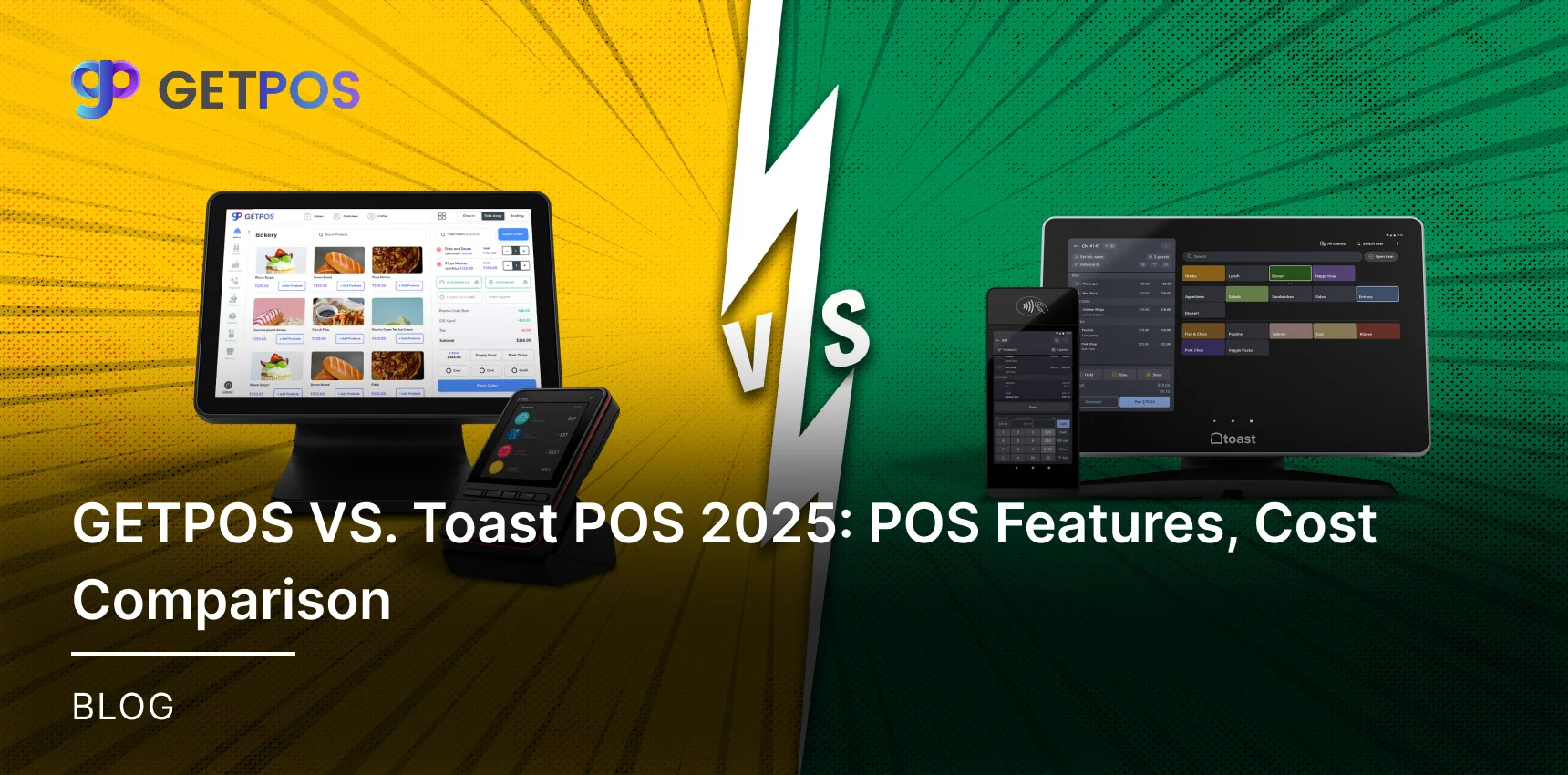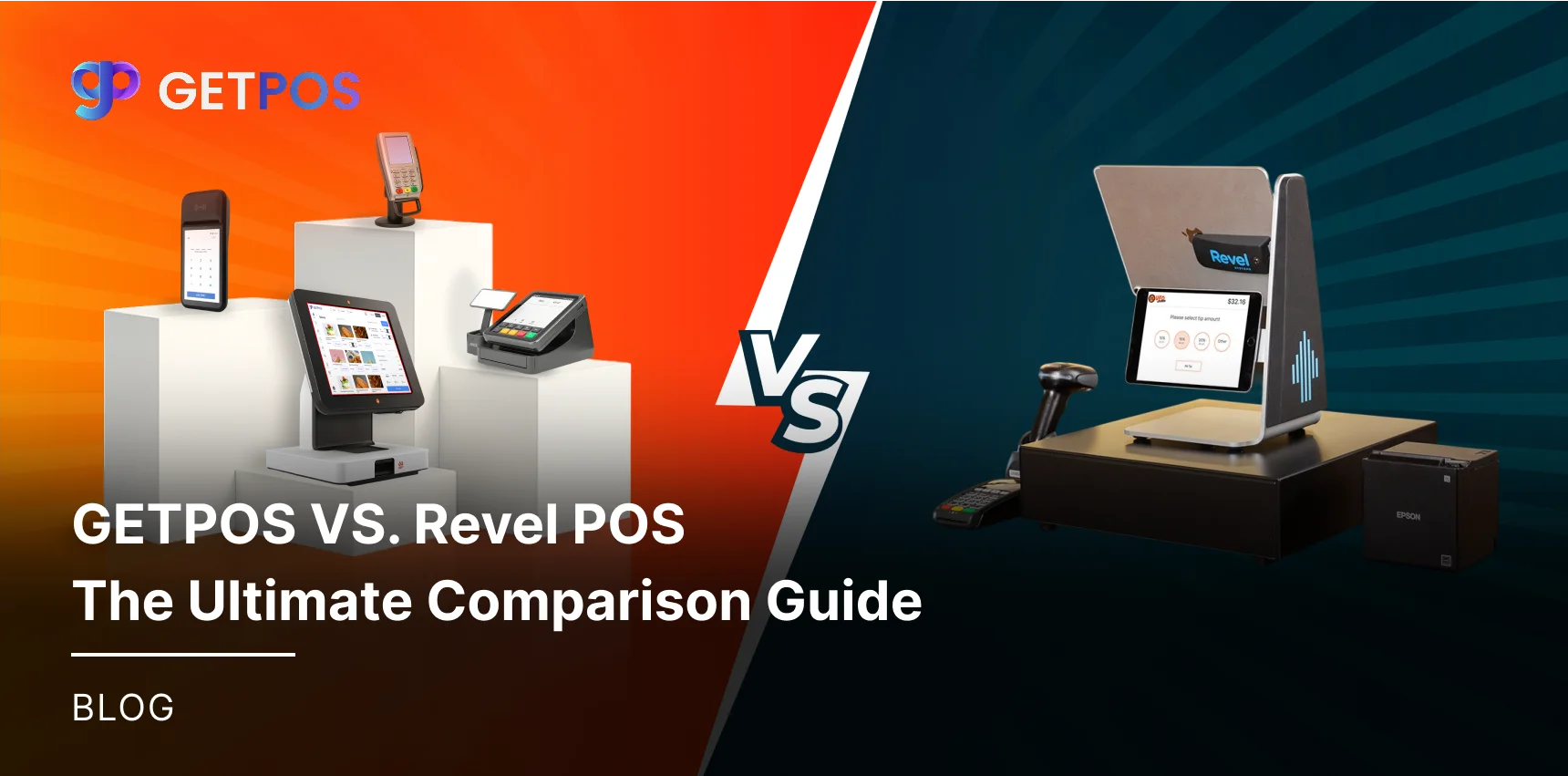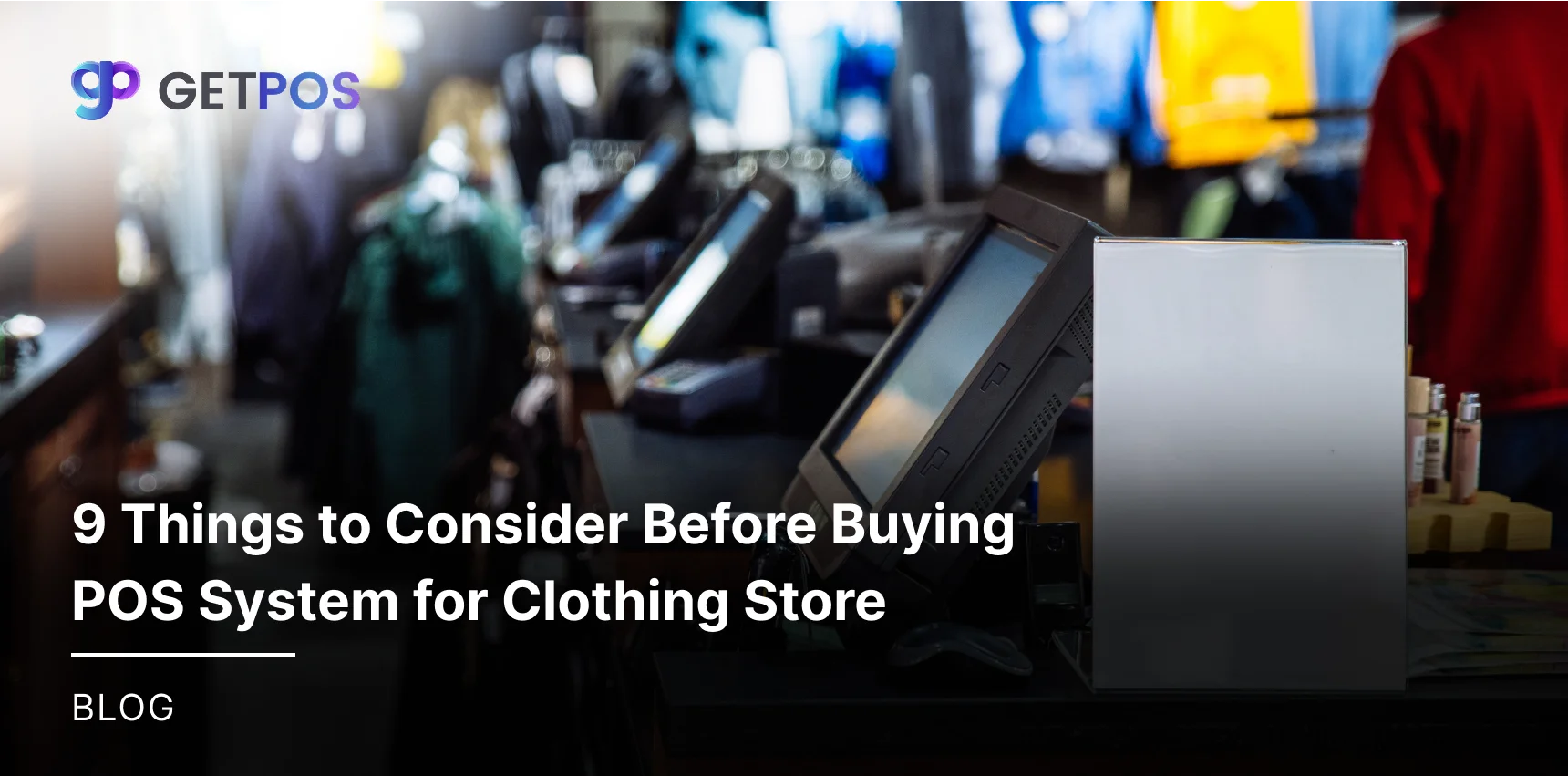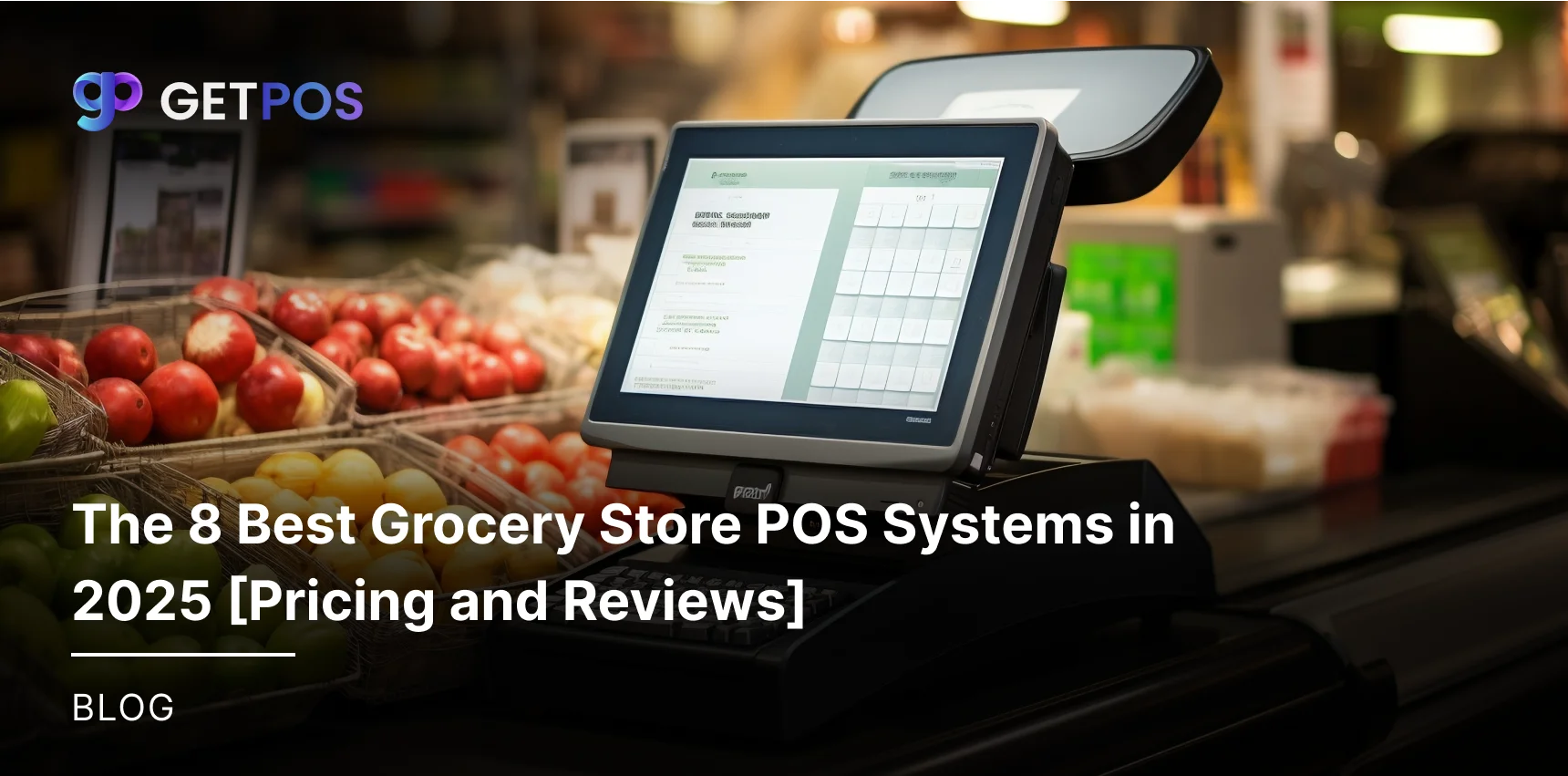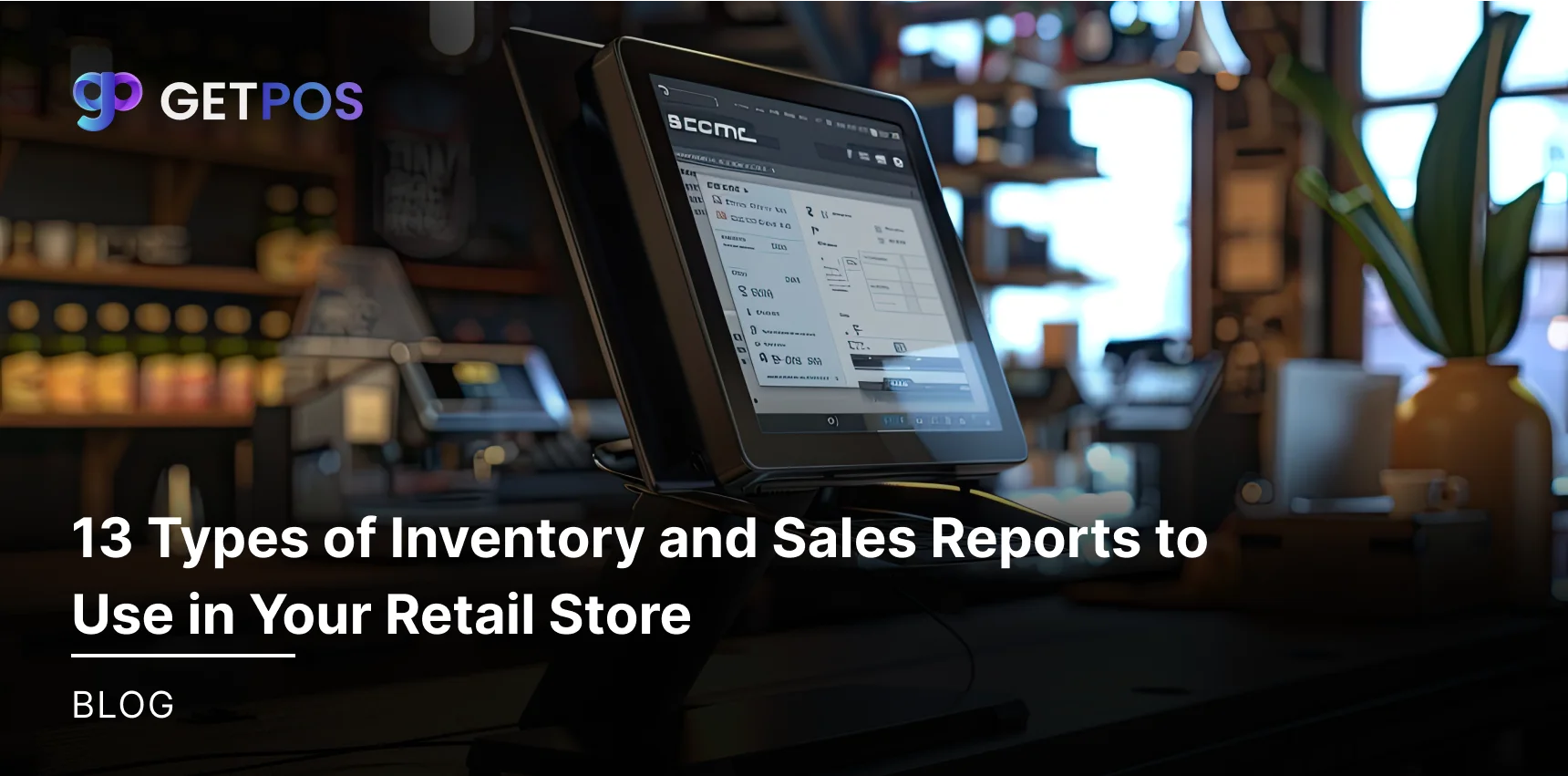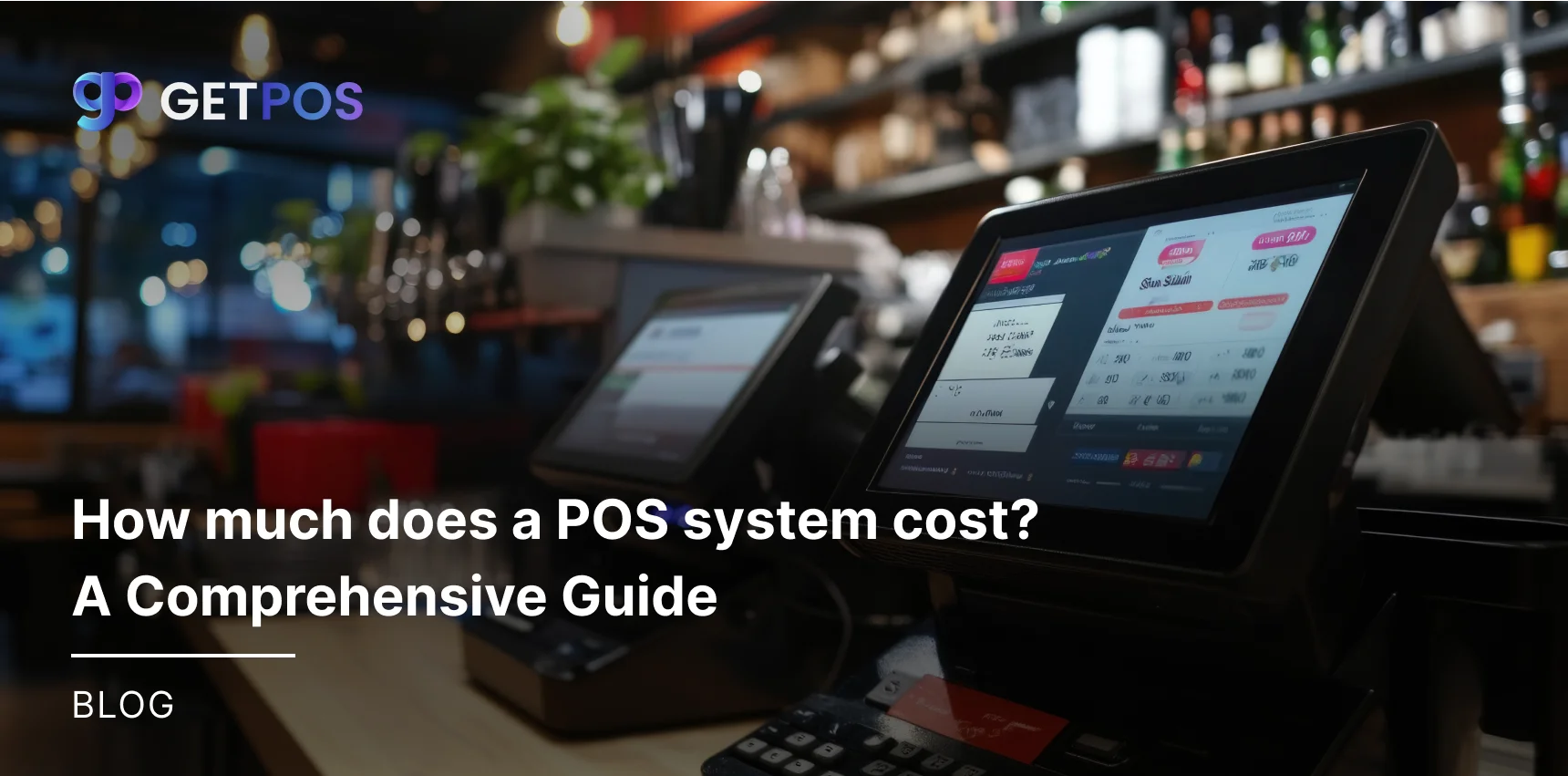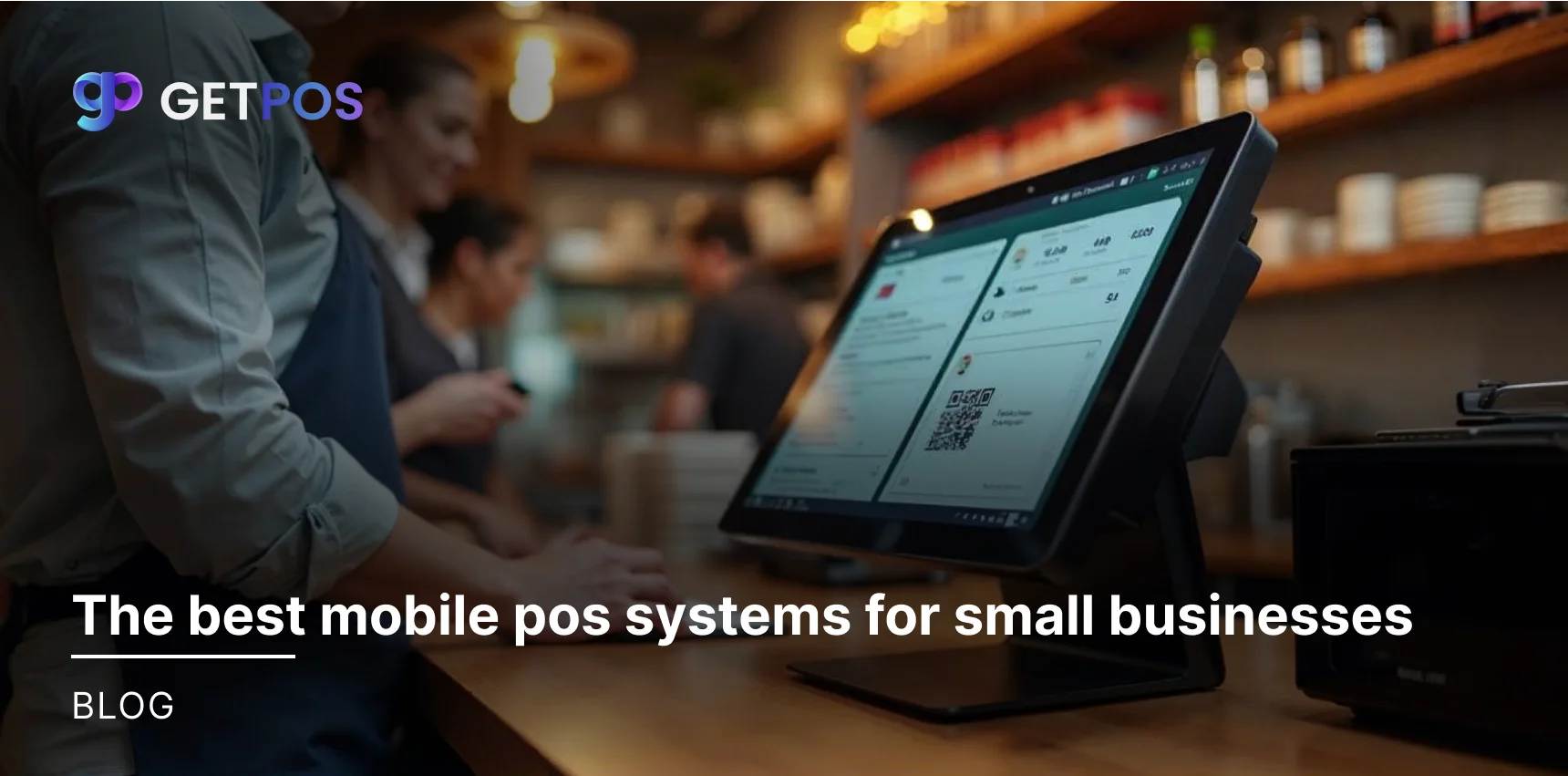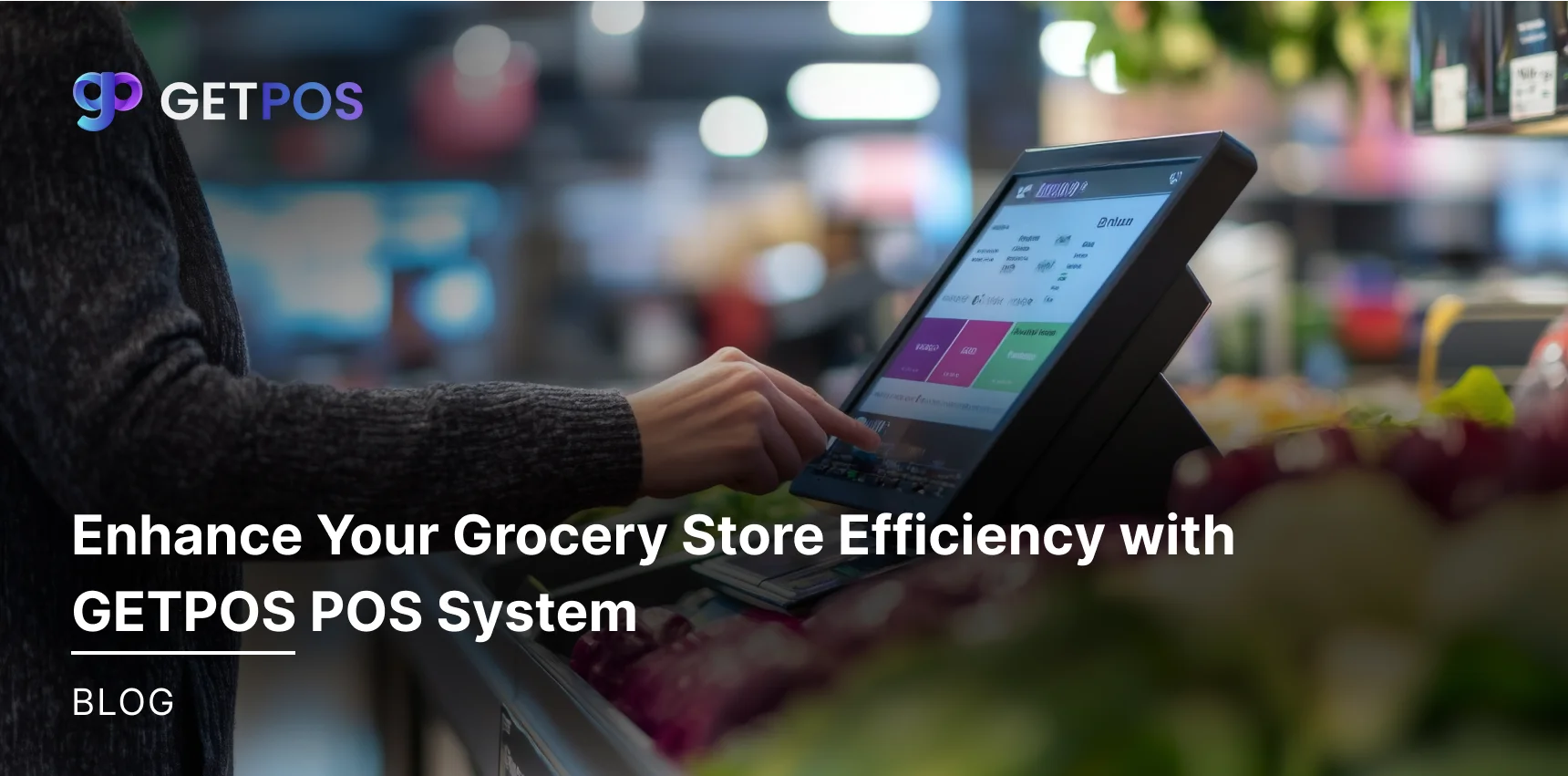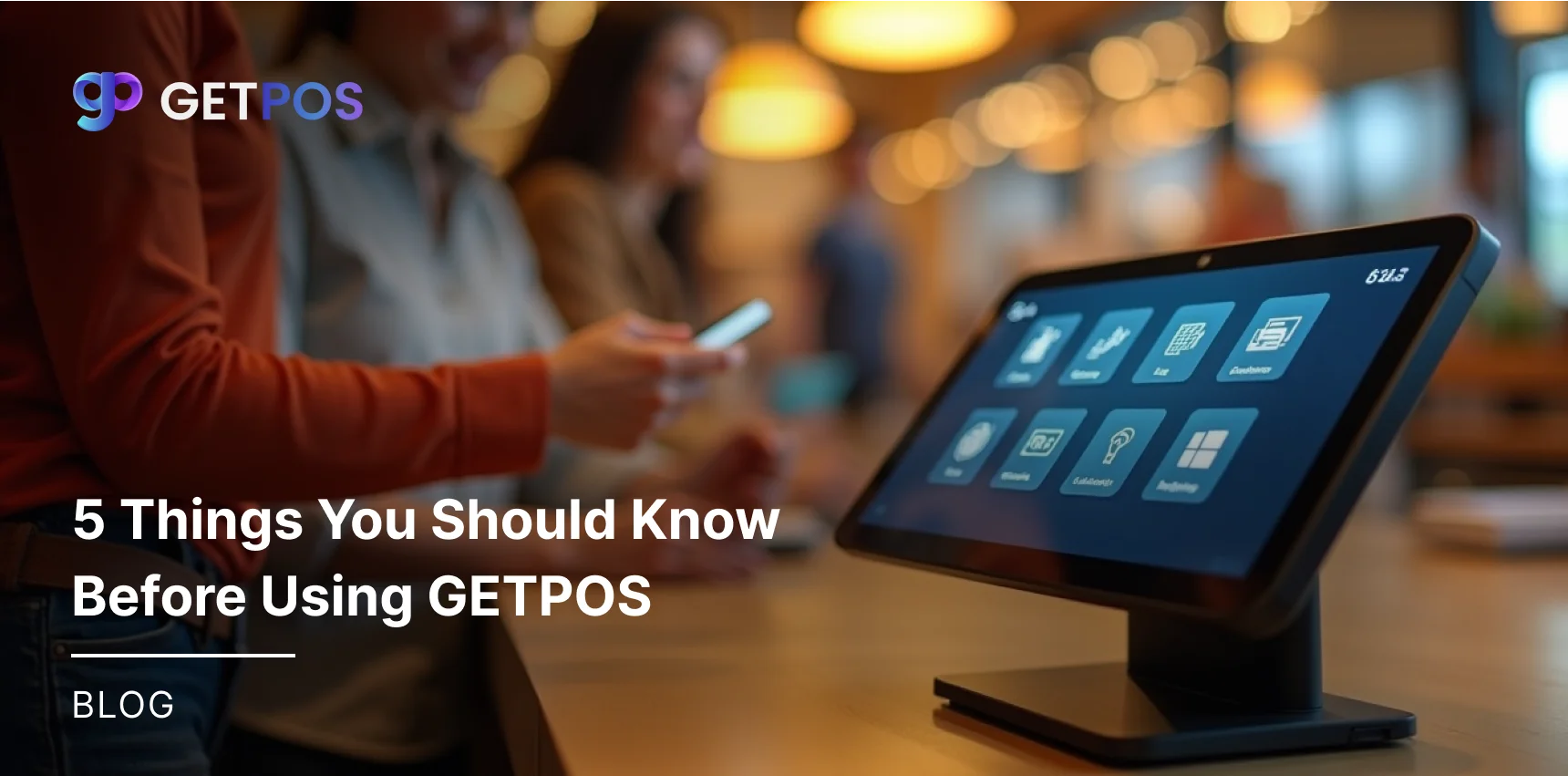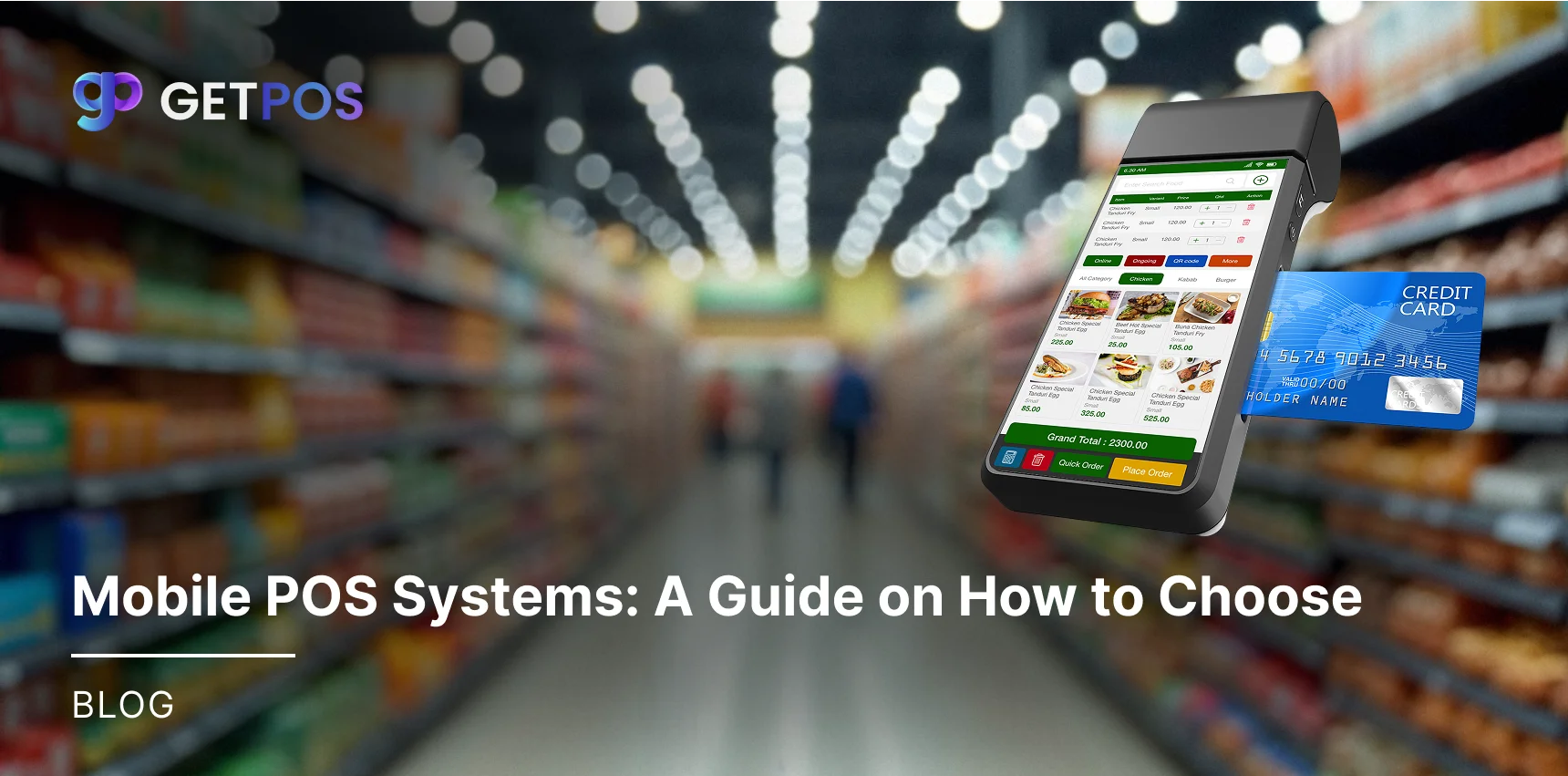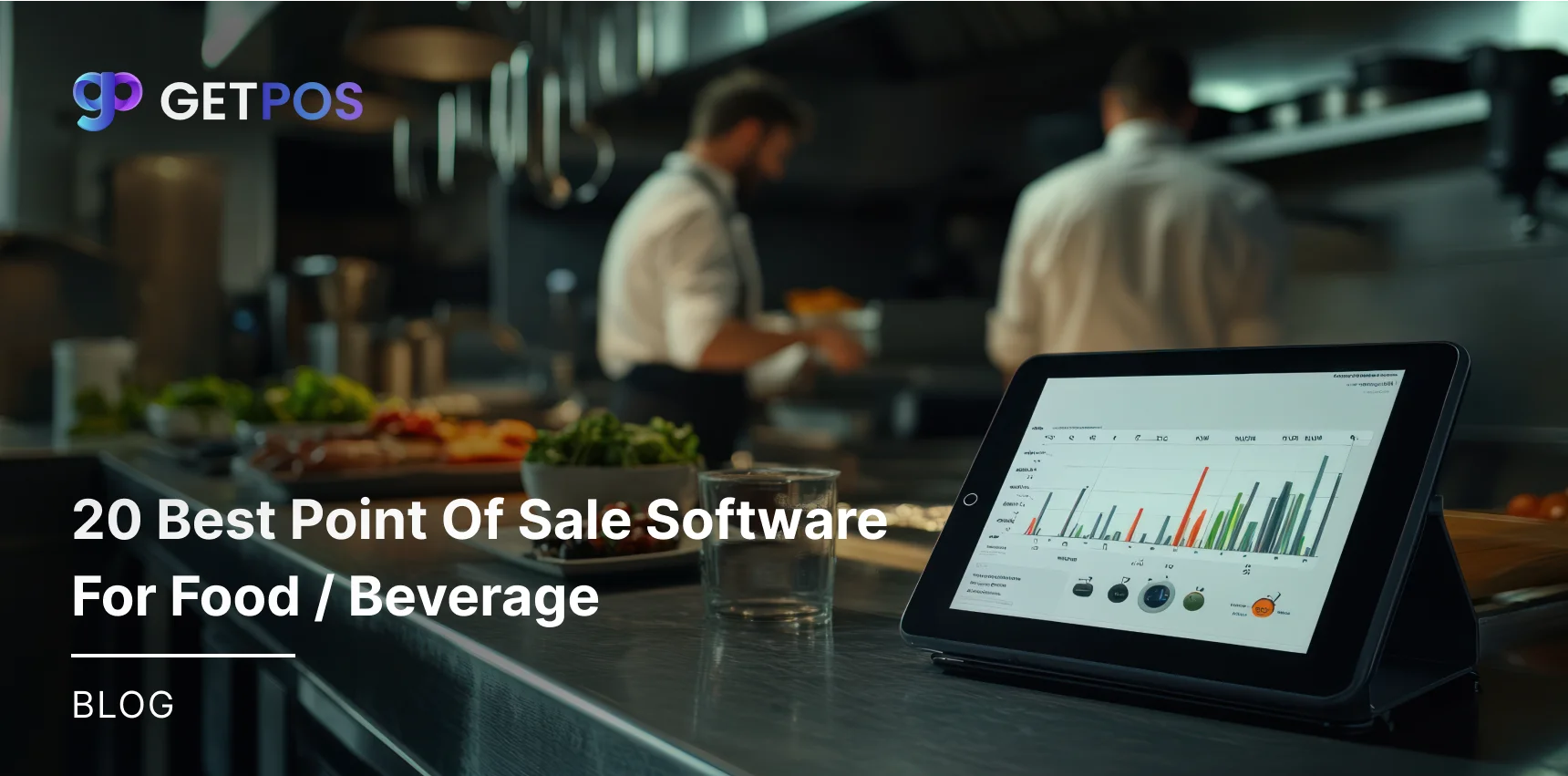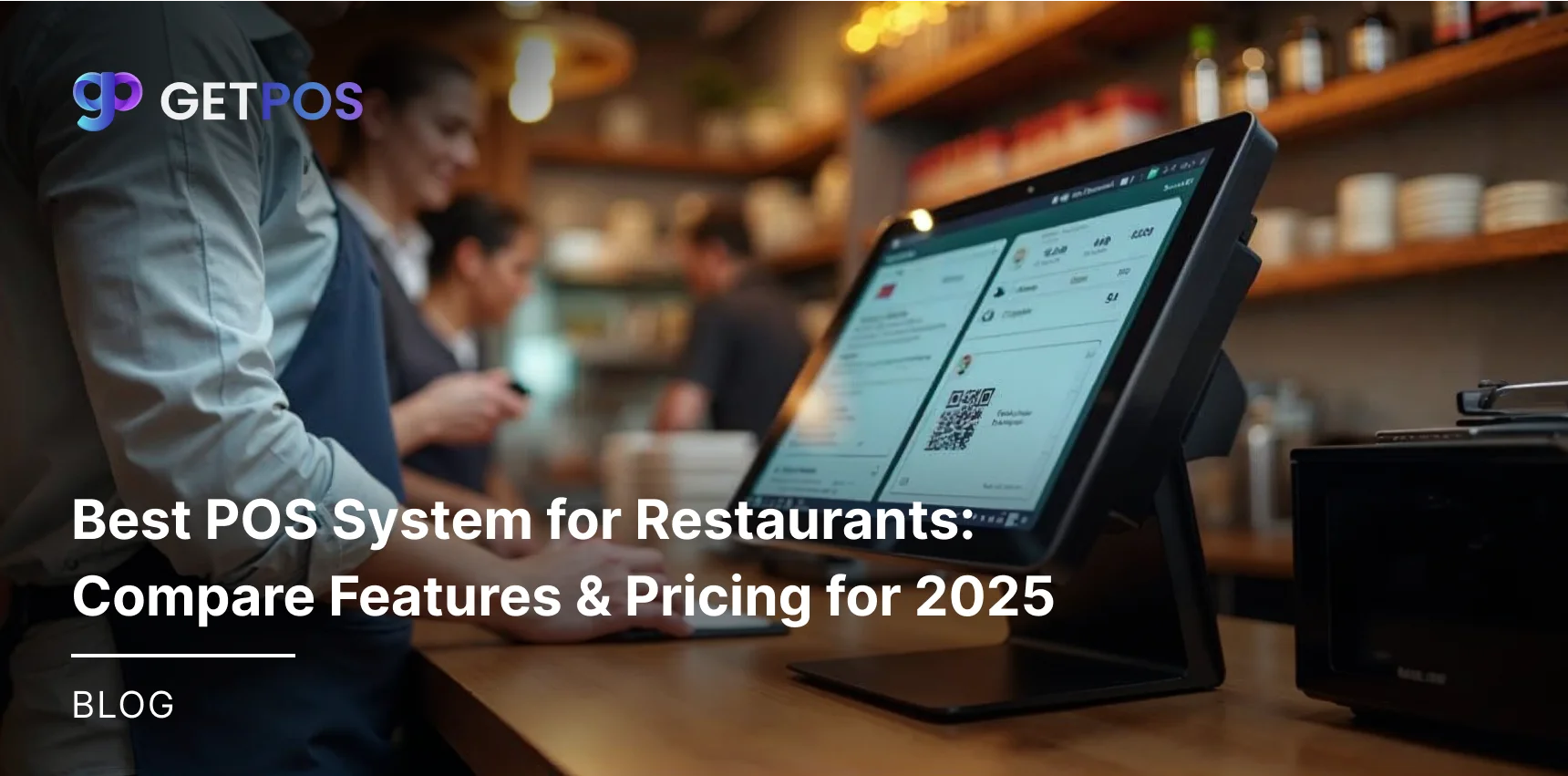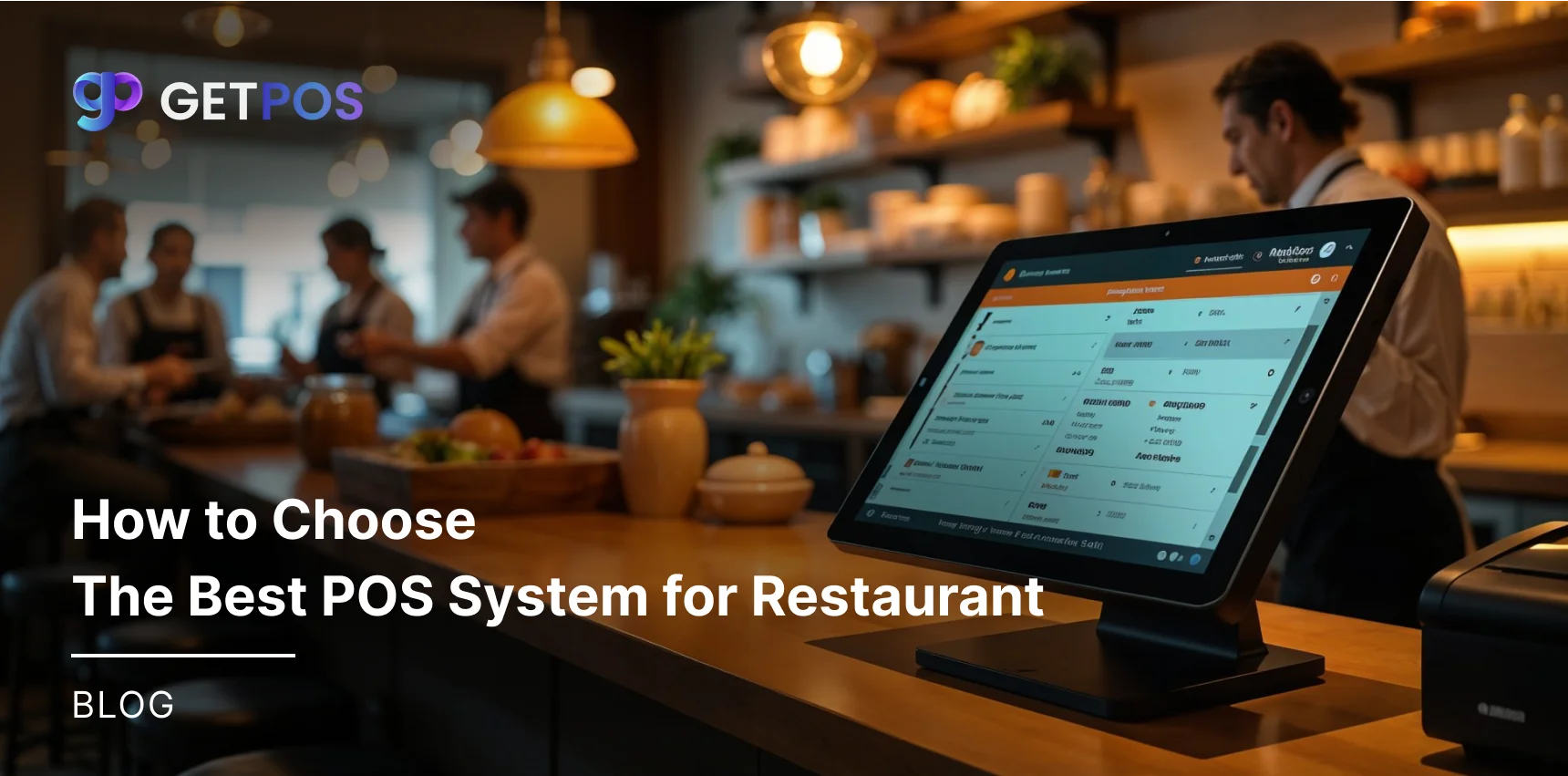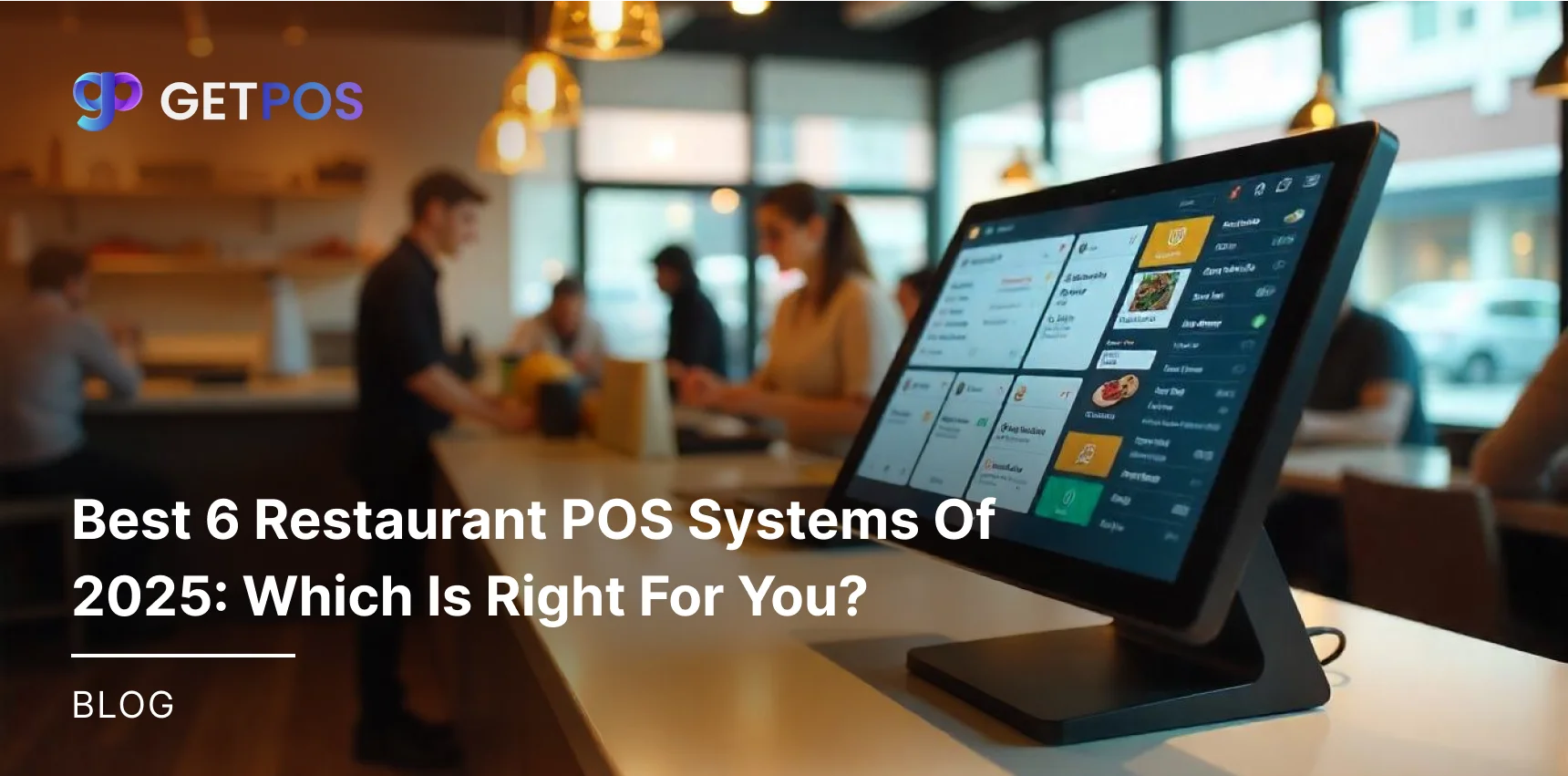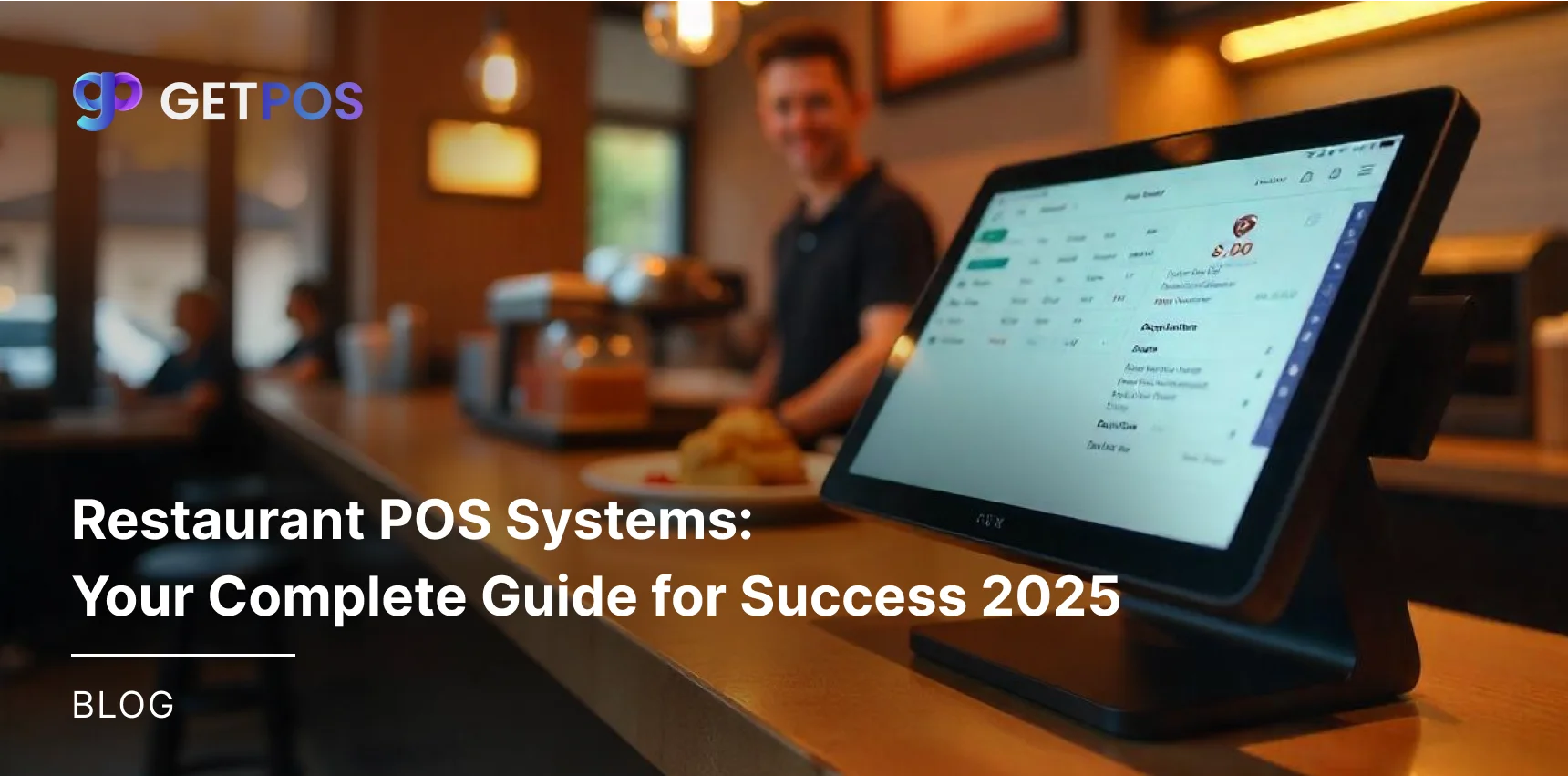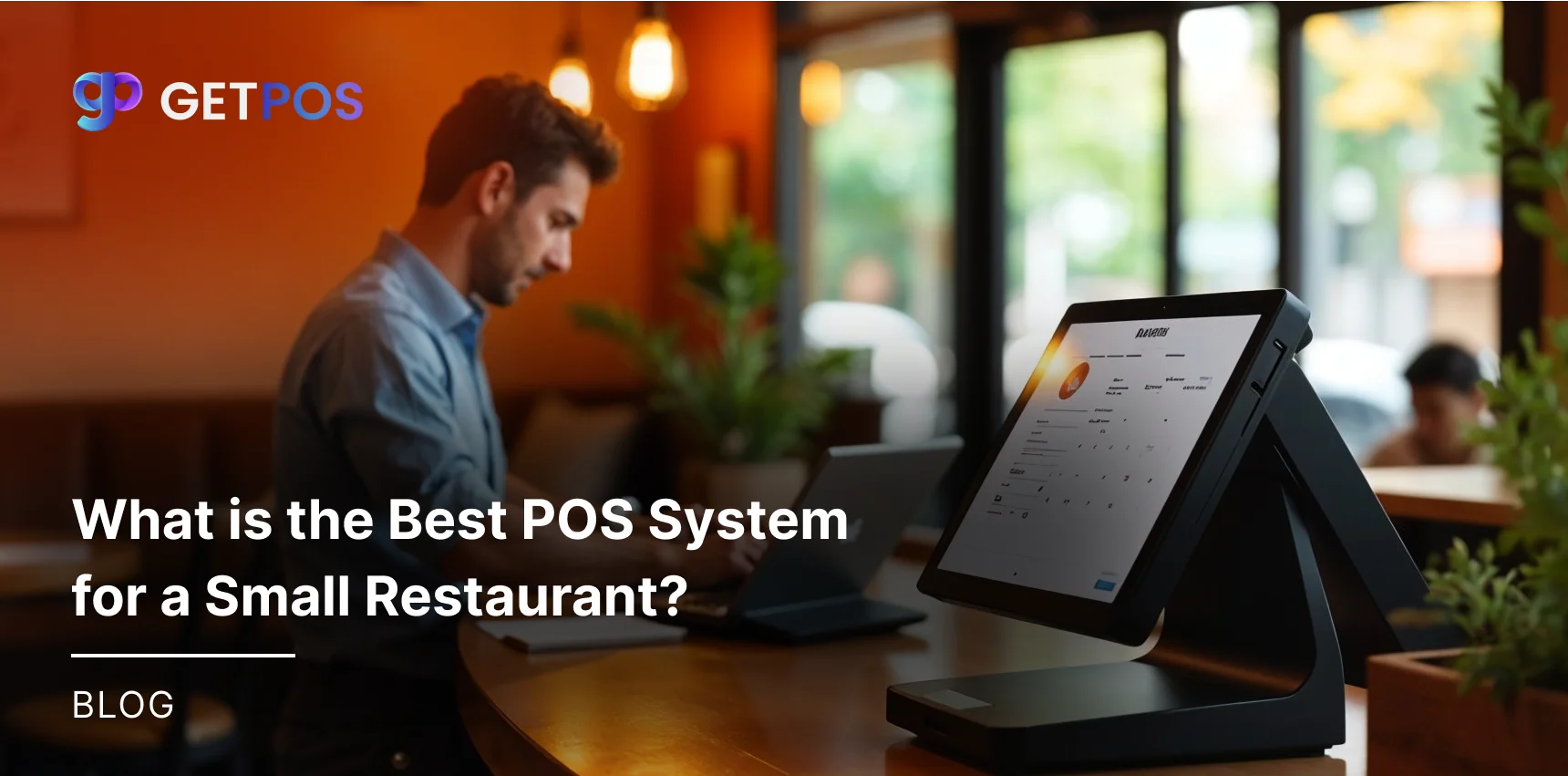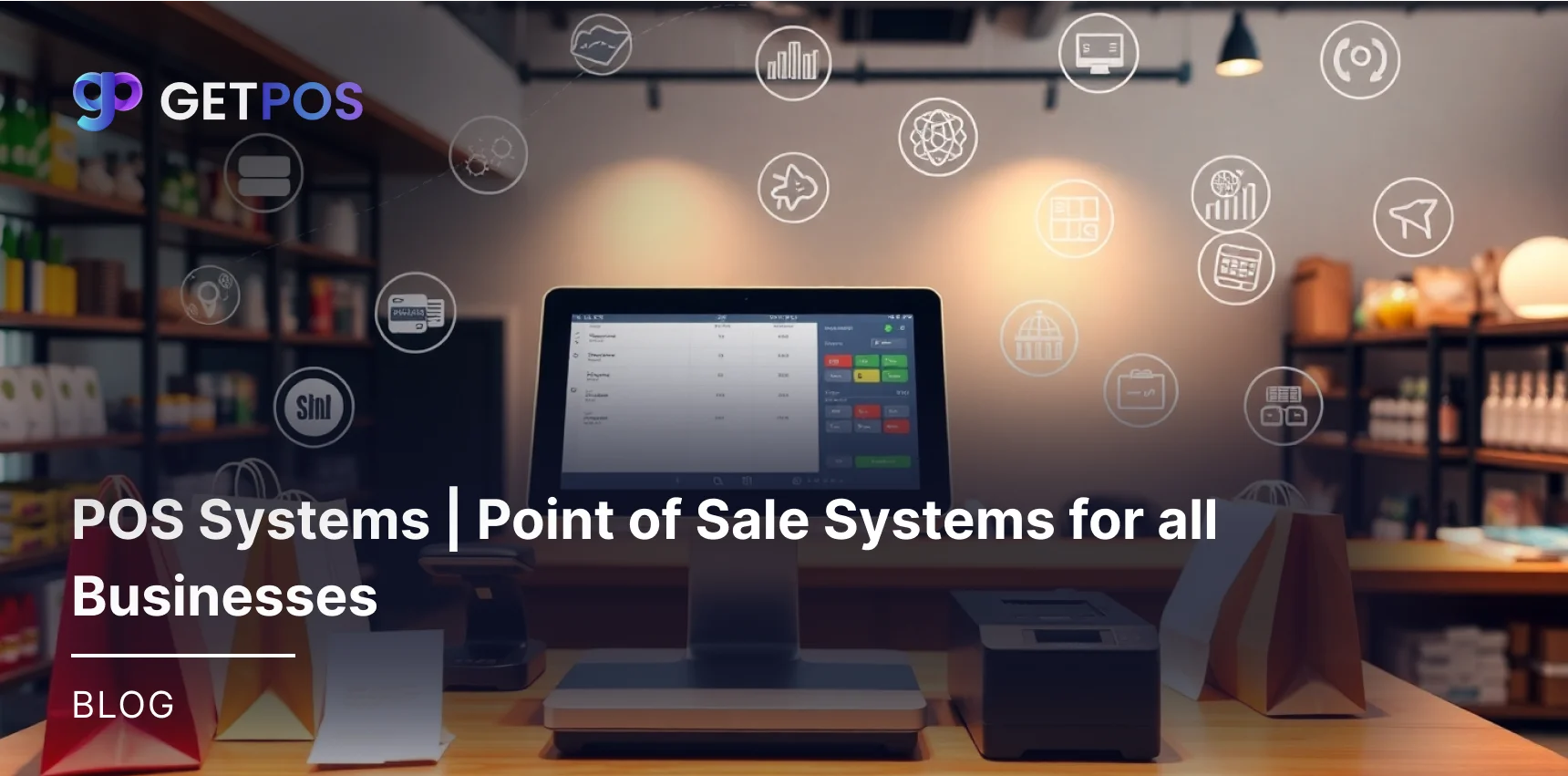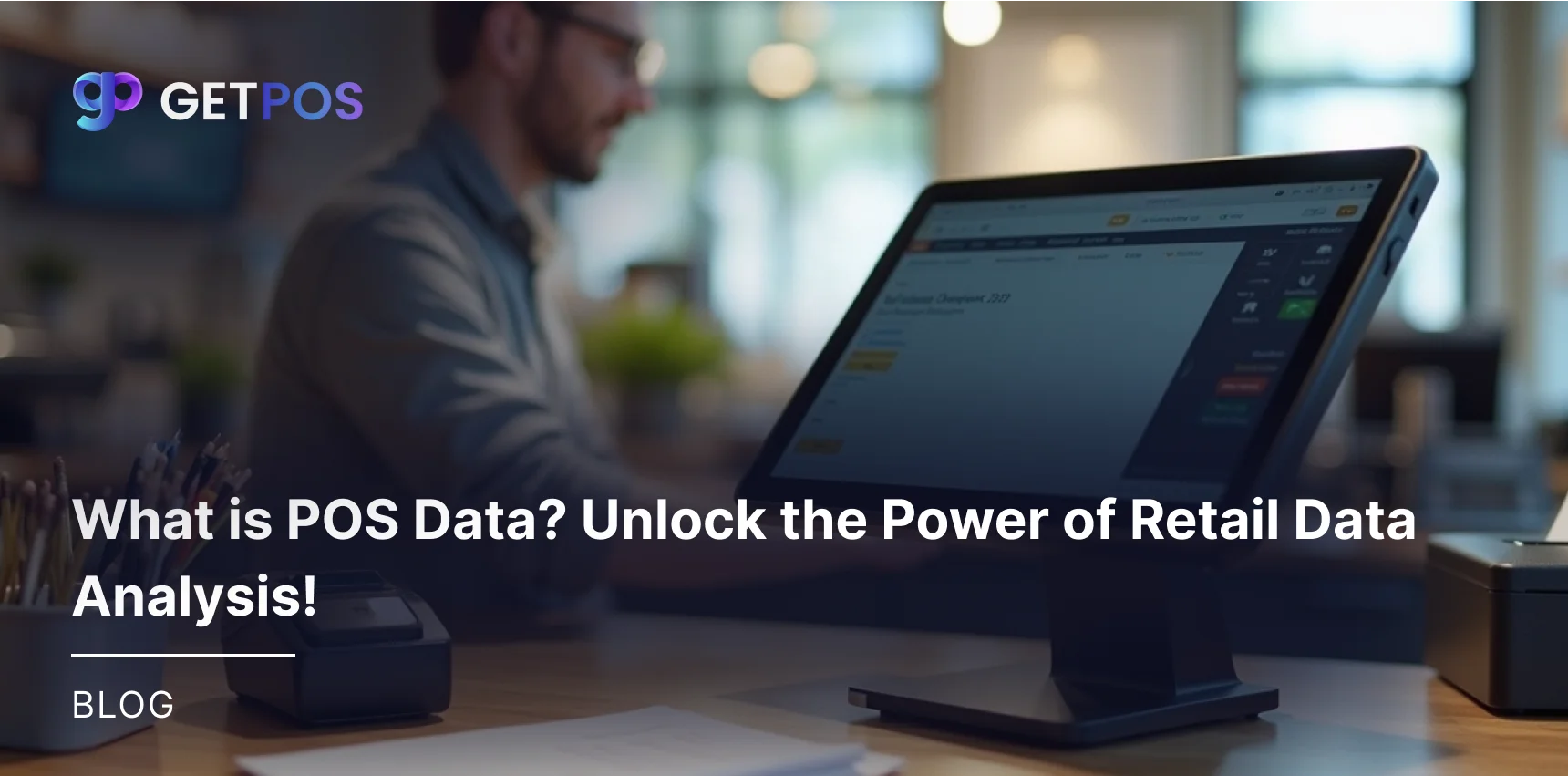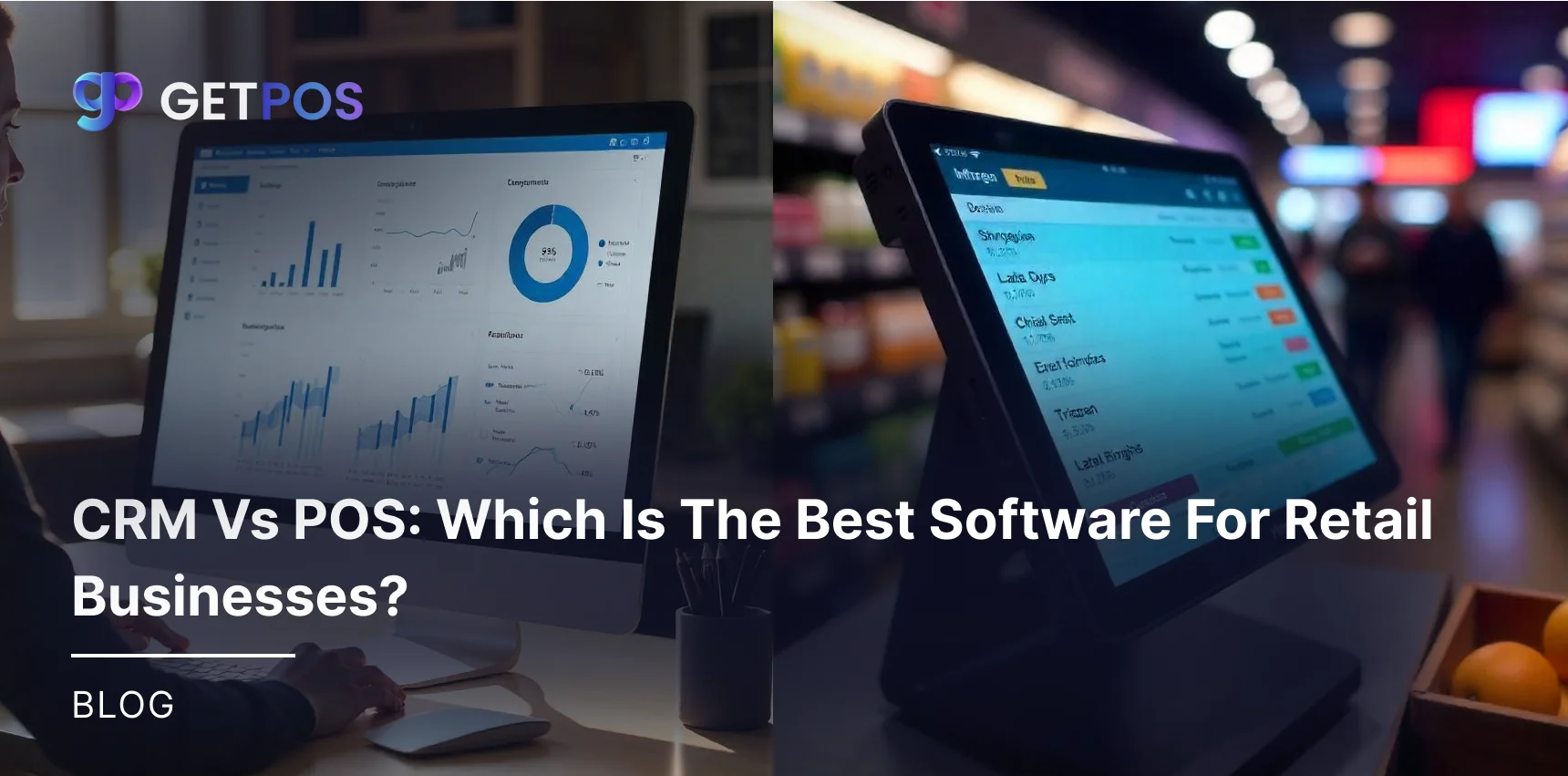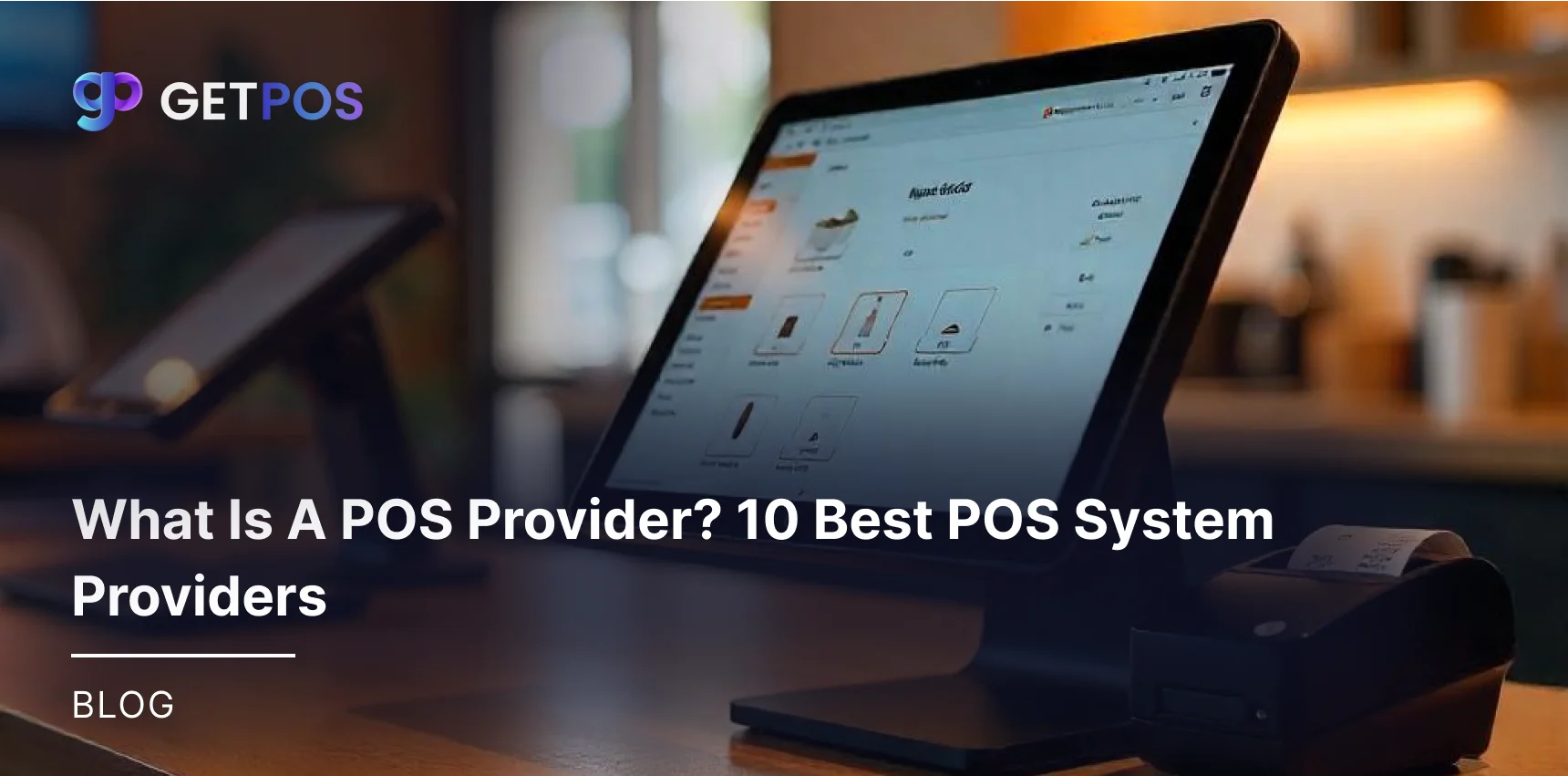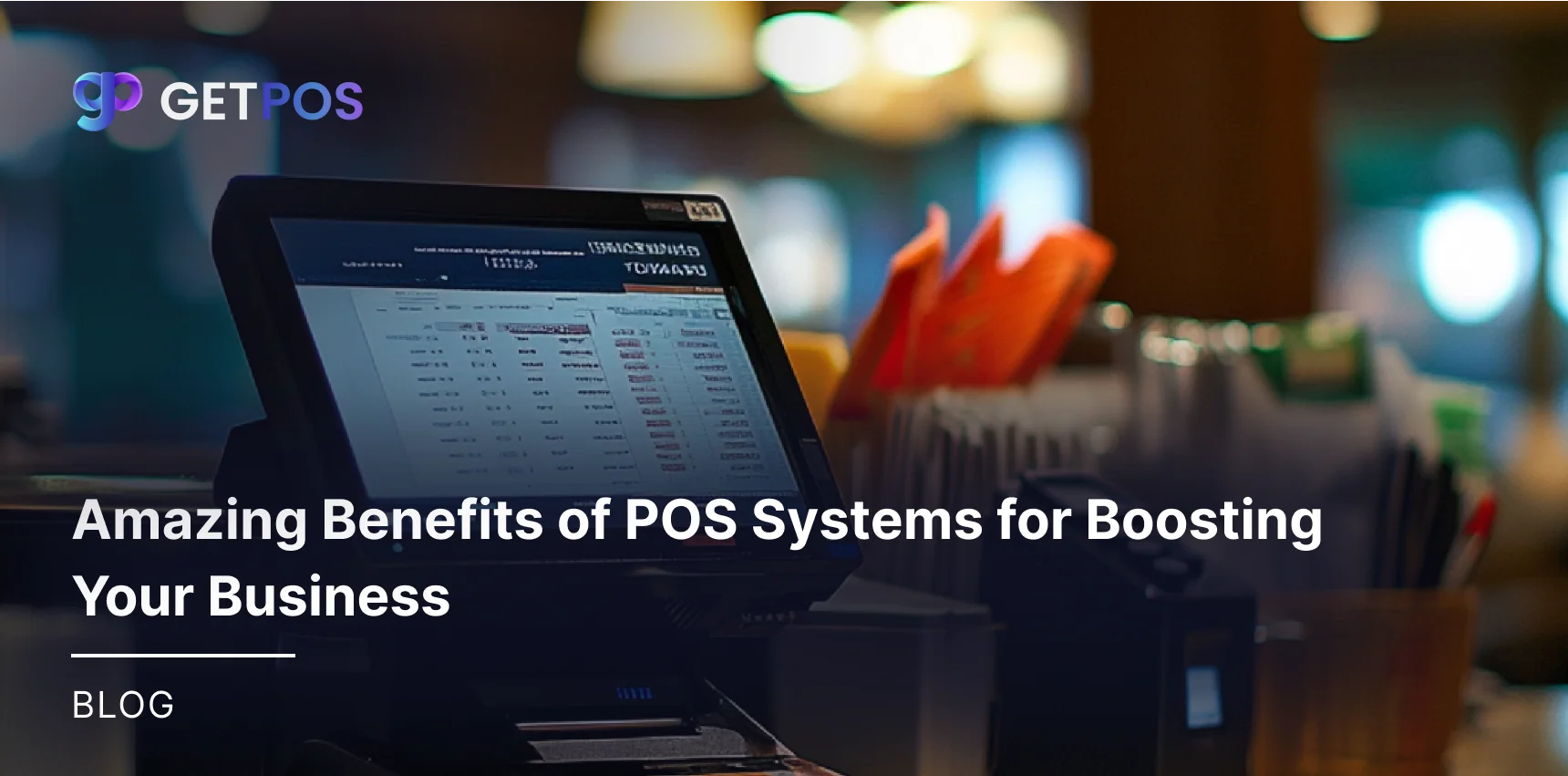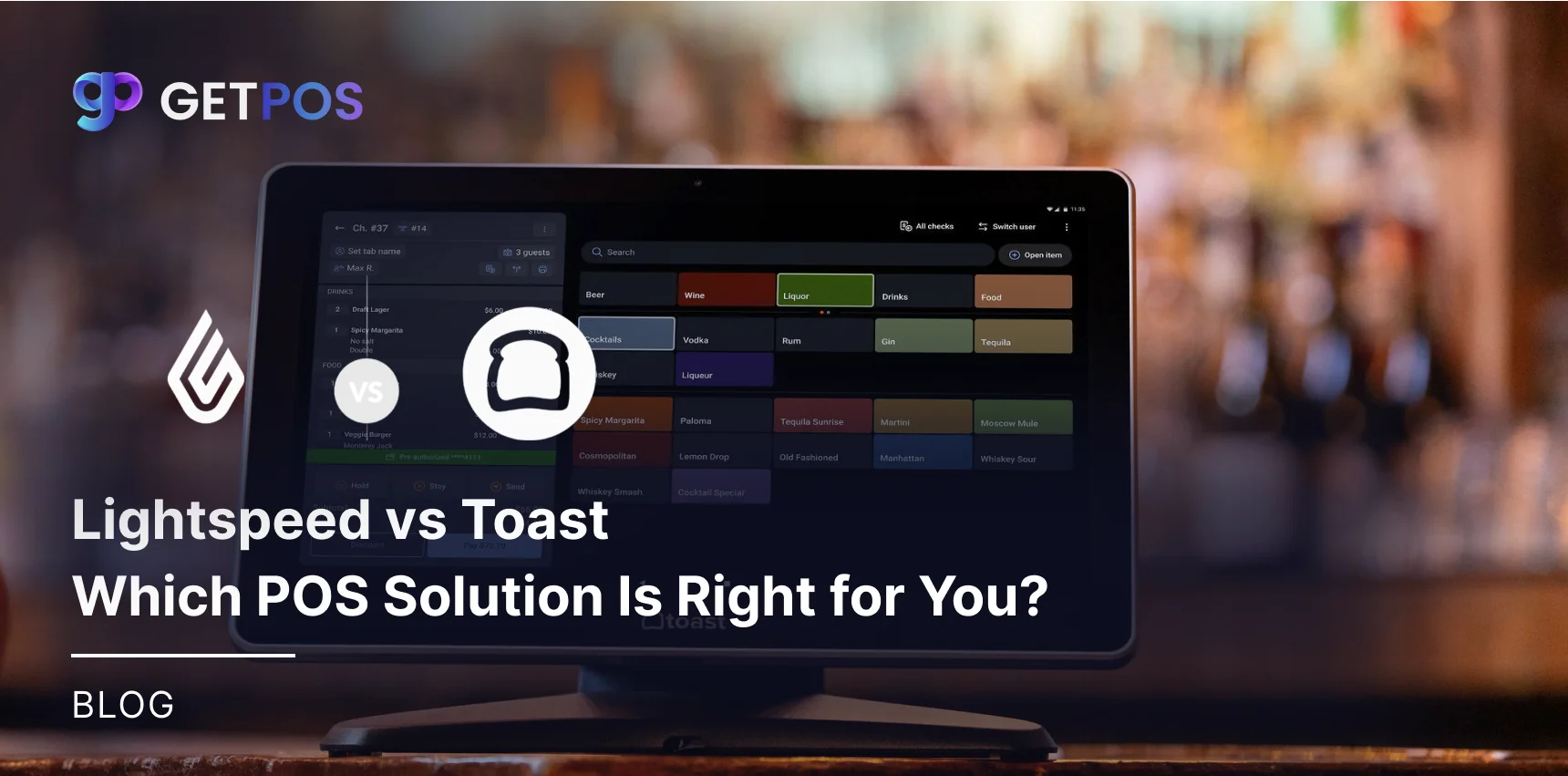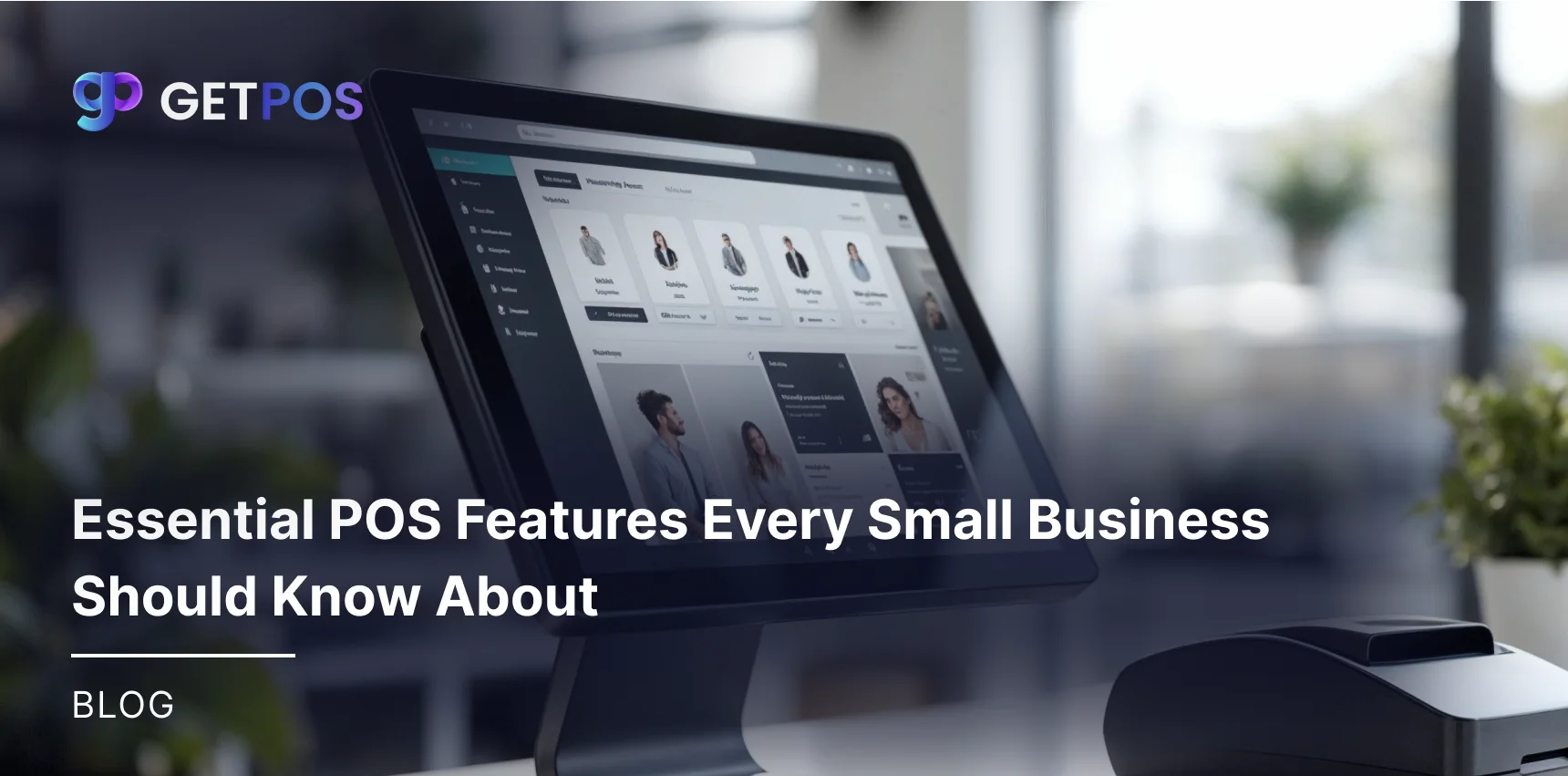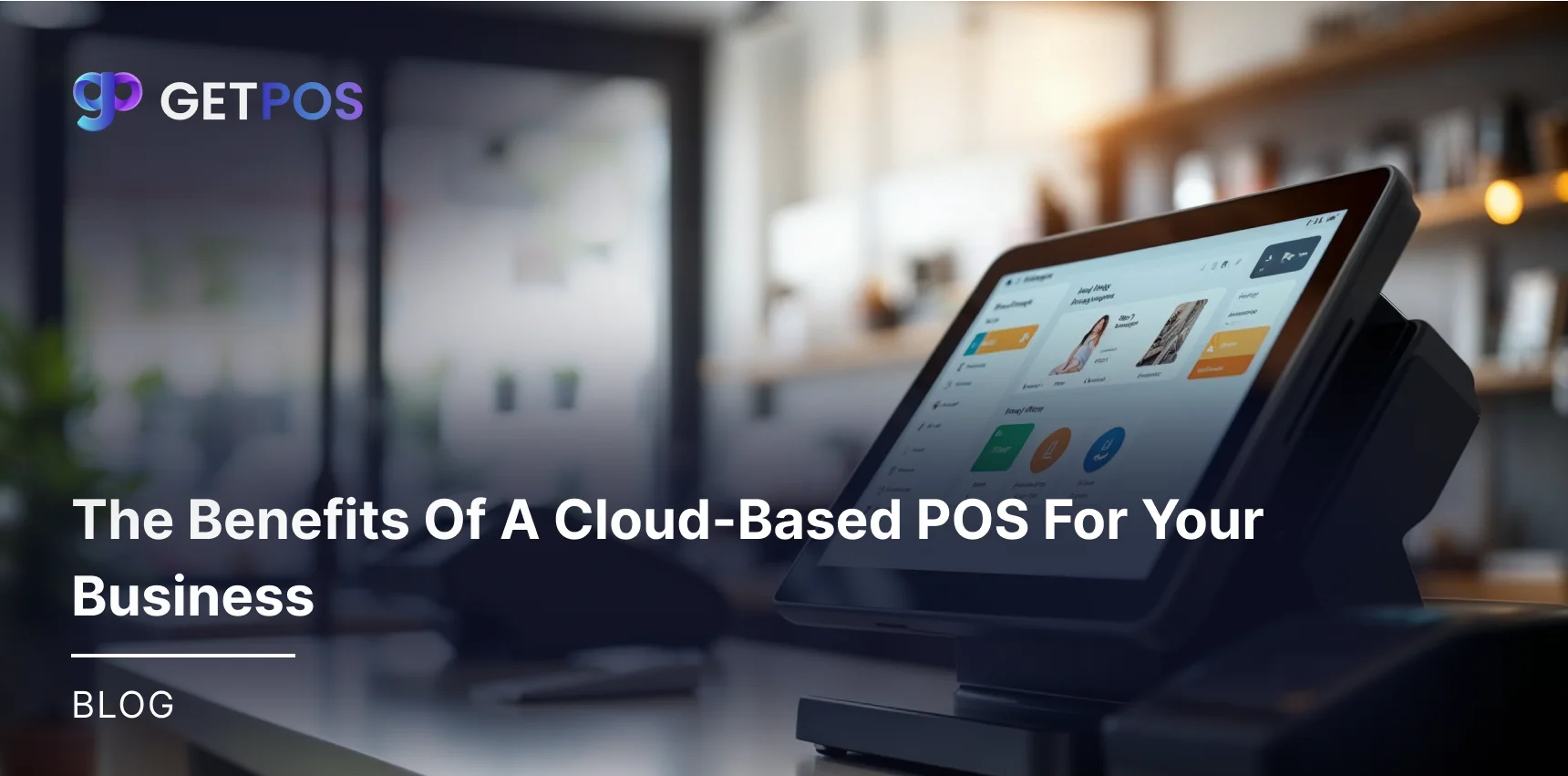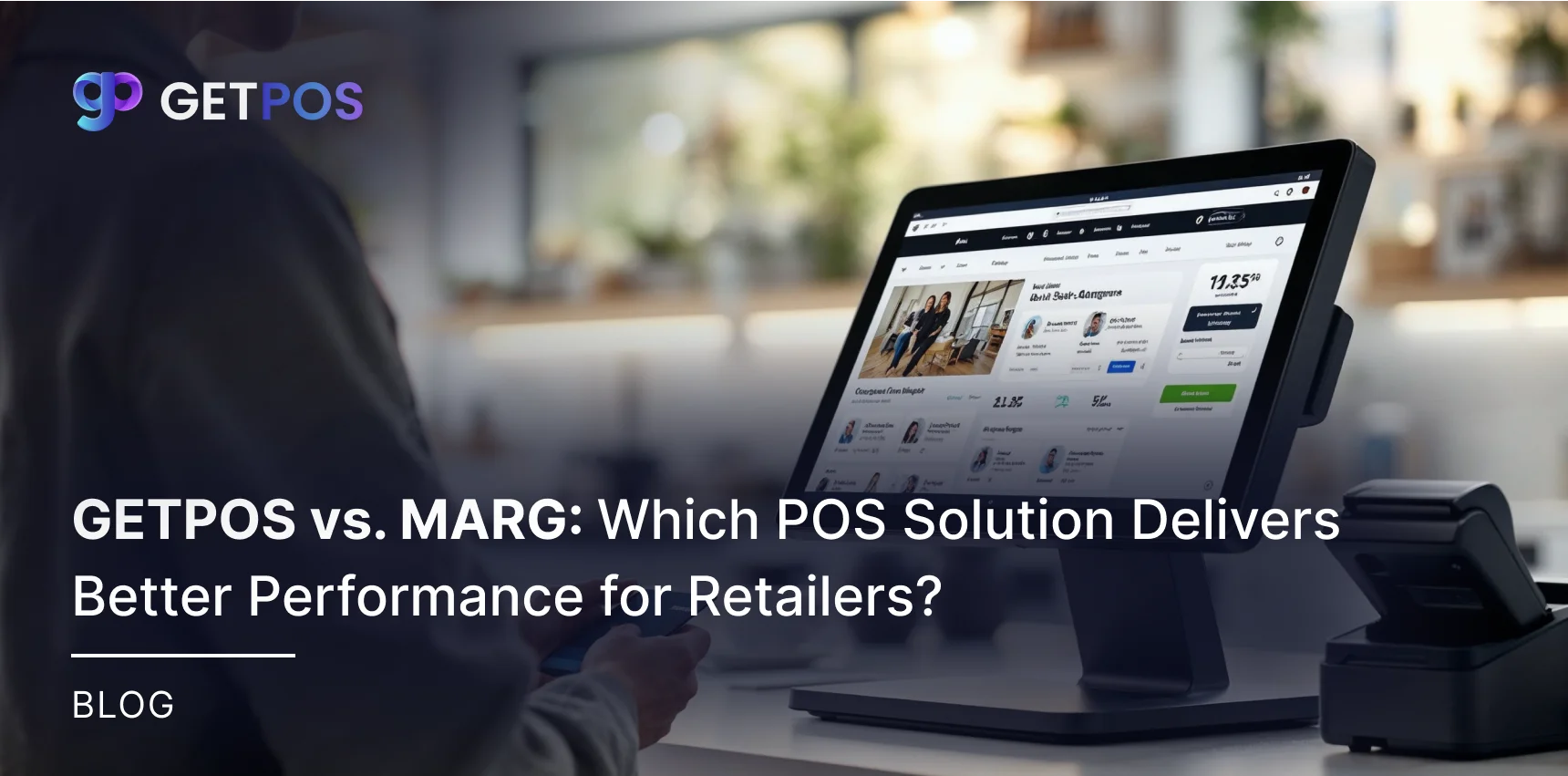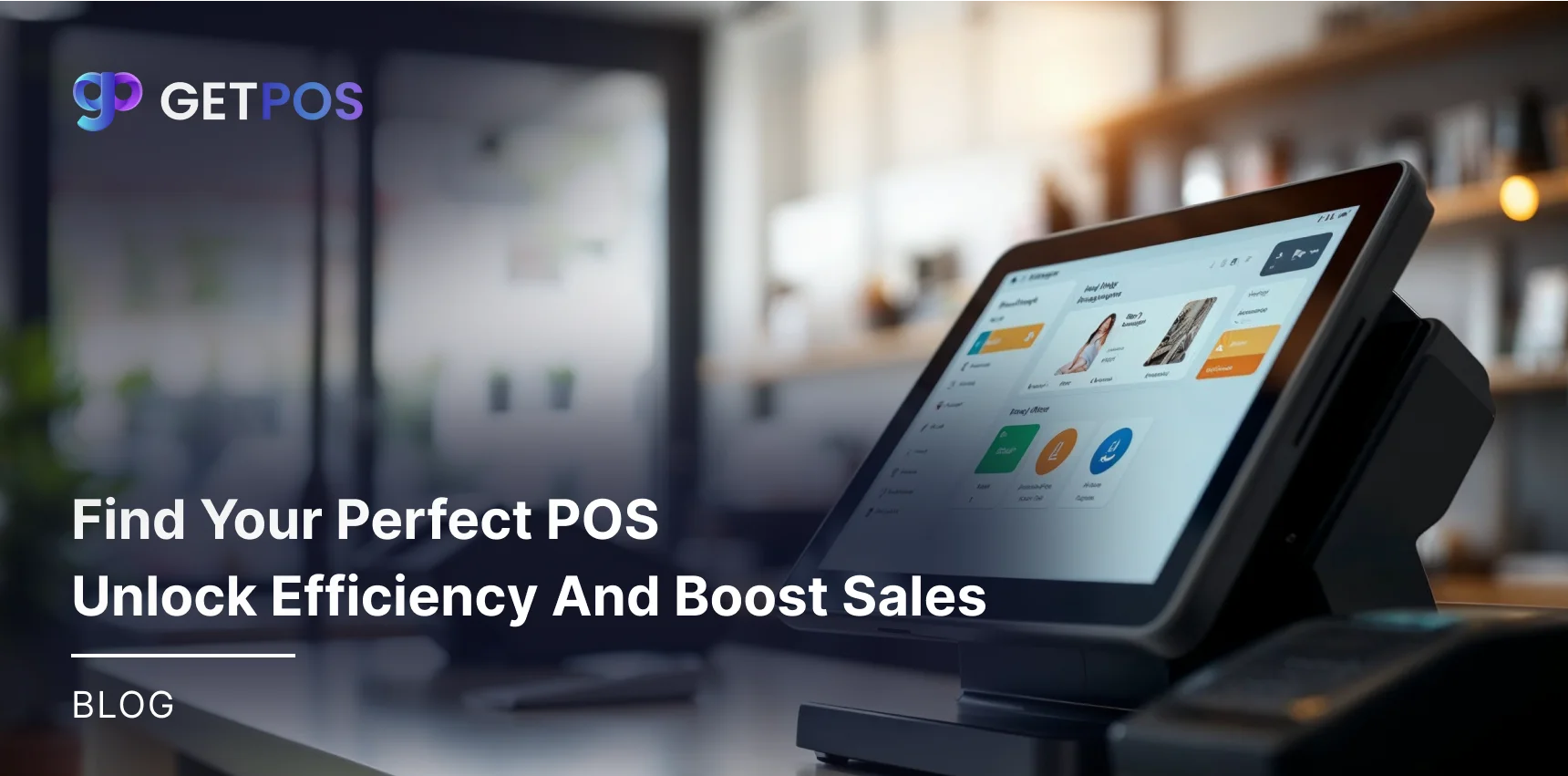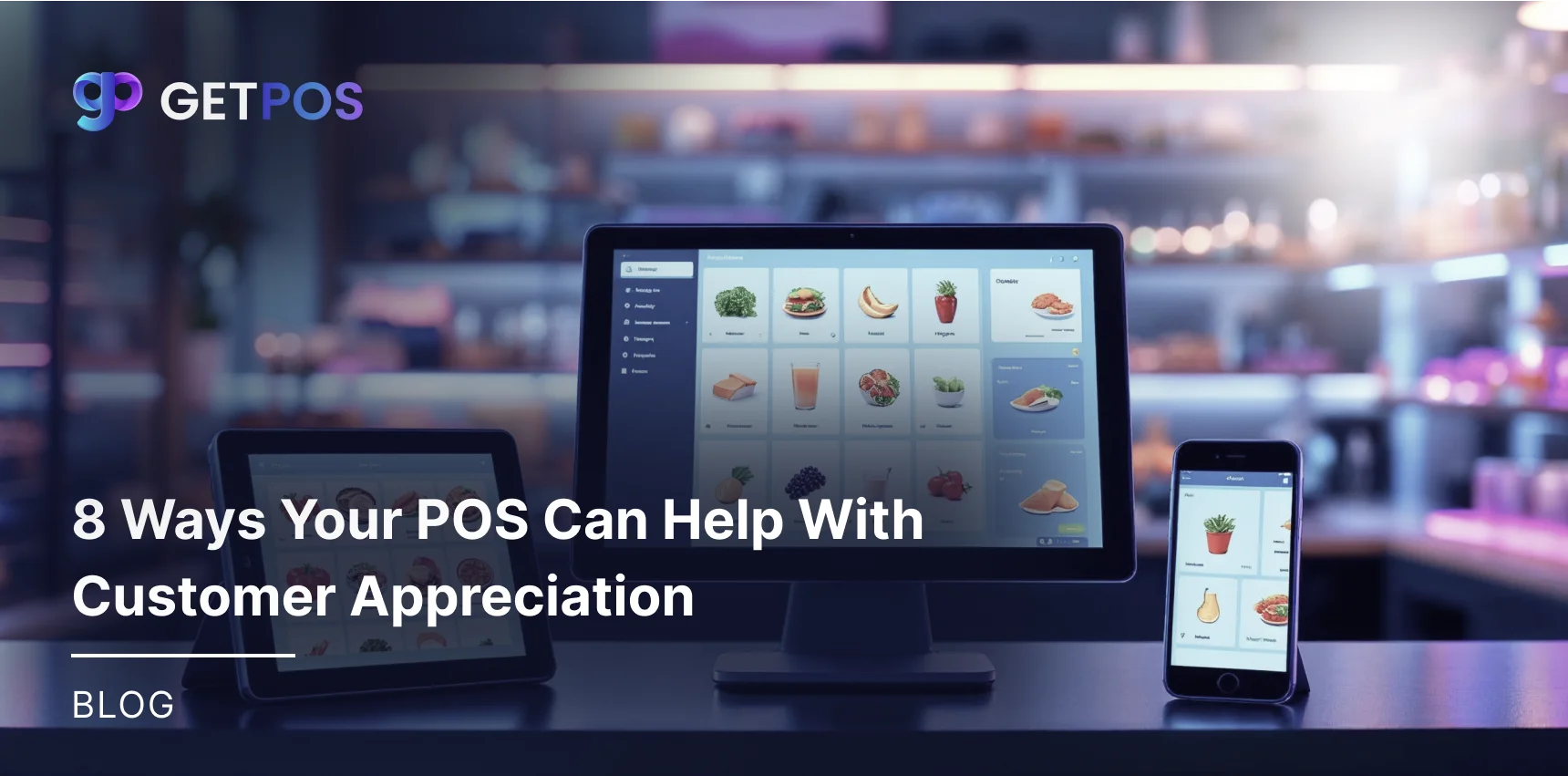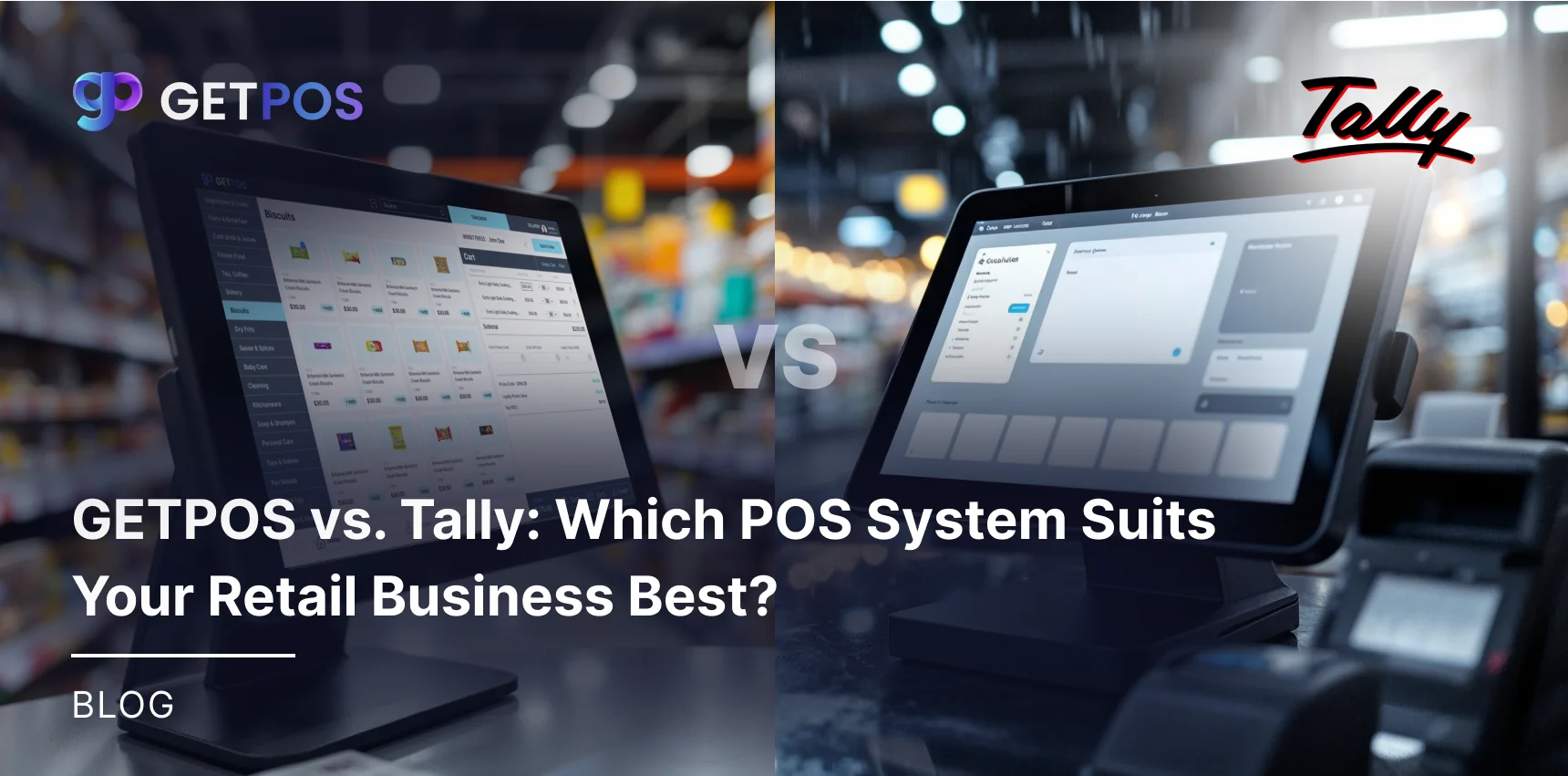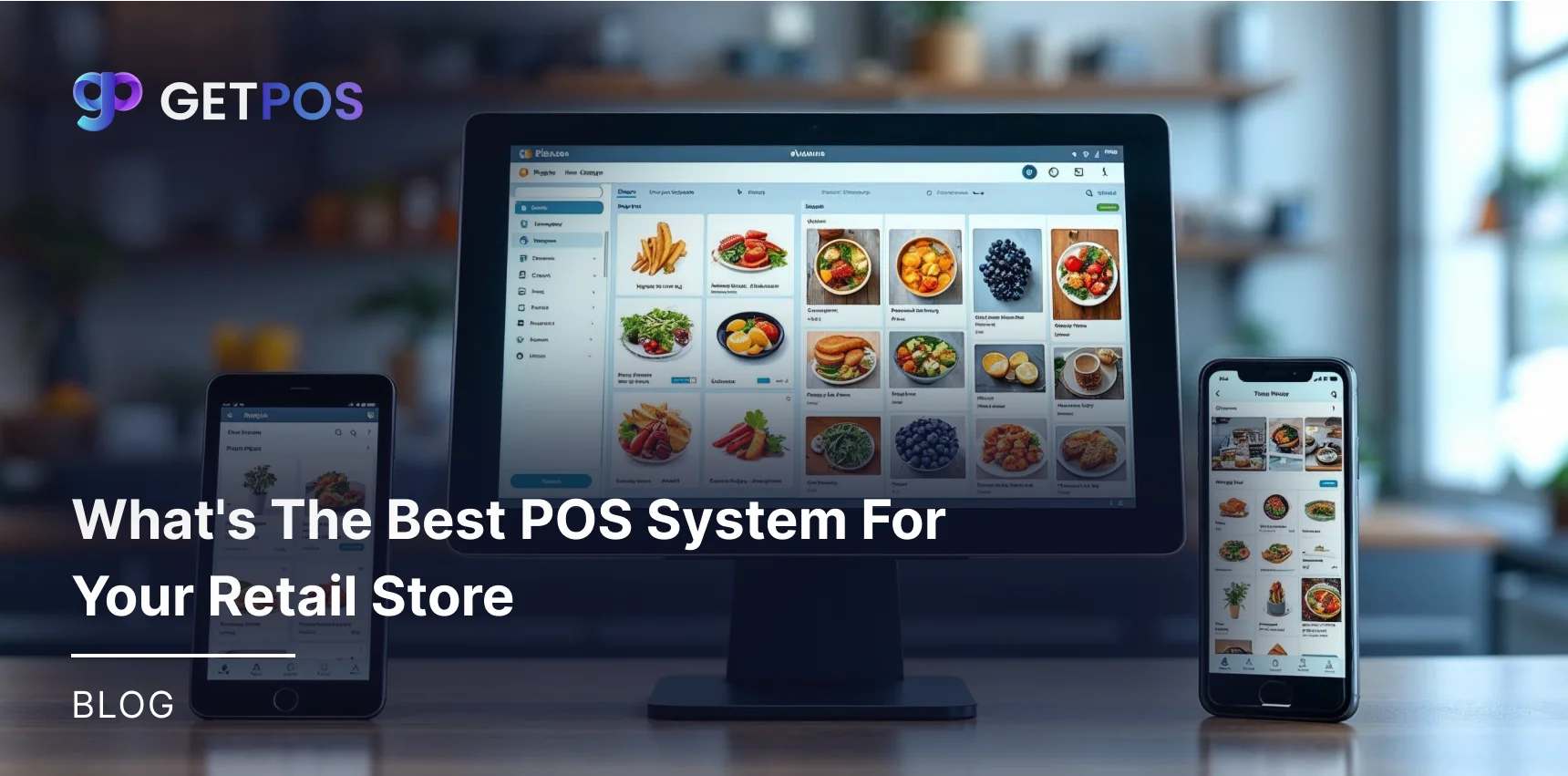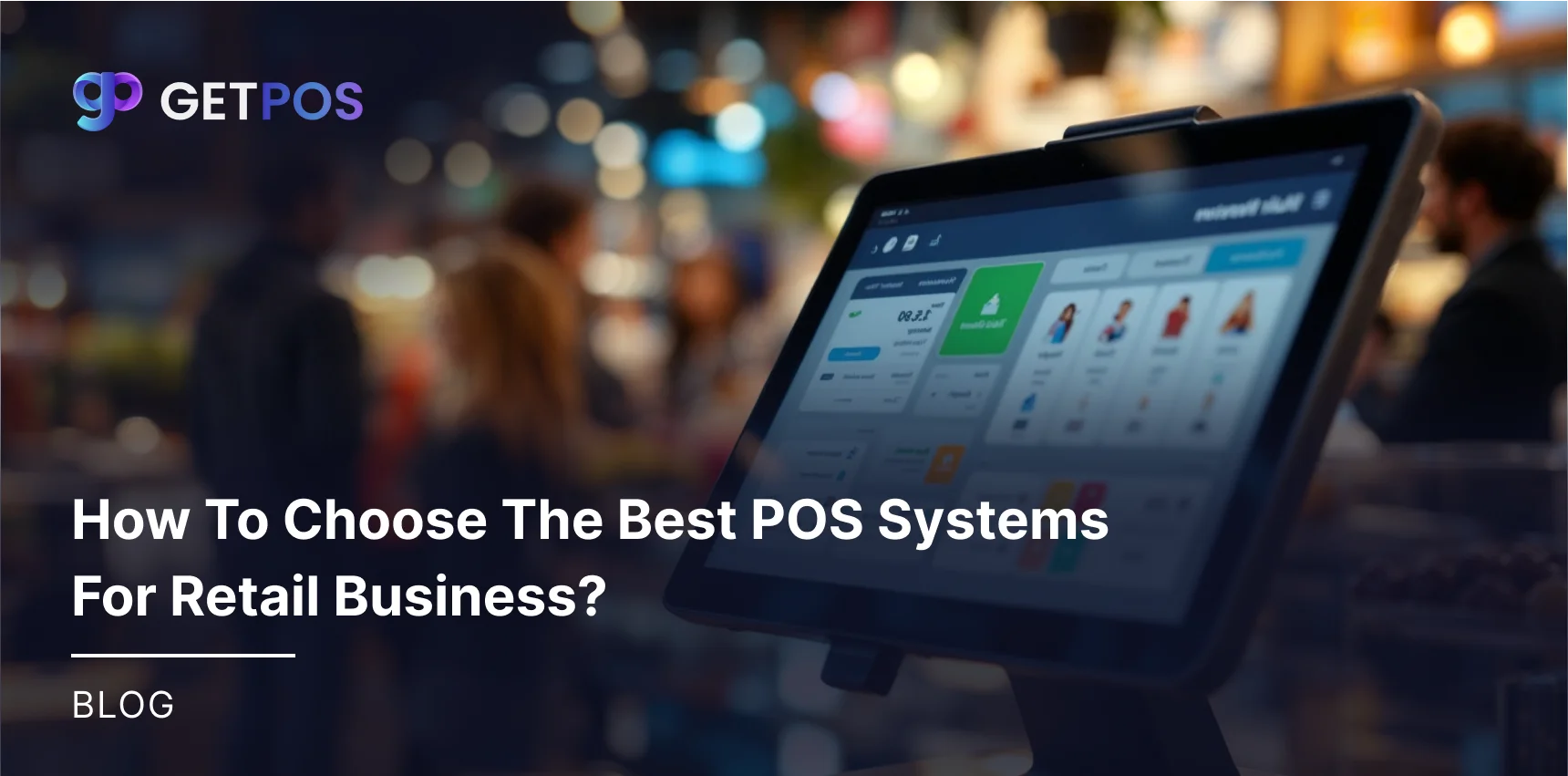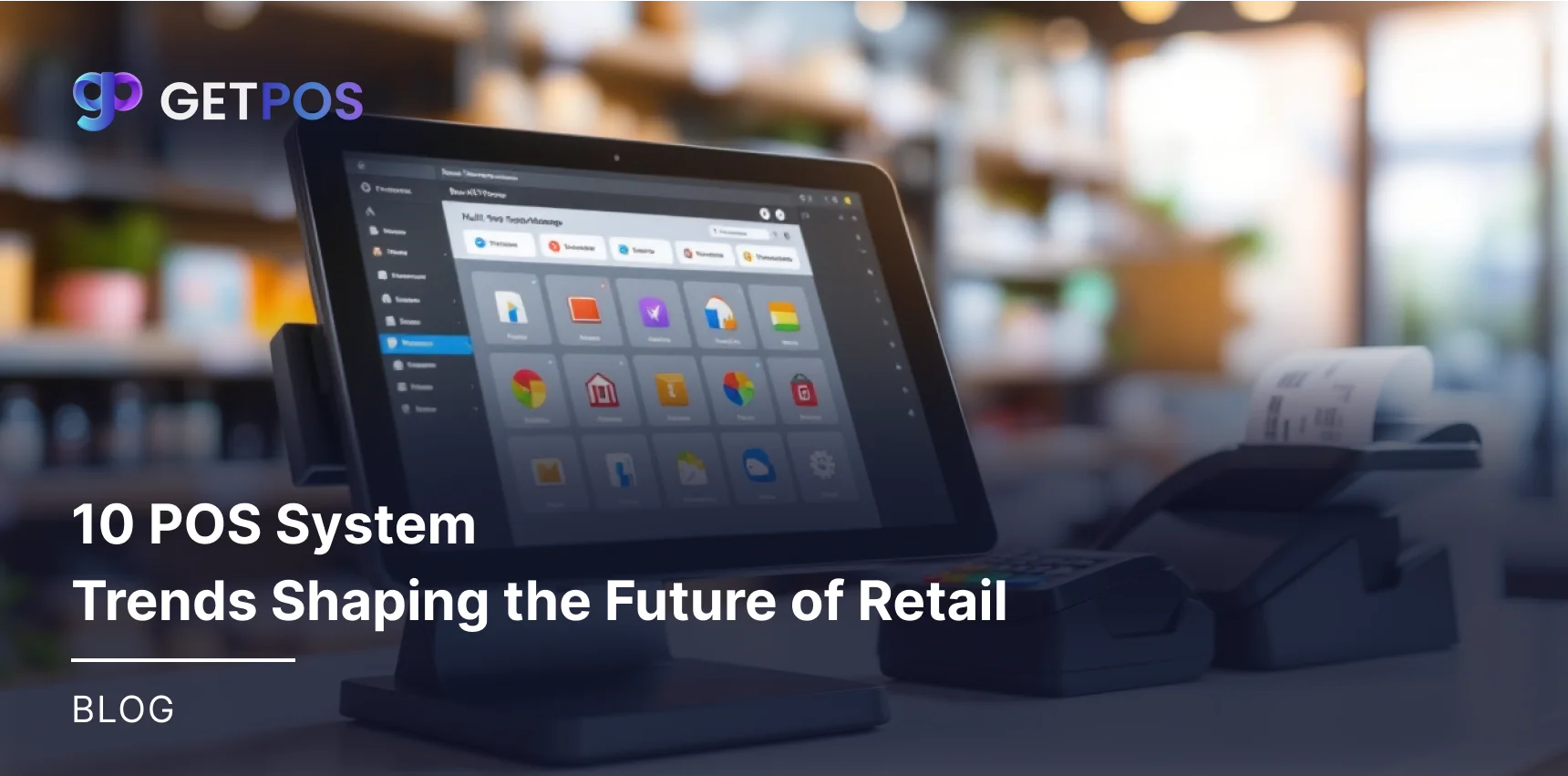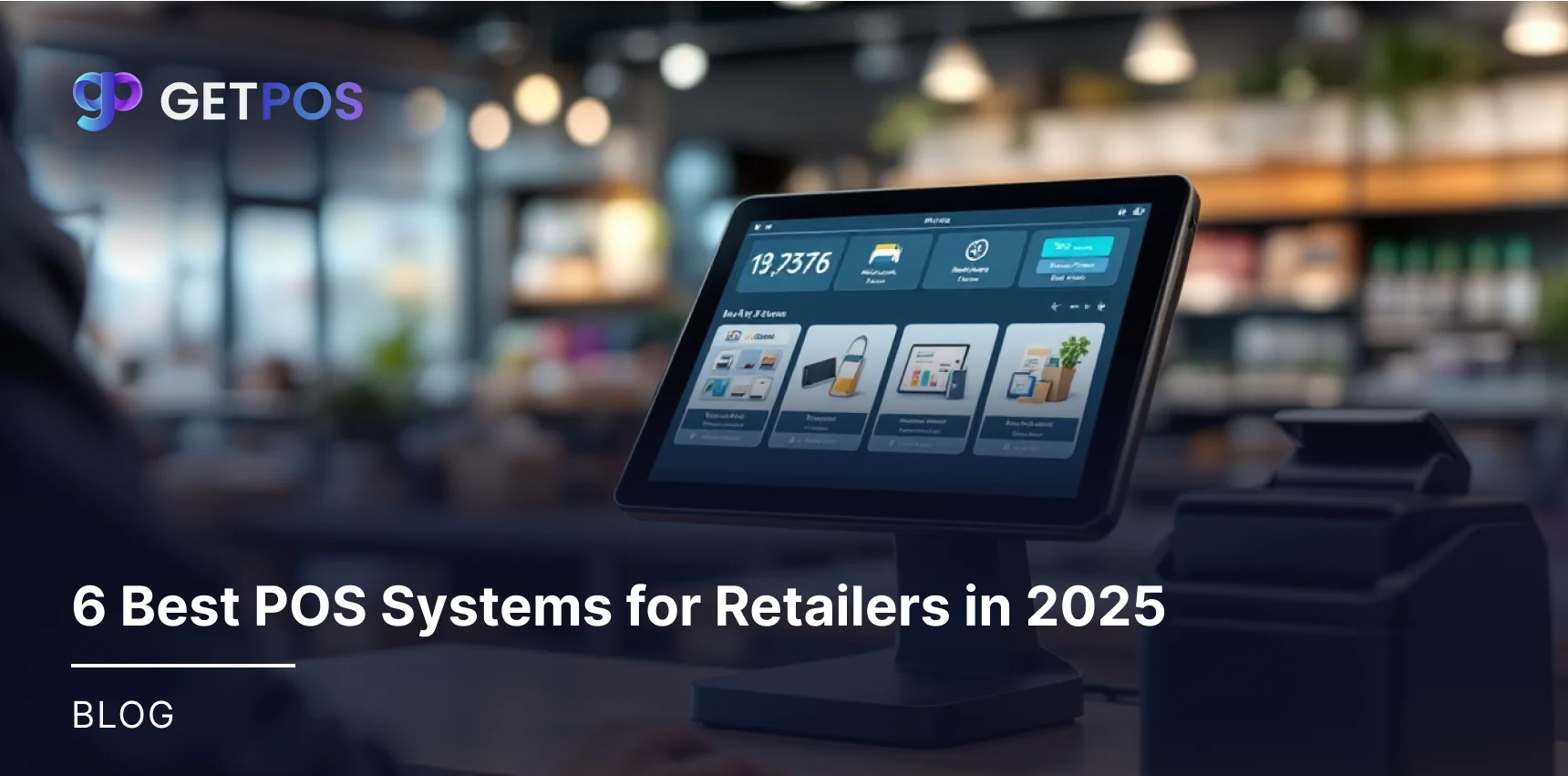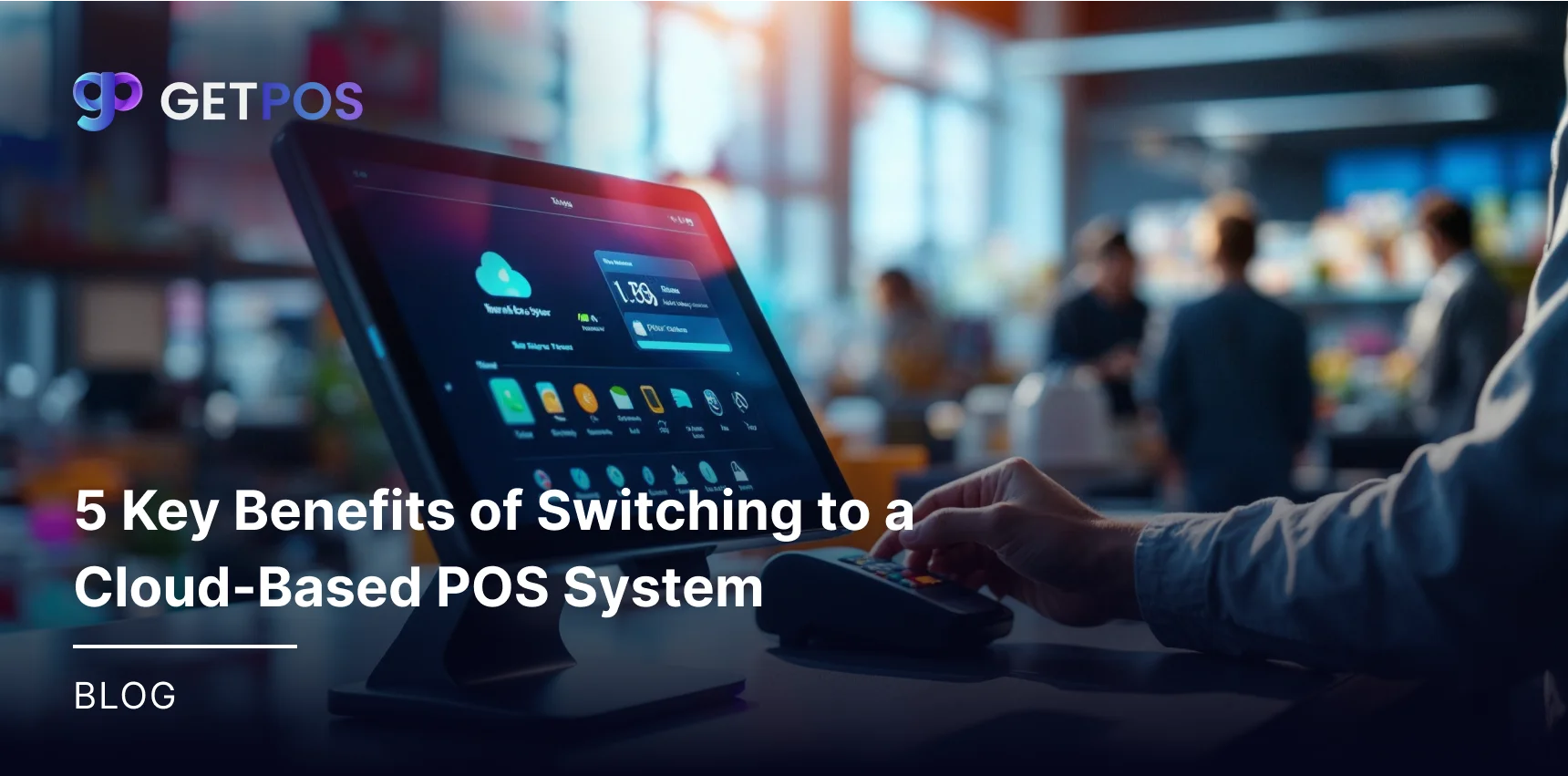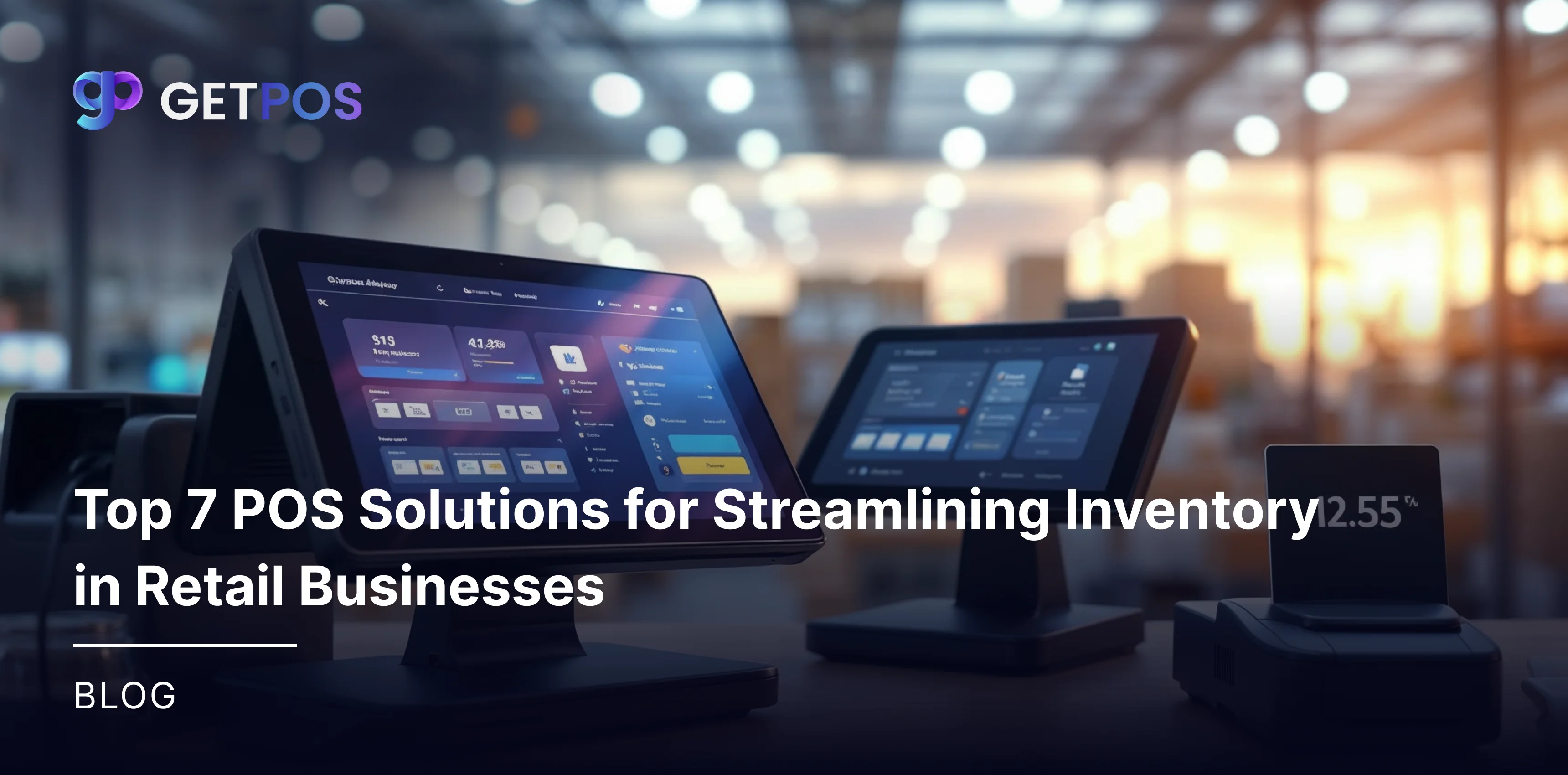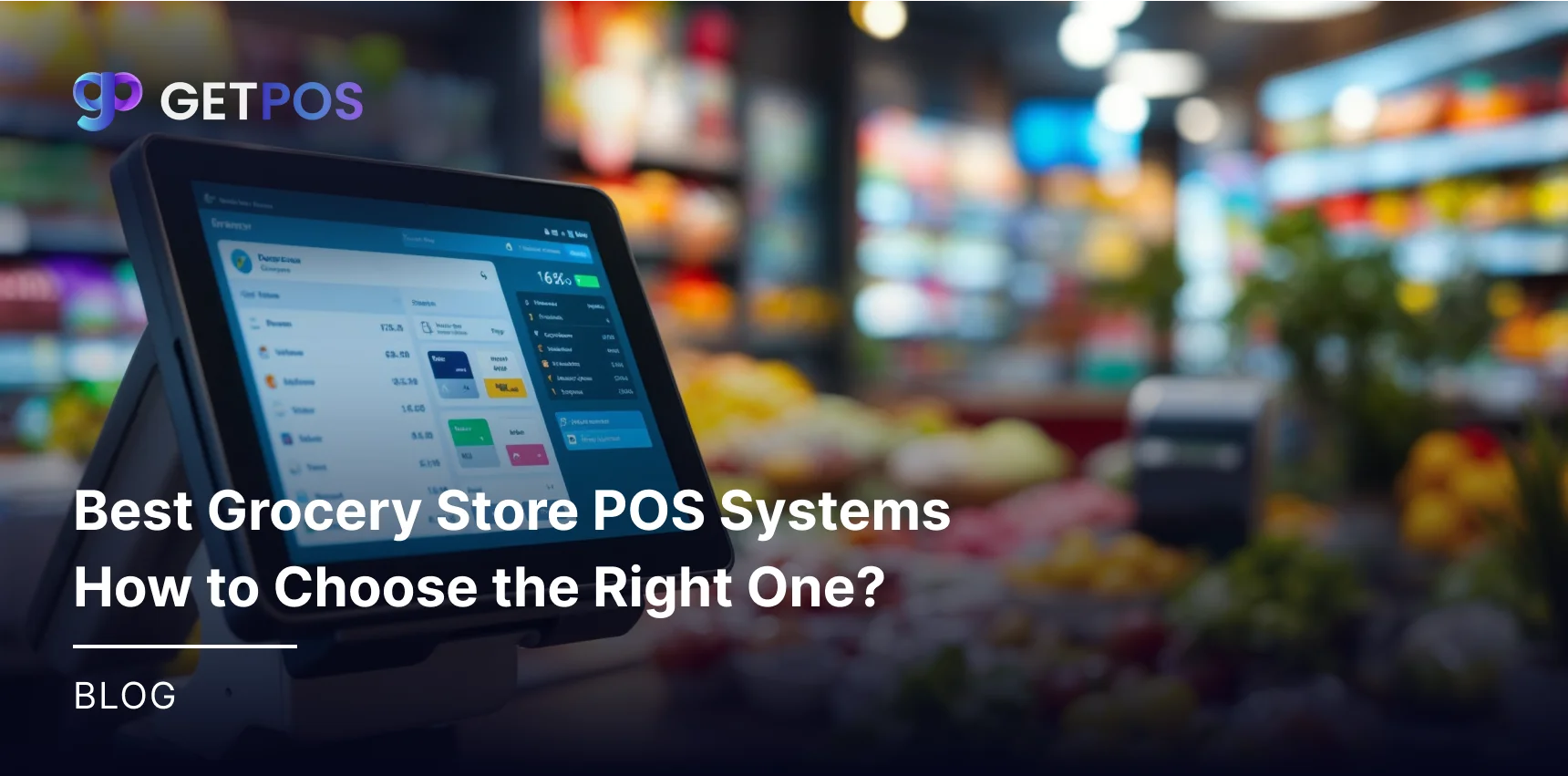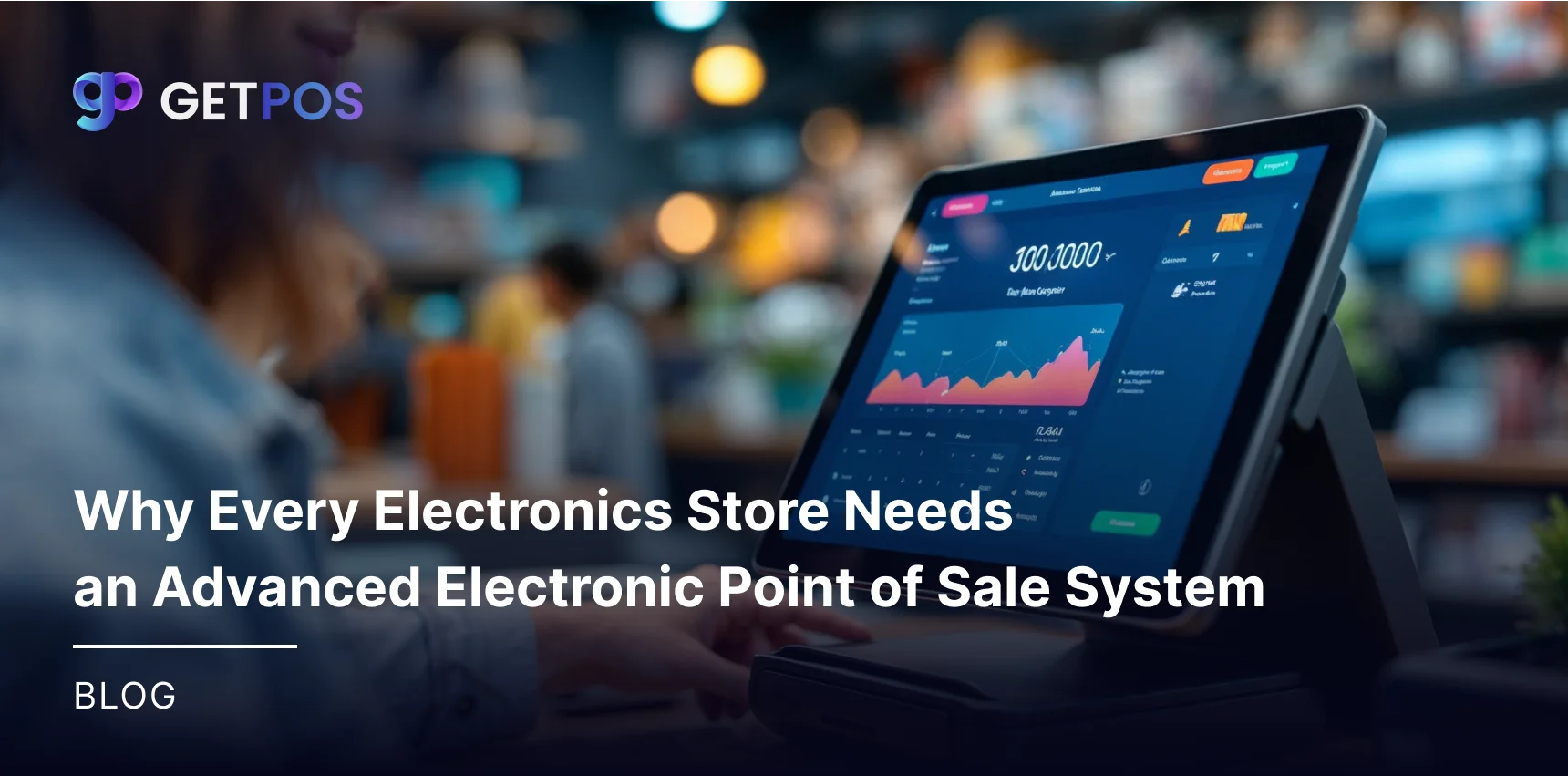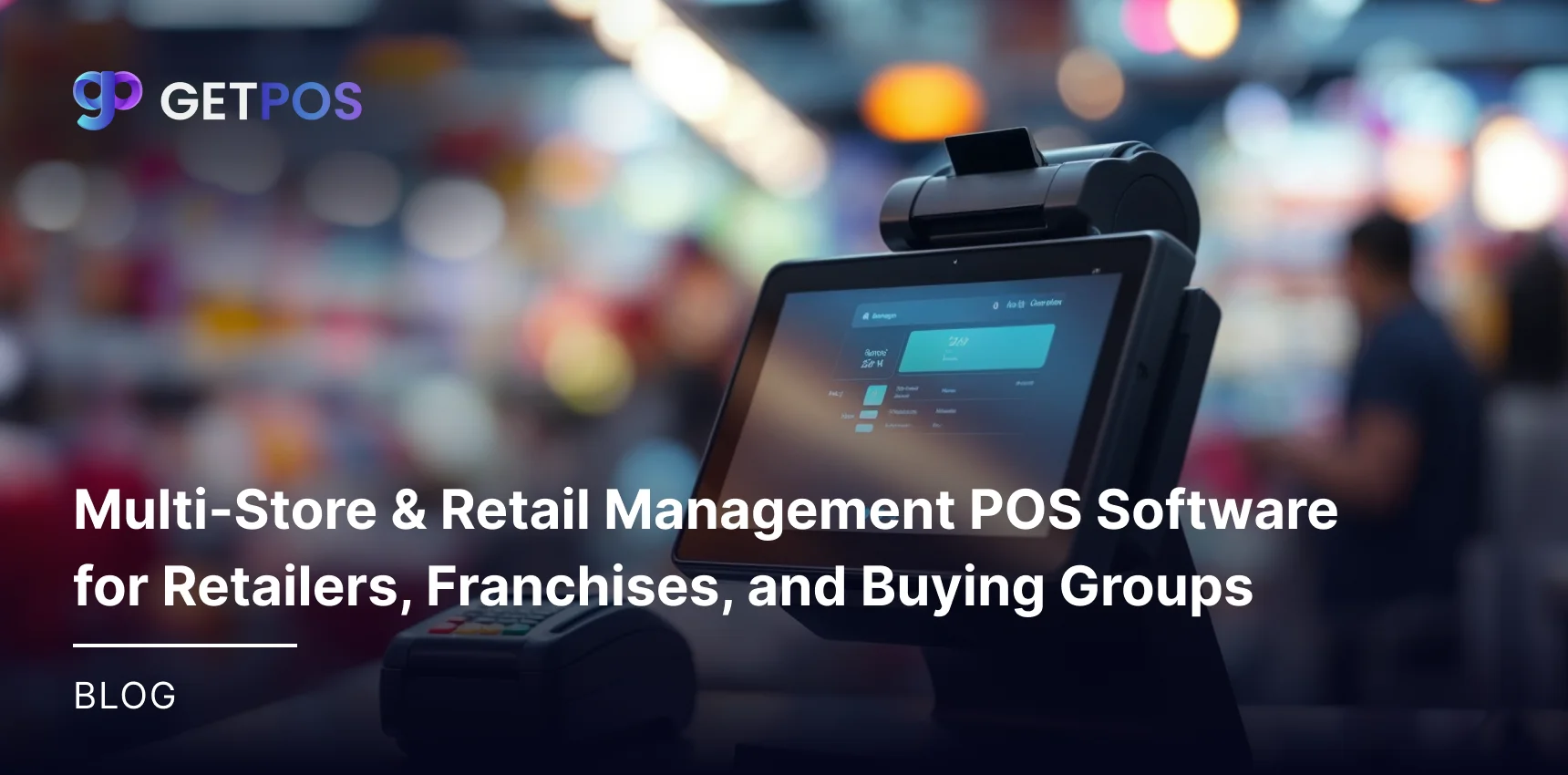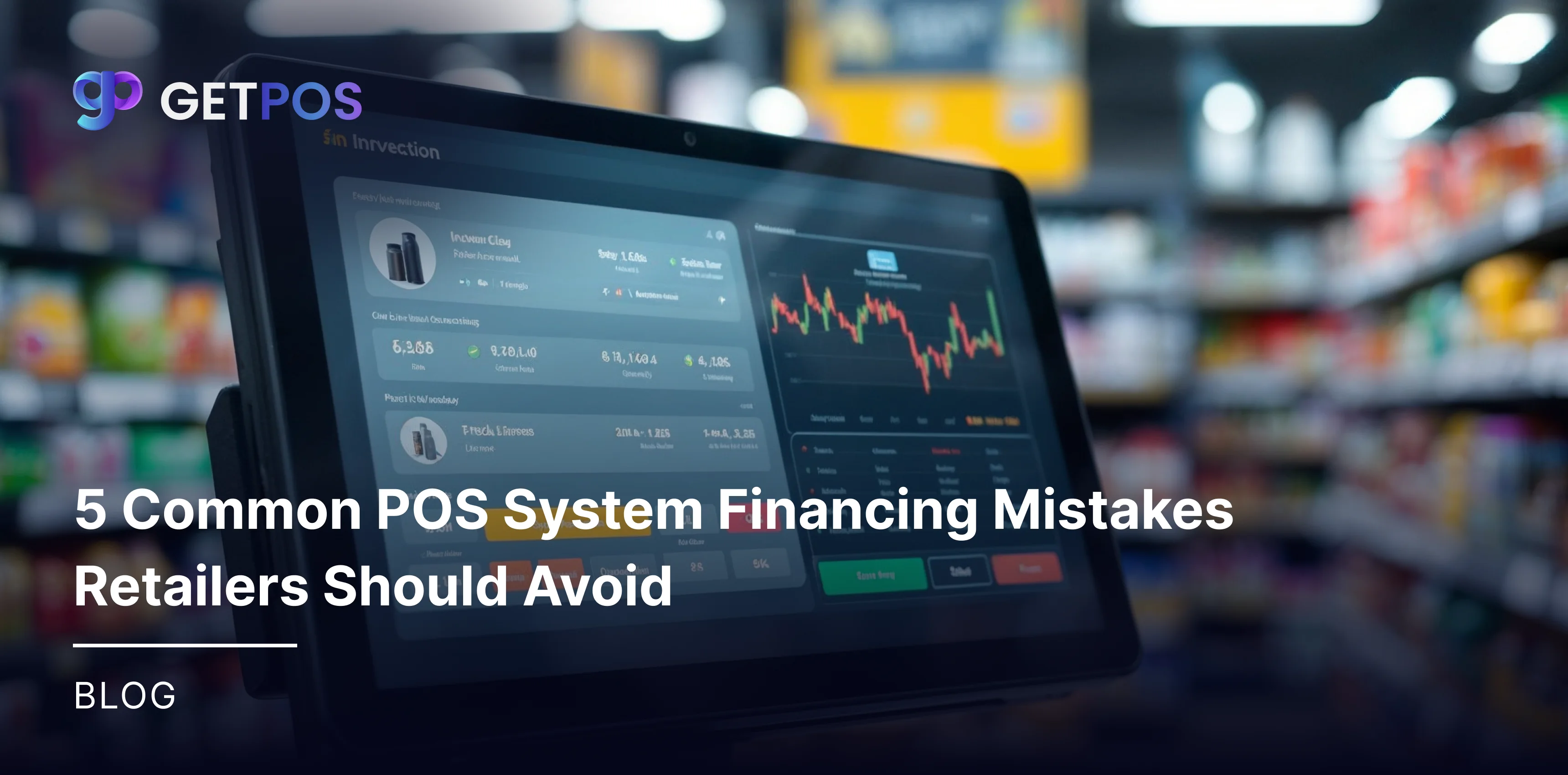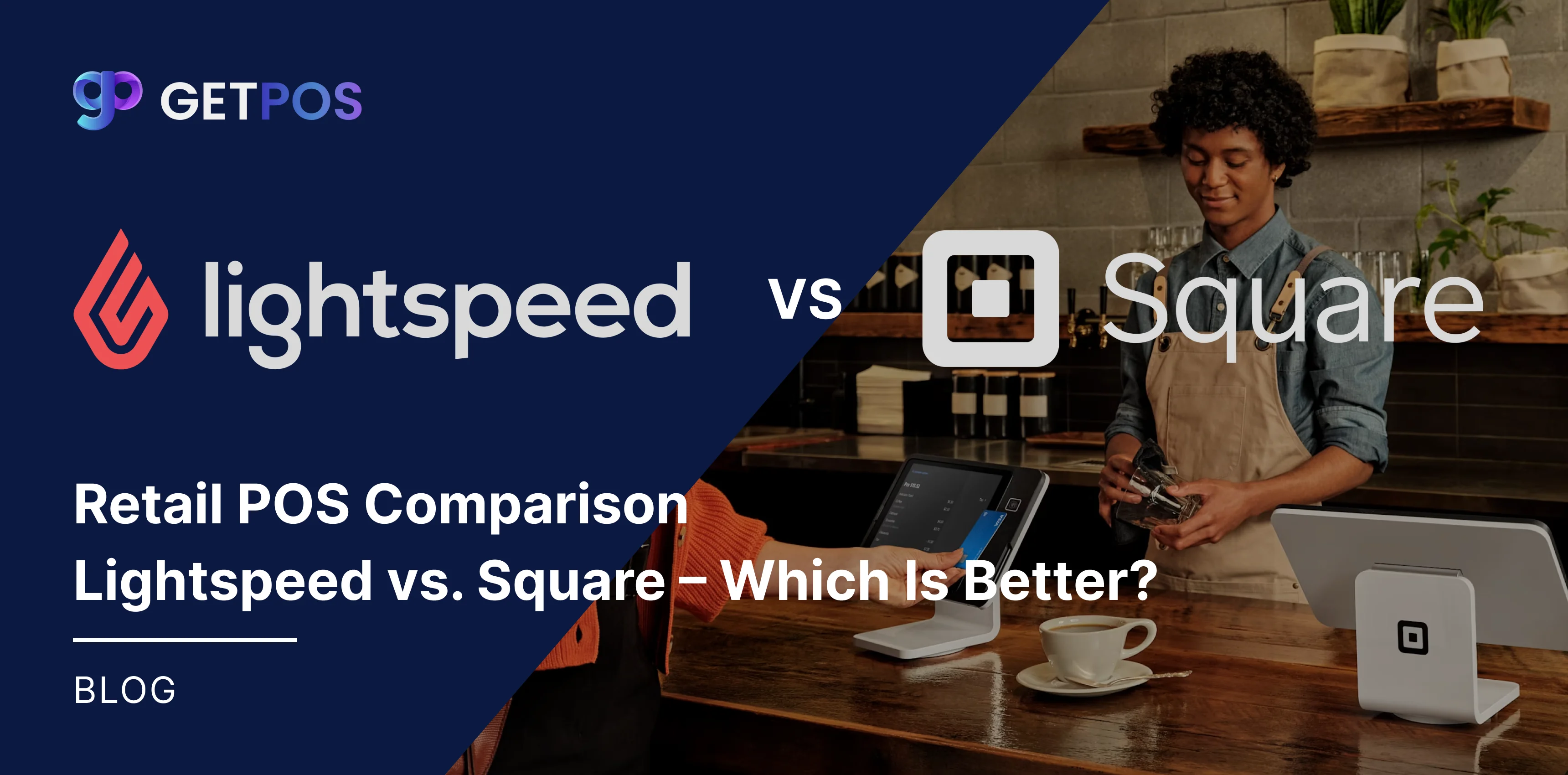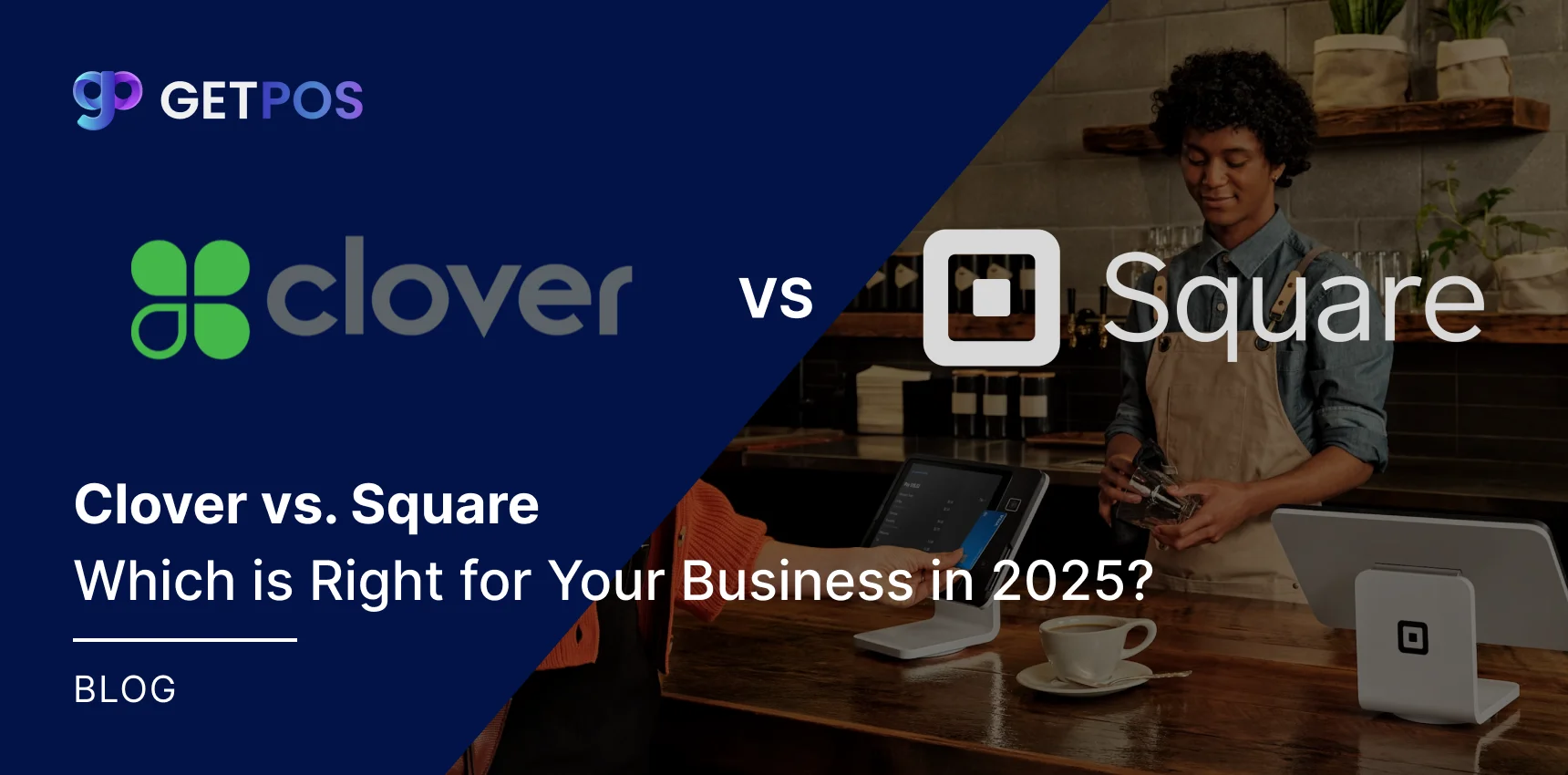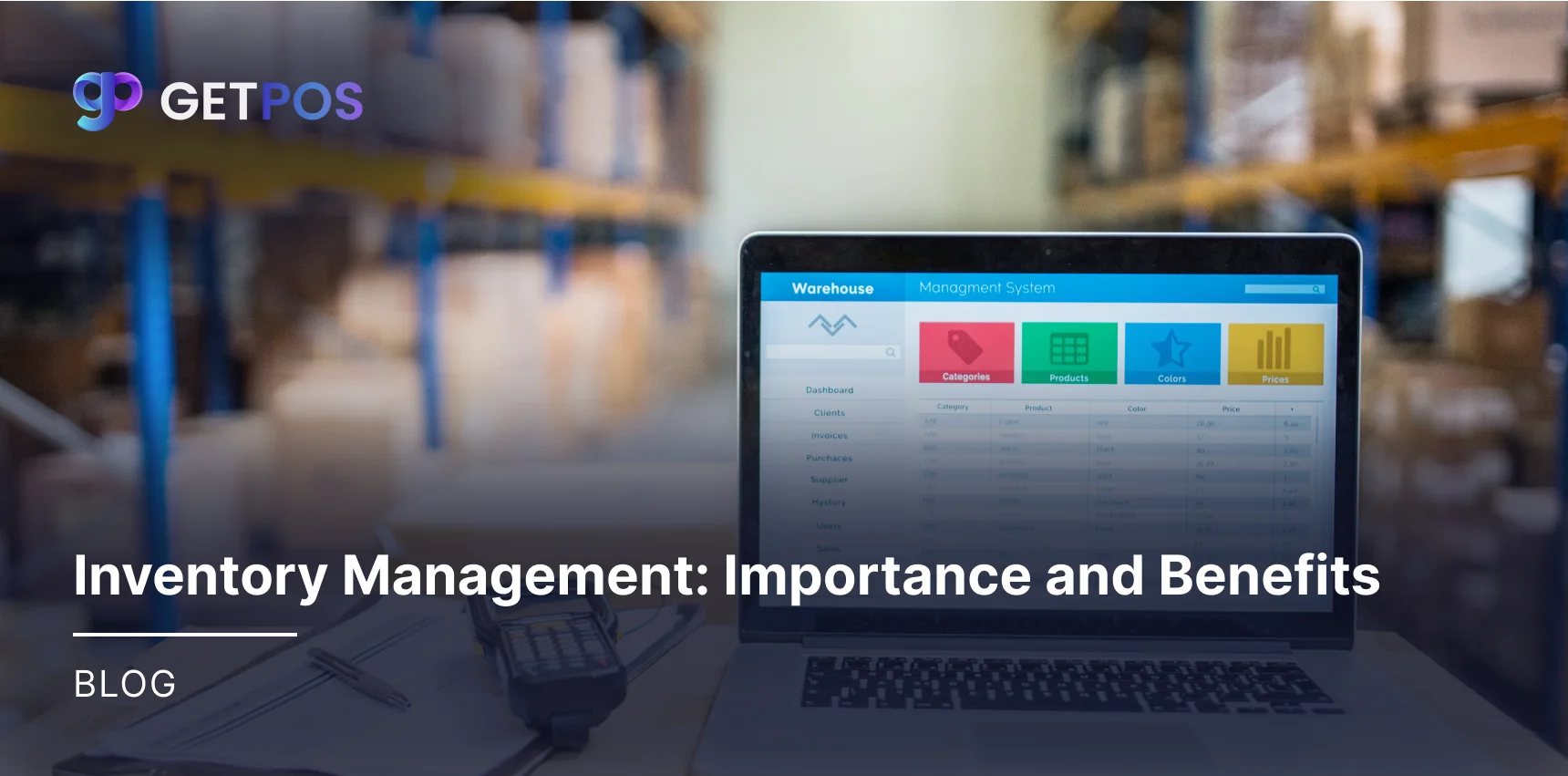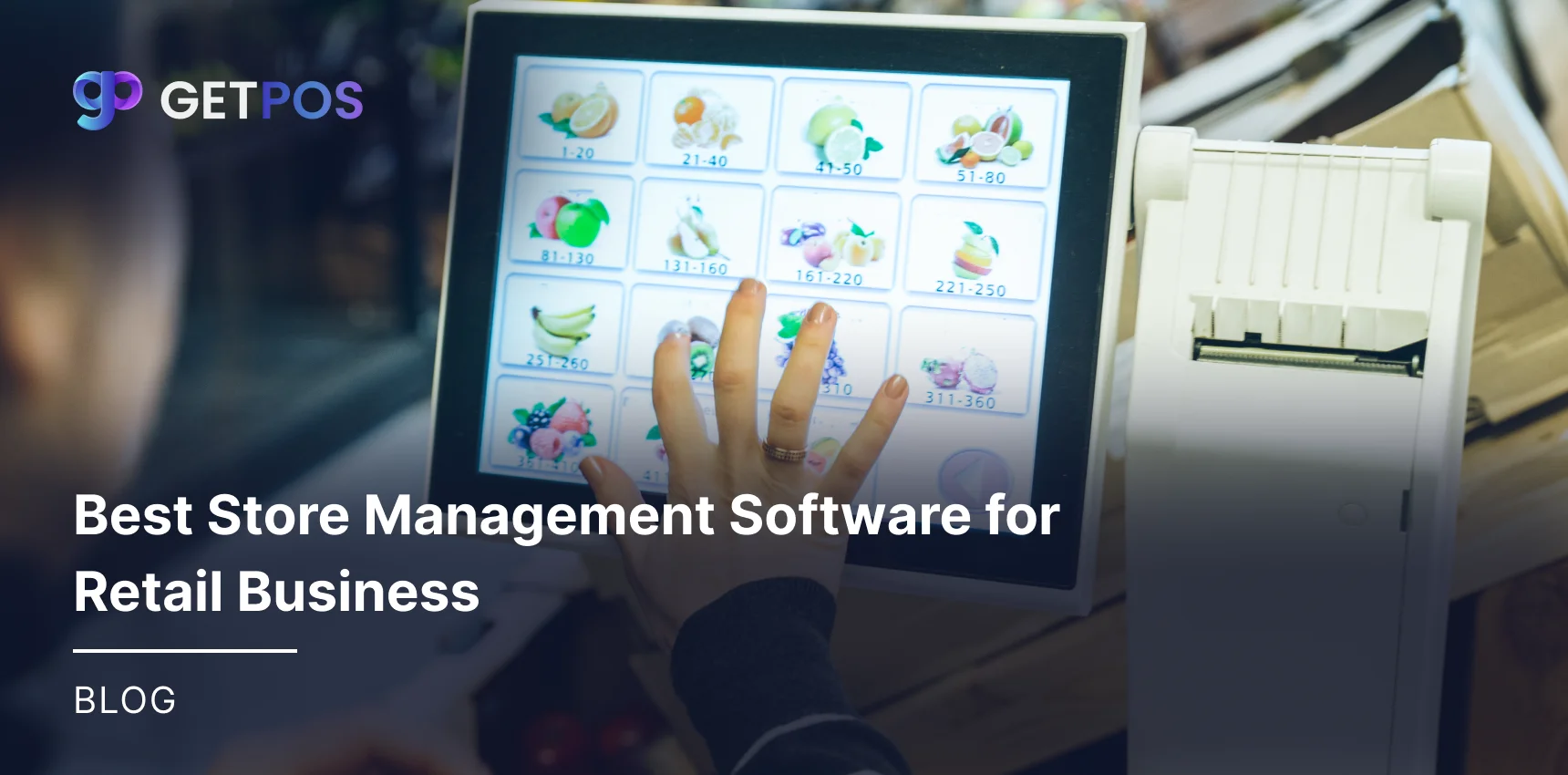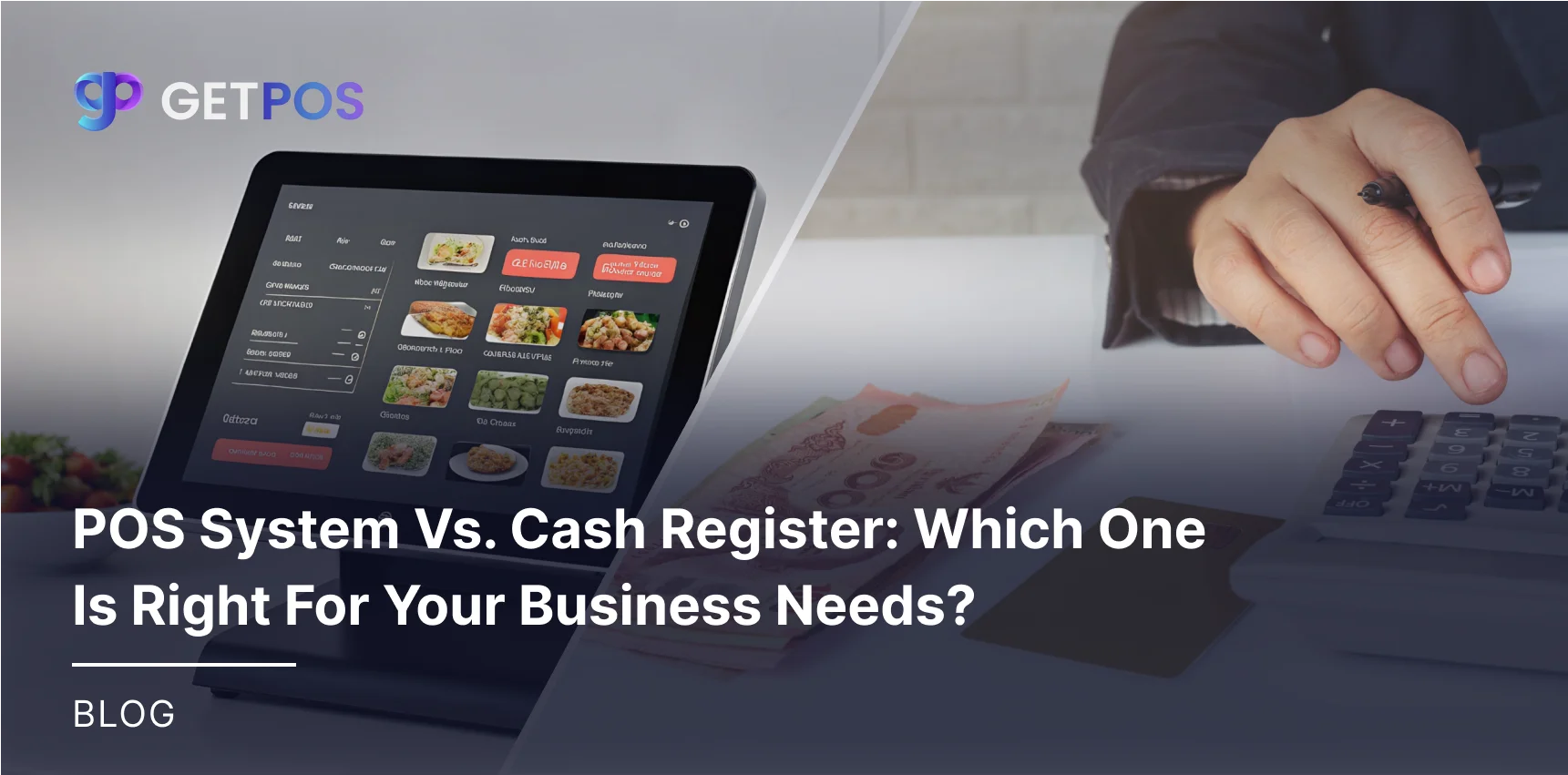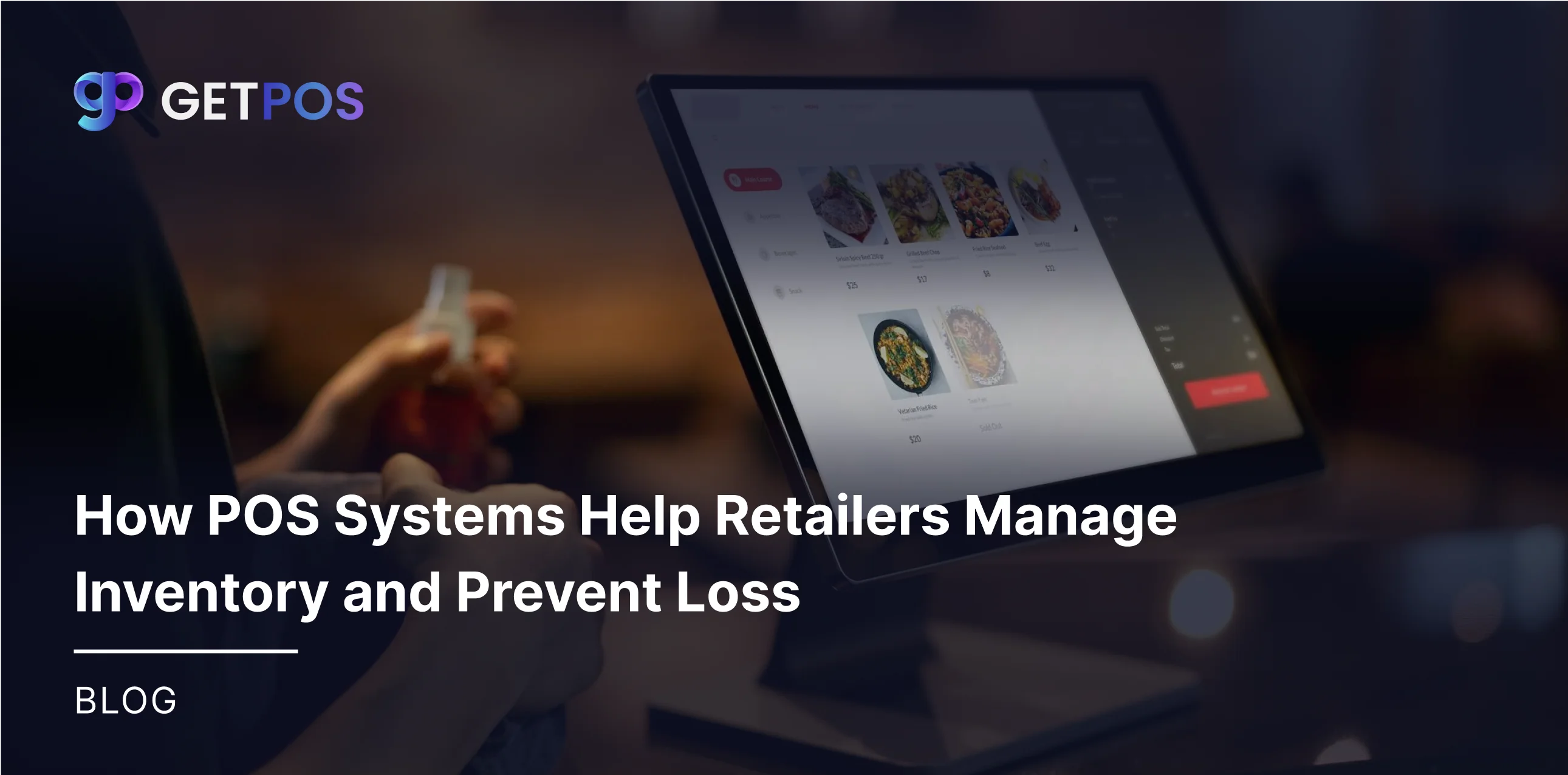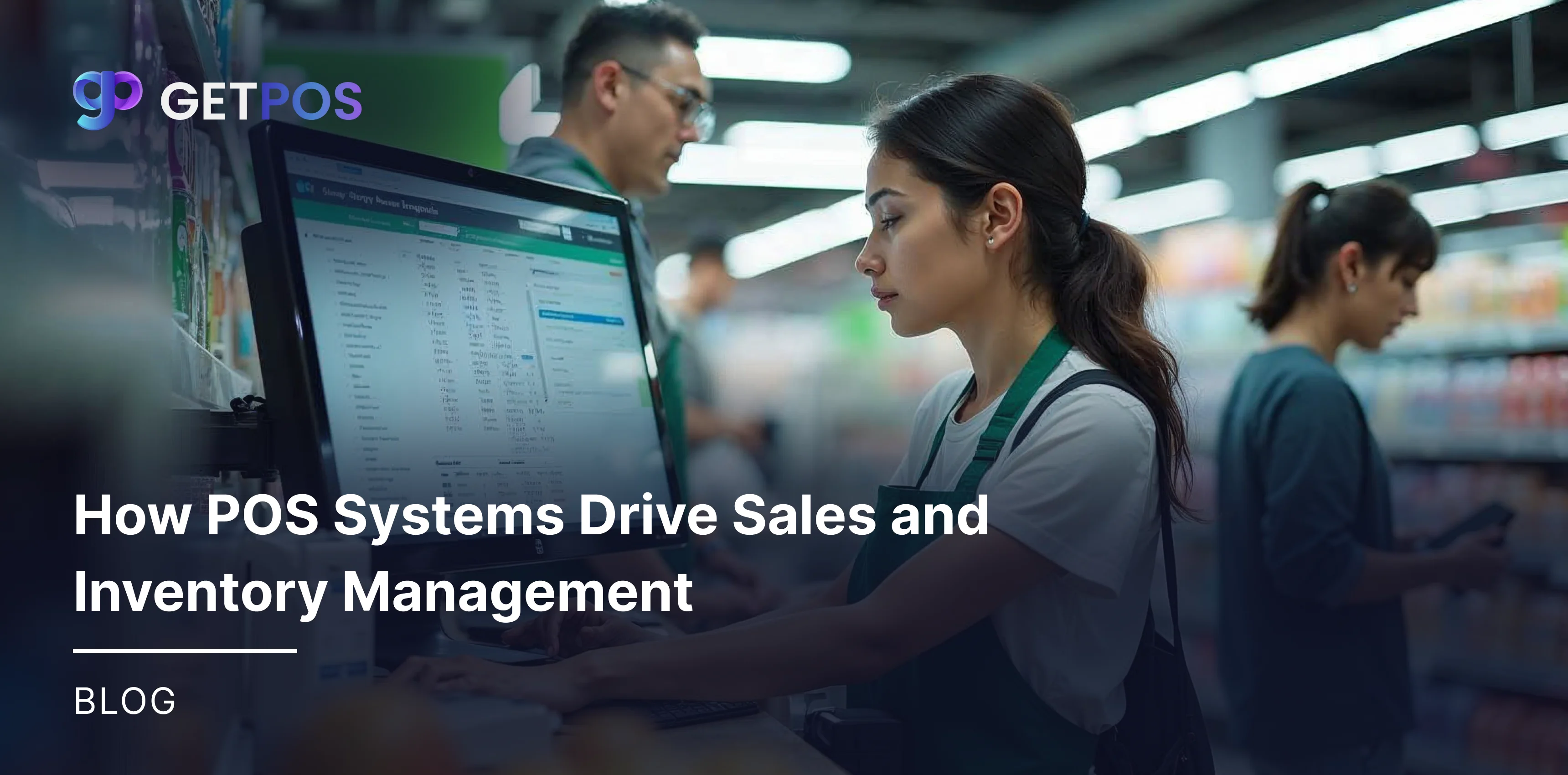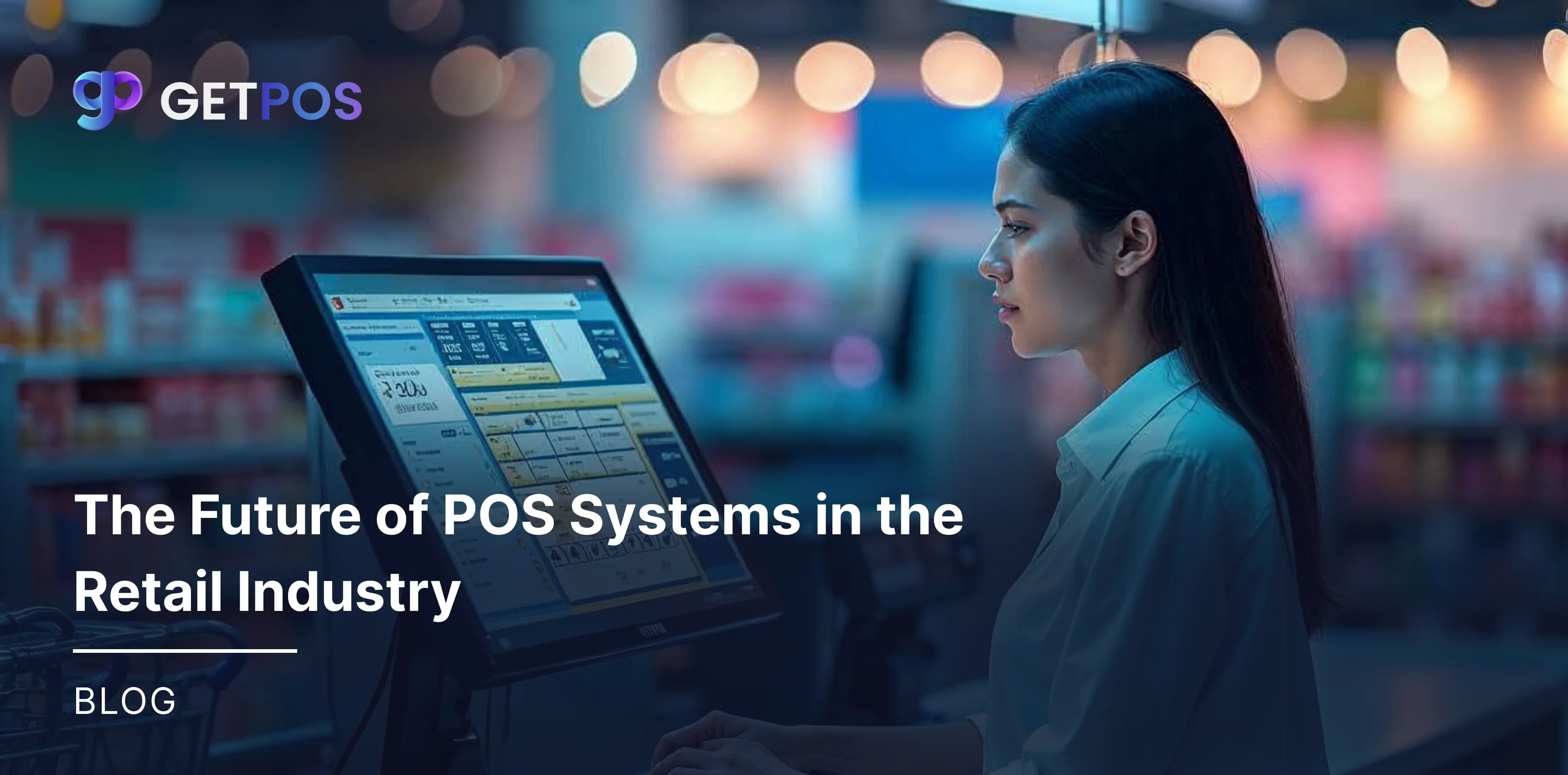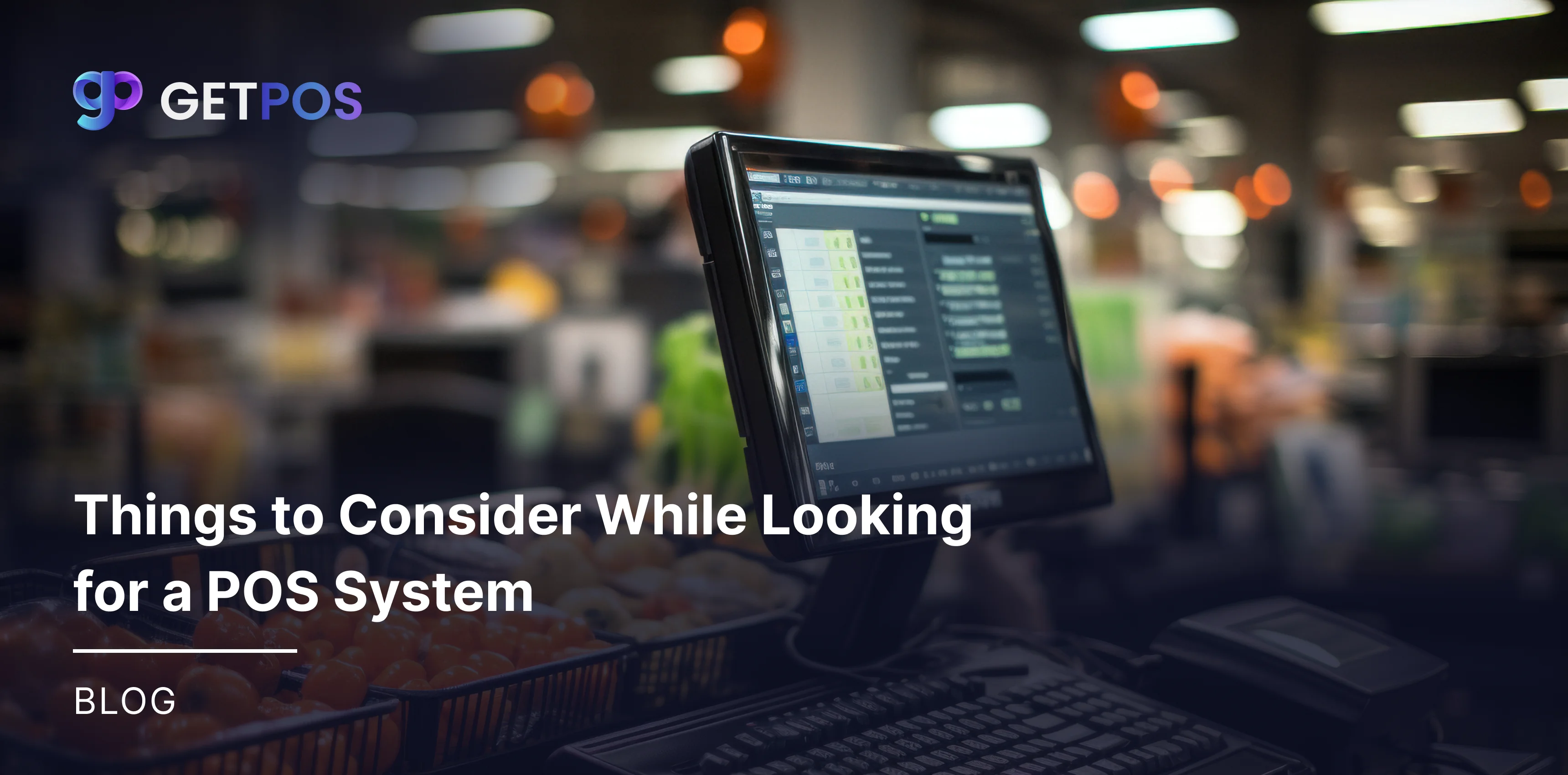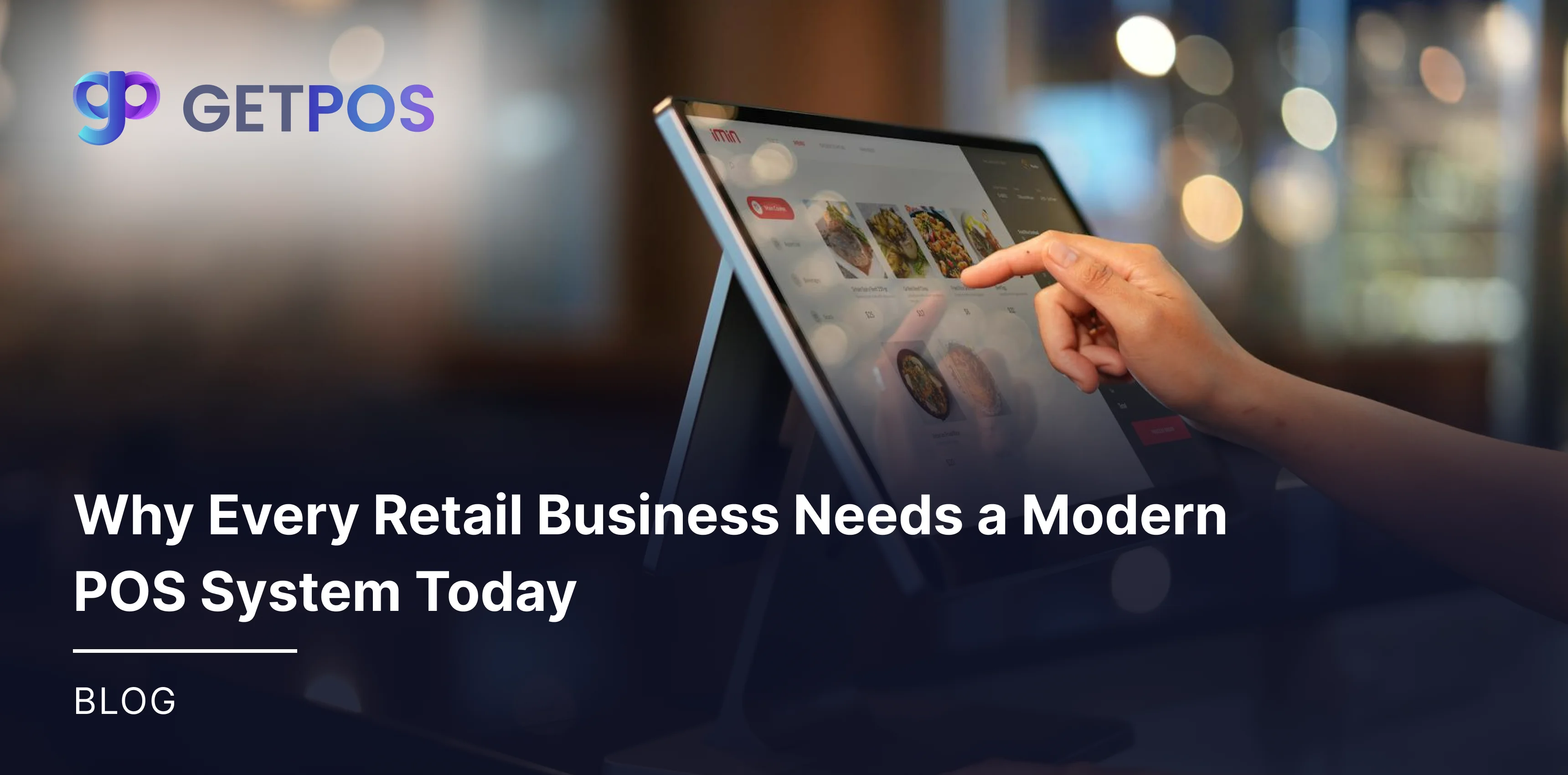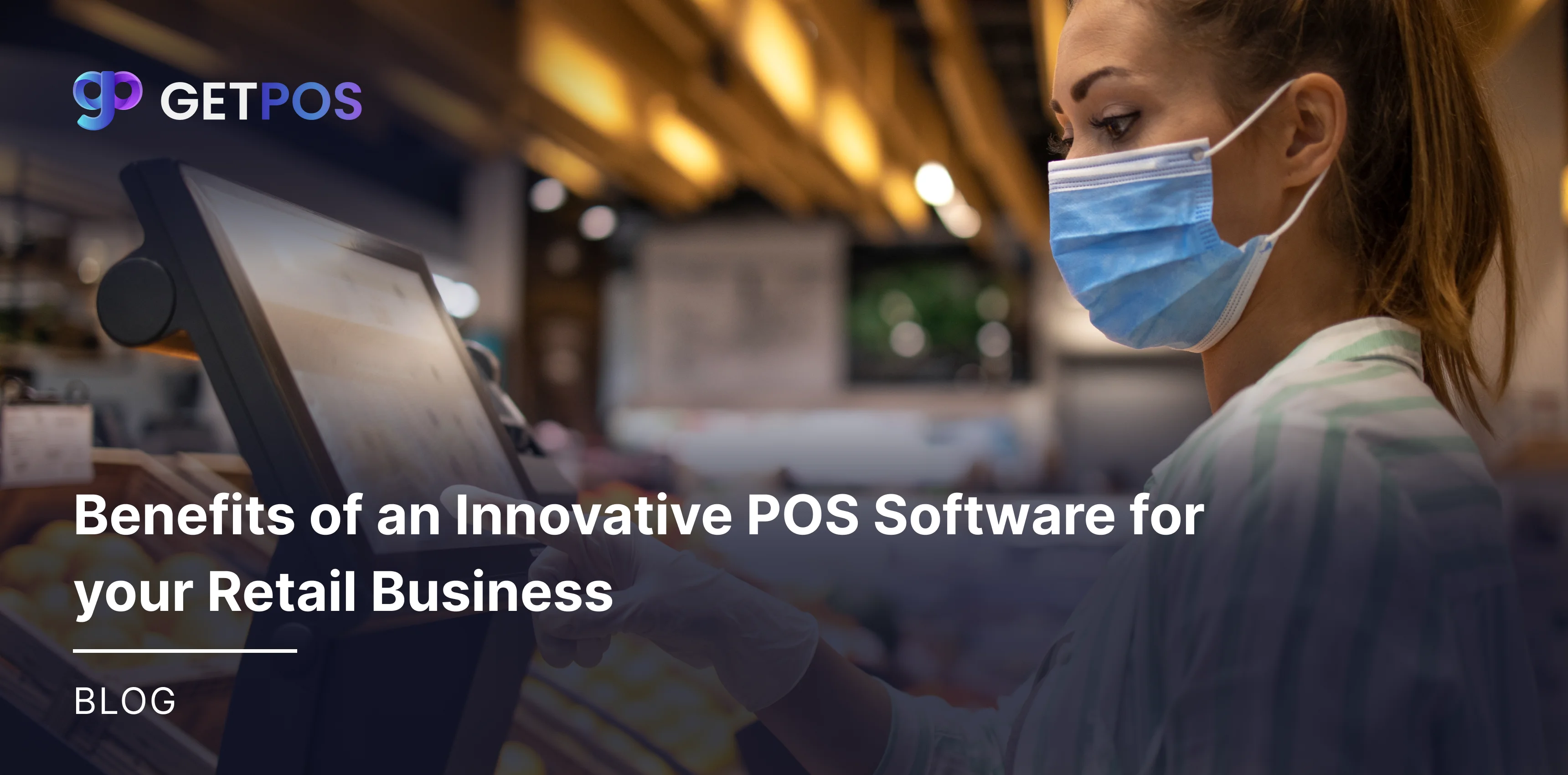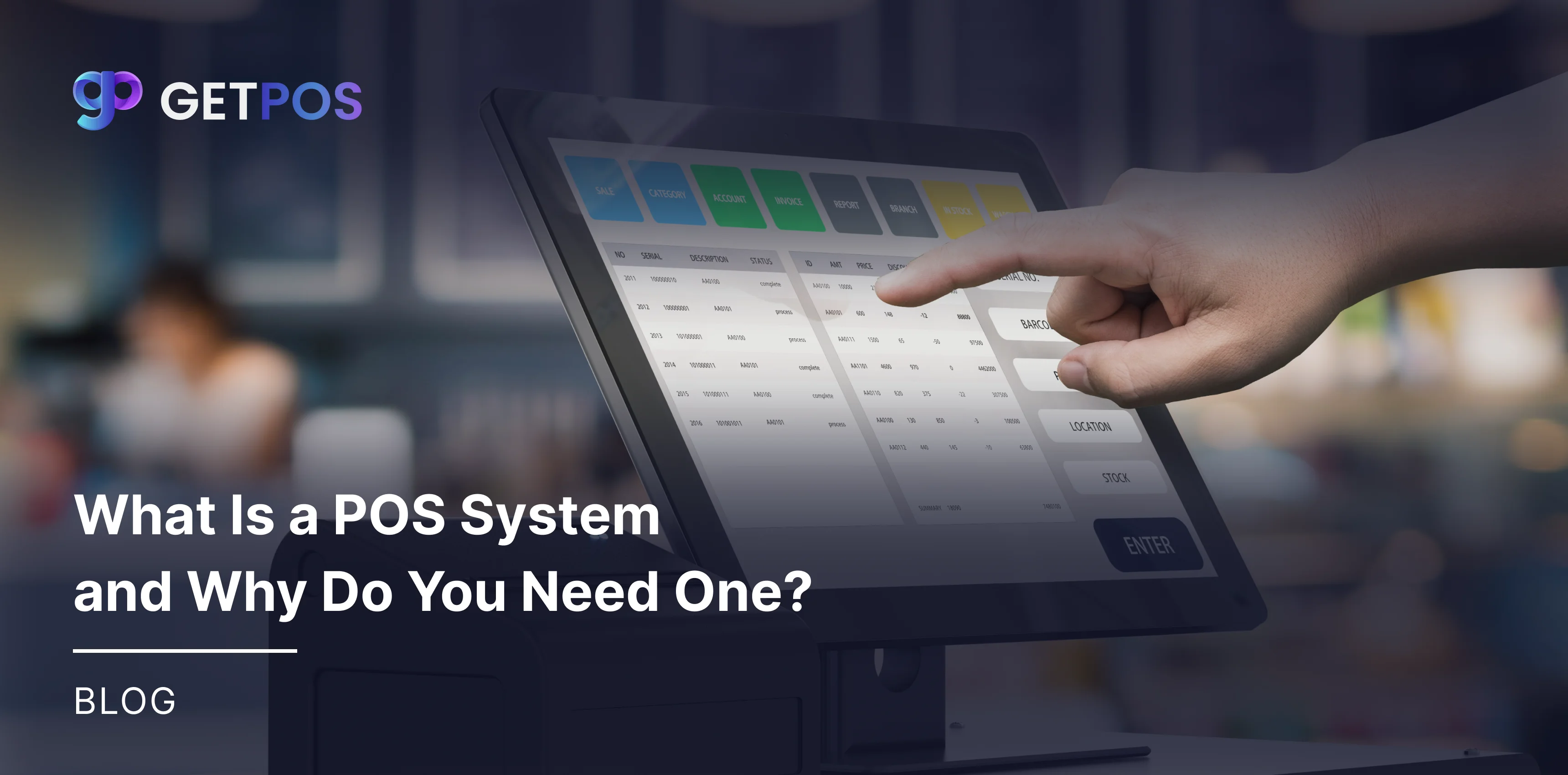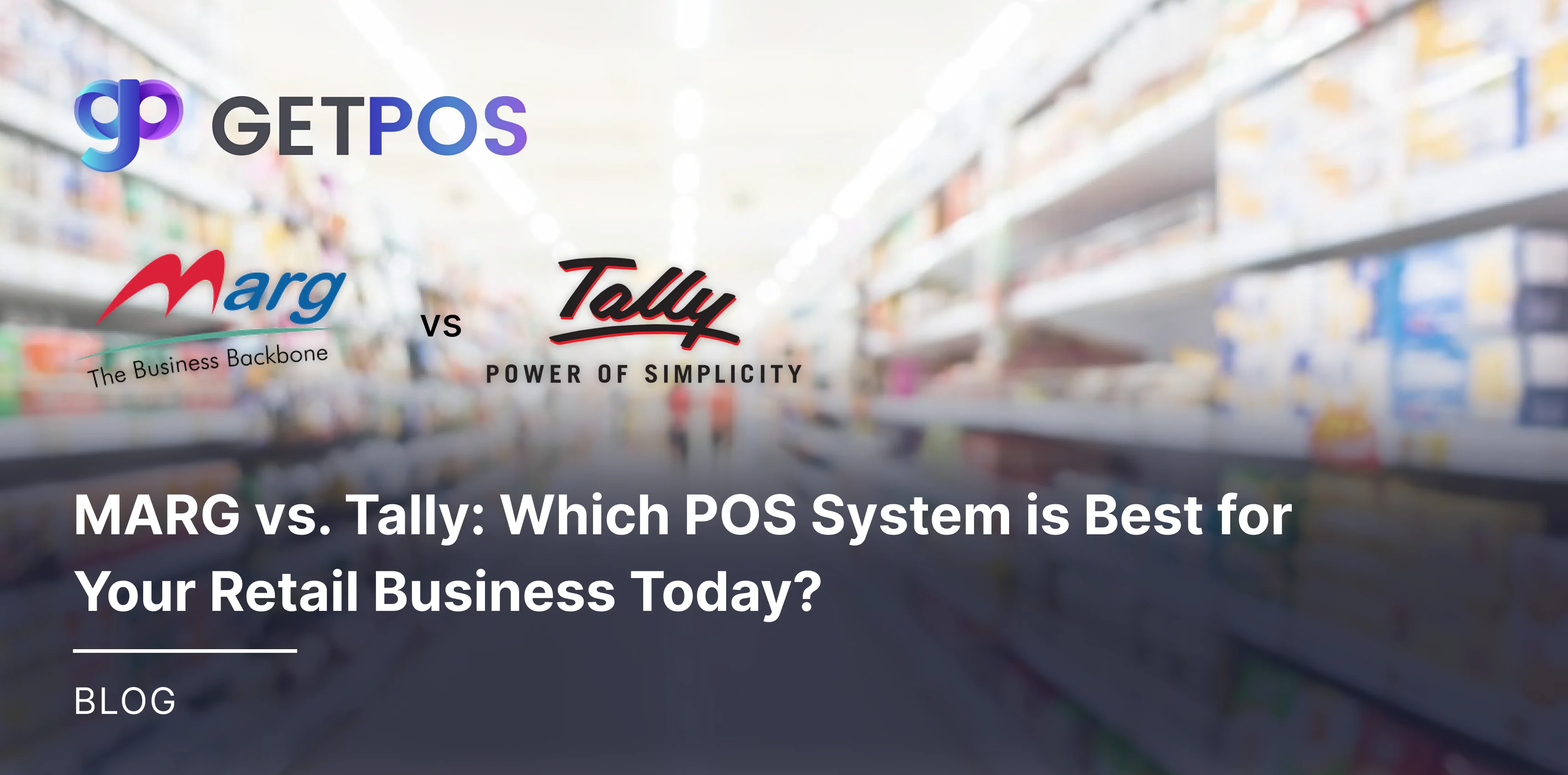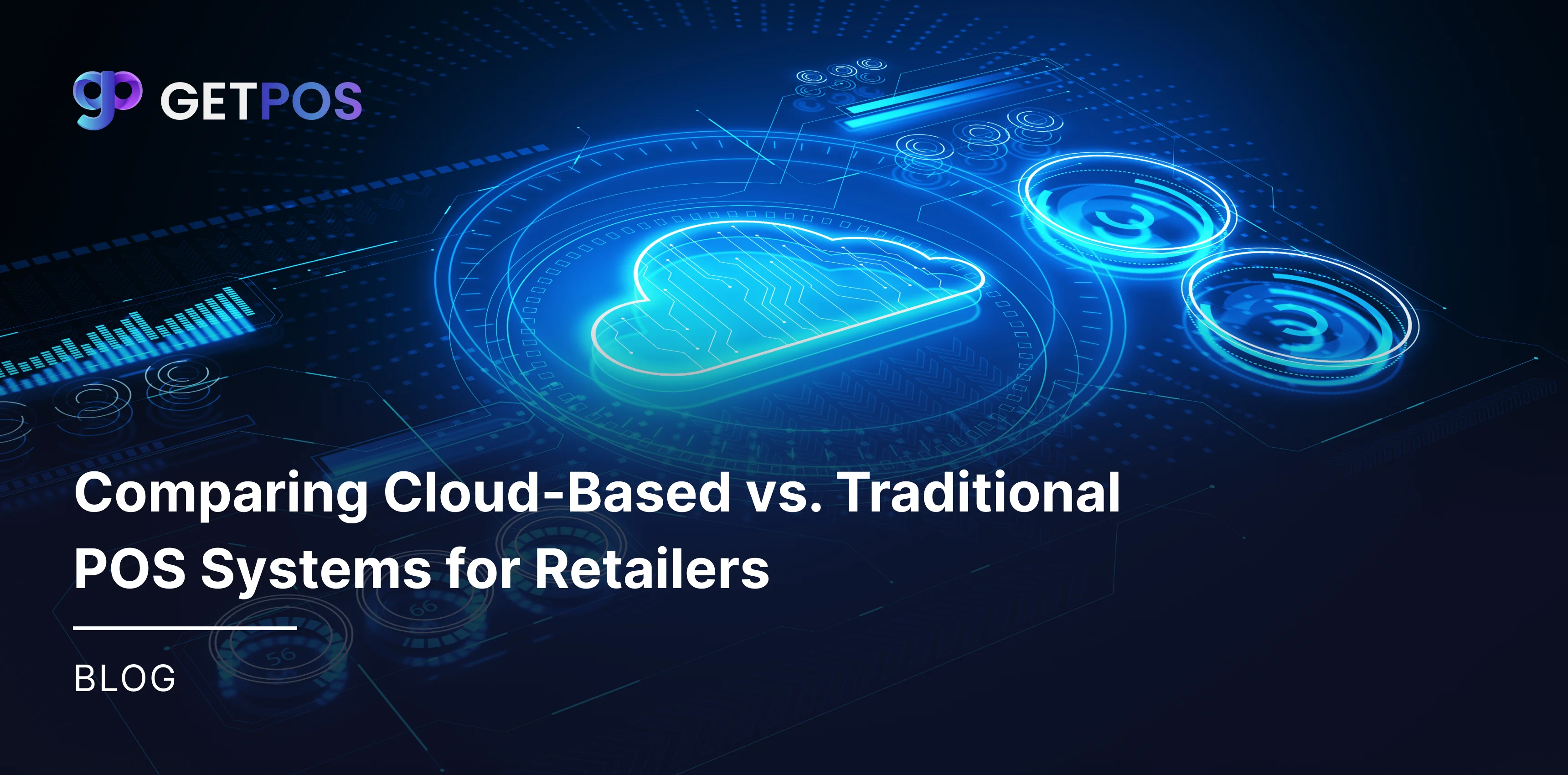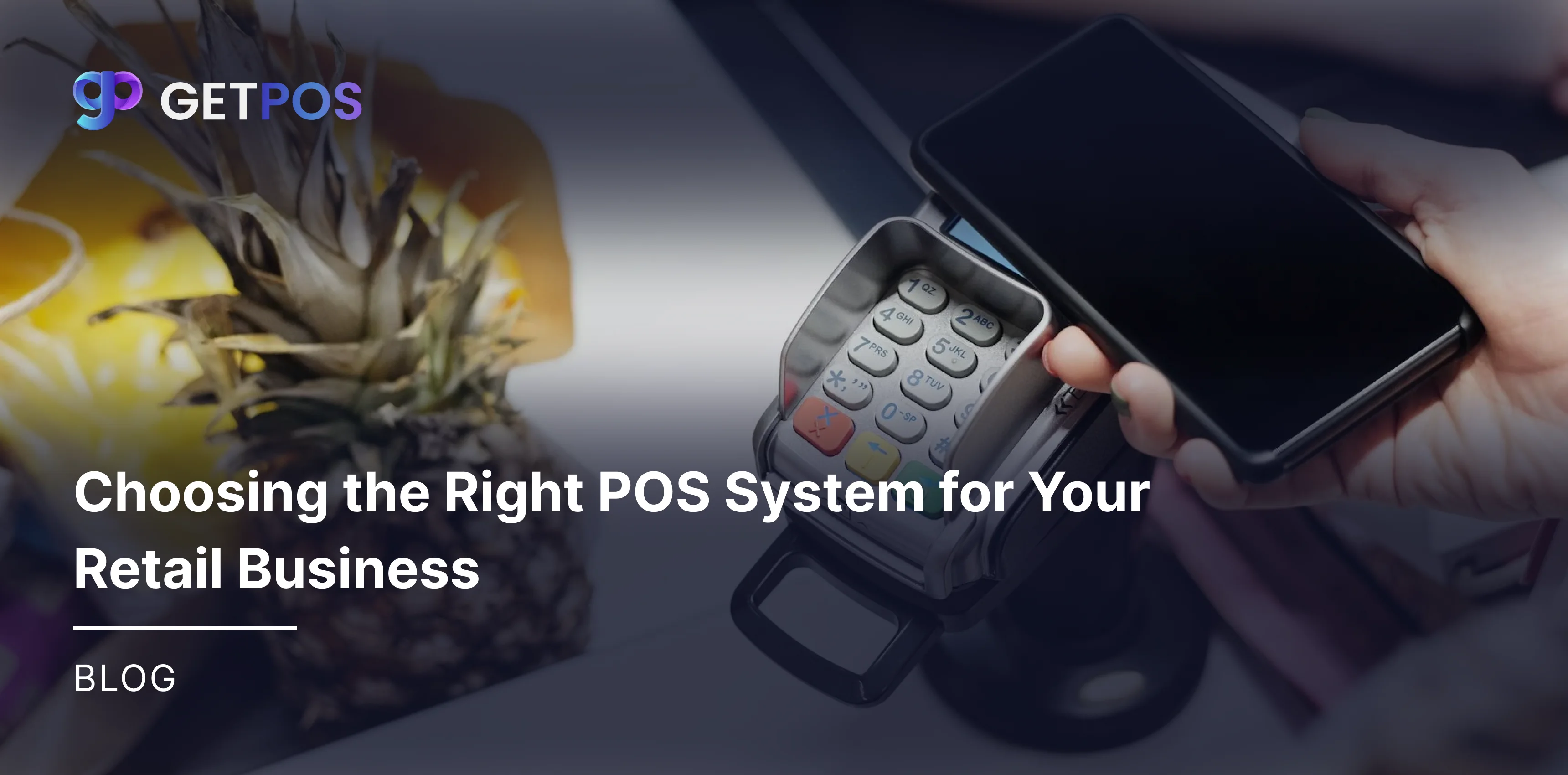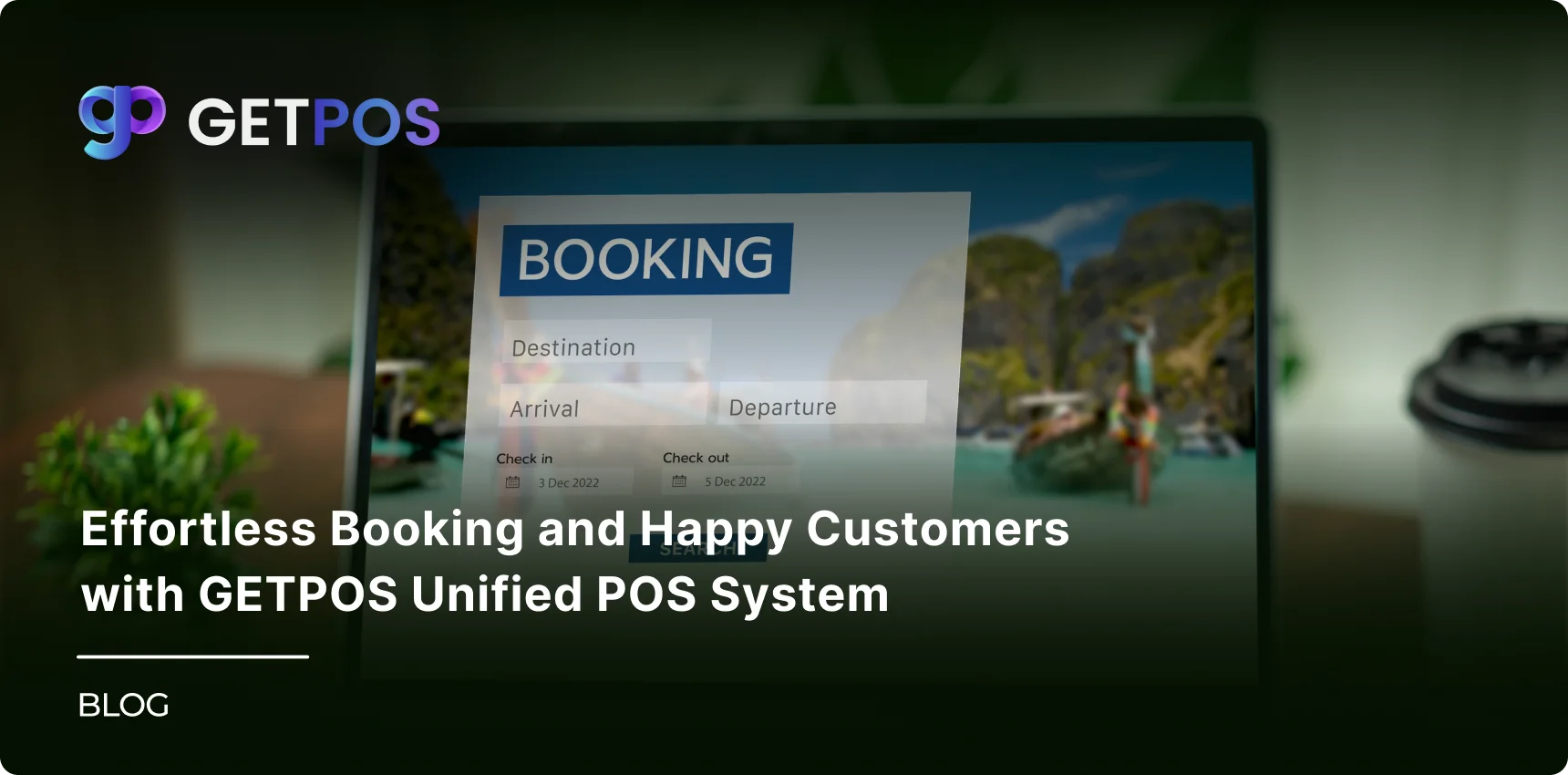Quick Summary
Point of sales solutions help businesses manage sales, track inventory, and handle customer data efficiently. They streamline payments, reduce errors, and support growth. Choosing the right system depends on your industry, budget, and future needs for smooth operations.
Table Of Contents
Introduction
Implementing and using new technology or solutions can be challenging and tough, especially for new business owners. Many business owners face problems like slow checkouts, payment errors, and inventory mistakes every day. These issues can make customers unhappy and cause your business to lose money. And, picking the right point of sales solutions can be confusing, with so many systems and features to choose from. In this blog post, we will explore the different challenges that come with using point of sales solutions and how you can solve them.
Key Takeaways
Point of sales solutions manage sales, inventory, and customer data efficiently.
Modern systems offer real-time analytics, secure payments, and CRM tools.
Choose cloud-based or on-premises based on flexibility and control needs.
Integration with e-commerce and accounting software simplifies operations.
Scalability ensures the system grows with your business.
Understanding Point of Sales Solutions For Your Business
Point of sales solutions are automated systems that help businesses handle sales transactions, and include both hardware and software. The hardware can be a computer, tablet, barcode scanner, card reader, receipt printer, and cash drawer, and the software is what runs the system and lets you process payments, manage inventory, track sales, and handle customer information. There can be integrations that allow the system to connect with other business tools, like accounting or e-commerce platforms, making everything work together smoothly.
In the past, businesses used simple cash registers that only handled cash payments, but with new technology today, the best POS system does much more. The modern point of sale solutions can accept many payment types, track inventory in real-time, manage customer data, and even give sales reports, and these systems help businesses work faster and avoid mistakes.
There are two main types of pos solutions: on-premises and cloud-based. On-premises systems are installed on local computers in the store and store data there. Cloud-based systems keep all data online, so you can access your business info from anywhere with the internet. Cloud-based best POS system options are flexible and easy to update, while on-premises systems give you more control but require more maintenance.
Read more in detail on What Is POS System.
Important Features and Functionalities of Modern POS Solutions
Modern point of sales solutions help businesses manage everyday tasks easily. They track inventory automatically, so you know what’s in stock and when to reorder. The sales tracking feature shows what’s selling well and what’s not from your products, helping you make smarter decisions. Payment processing is fast and secure when you use POS software, that accepts cash, cards, and digital wallets.
The CRM tools in best POS system platforms can safely and efficiently store customer details, like purchase history, so you can offer personalized deals or loyalty rewards. It also has multichannel features that let you sell online and in-store seamlessly, syncing orders and inventory in real-time.
Real-time analytics are very important and useful feature that give instant reports on sales, profits, or customer trends, so you can adjust quickly. Mobile features allow payments via tablets or phones, while contactless options make checkouts faster. These tools in best point of sale system setups save time, reduce errors, and keep customers happy.
Want to know How POS Systems Help Retailers Manage Inventory?
Addressing Common Challenges with Point of Sales Solutions
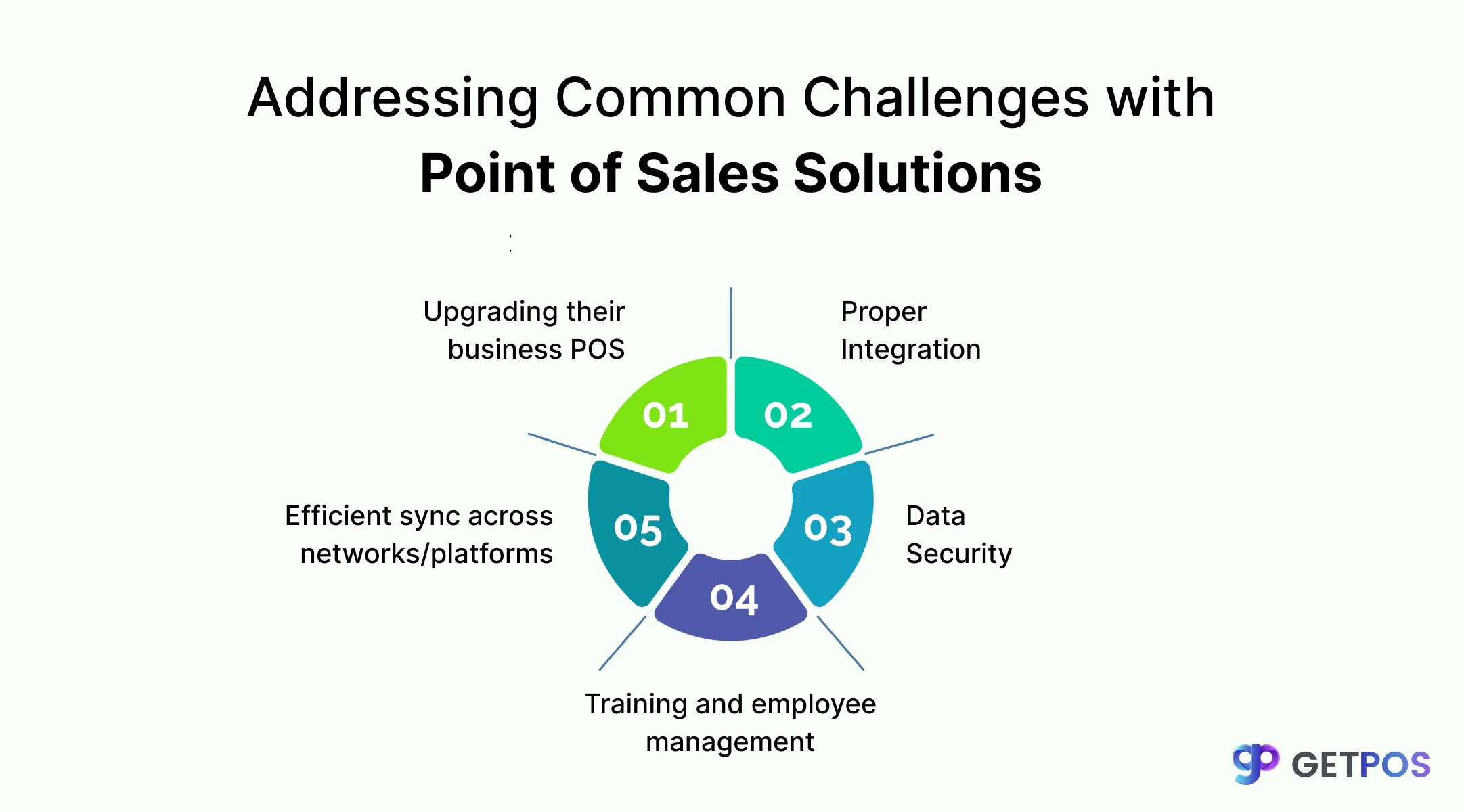
It is very common for businesses to face some challenges when implementing a POS software system, whether they are using it for the first time or shifting from a traditional system to a POS one.
Upgrading their business POS: Many businesses face challenges when setting up or upgrading their point of sales solutions.
Proper Integration: One big issue is making sure the new system works well with other business tools, like accounting software, ERP, or e-commerce platforms. The best pos system should offer easy integration, so you don’t have to change your whole setup. Many modern and best best pos systems come with built-in integrations or APIs, making it easier to connect with your existing software and hardware.
Data security: When starting out or scaling, data security is another major concern, thus here point of sales solutions must protect customer information and follow rules like PCI compliance. This means using secure payment methods, encrypting data, and making sure only the right people have access to sensitive details.
Training and employee management: Staff training is also important, and employees need to learn how to use the new best point of sale system quickly and correctly. Good training helps avoid mistakes and makes the switch smoother.
Proper and efficient sync across networks/platforms: For businesses with more than one store or that sell both online and offline, managing everything can get complicated. The best pos system should help you keep data and inventory in sync across all channels, making it easier to run your business without confusion or errors.
Check out the comparison POS System Vs. Cash Register.
Choosing the Best Point of Sale System for Your Business
For your business, you should consider many important factors when choosing the right point of sale solution, so that it provides you with the much needed automation and streamlining for your unique business. You should think about scalability, like can the system grow with your business if you add more products, locations, or services, etc. Next, check if the point of sales solutions fit your industry, like retail, restaurants, or services, because each has special needs. Your budget is also an important factor to consider, so compare costs for setup, monthly fees, and extra features. You can also check for good customer support, to make sure help is easy to reach when you need it like Electronics Store POS Software.
When comparing leading best pos system options, look for features like easy integration with your current tools, strong security, and real-time analytics. The best pos system stands out by offering customization, so you can adjust it to fit your business needs and workflows, and choose point of sales solutions that get regular updates and can add new features as your business grows. This way, your system stays useful and reliable for years. Also, learn about maximizing your efficiency with POS.
Conclusion
Point of sales solutions can simplify how you handle sales, inventory, and customer needs. Choosing the best and right pos system, depending on your business size, industry, and goals. By focusing on scalability, support, and future updates, you’ll avoid common challenges and keep operations running smoothly. Whether you run a small shop or a multi-location business, the right and the best point of sale system saves time, reduces errors, and helps you serve customers better, so start by assessing your needs to find the perfect fit.
Frequently Asked Questions
When you scan or select items, the system calculates the total, processes payment, updates inventory, and records the transaction, all in one smooth step for you and your customer.
Yes, most modern point of sales solutions offer easy integration with e-commerce platforms, accounting software, and other business tools to keep everything connected and up to date.
On-premises systems run locally in your store, while cloud-based solutions store data online, allowing you to access business information from anywhere with internet access.
You may pay for hardware, monthly software fees, payment processing charges, and occasional updates or support, depending on the best point of sale system you choose.


